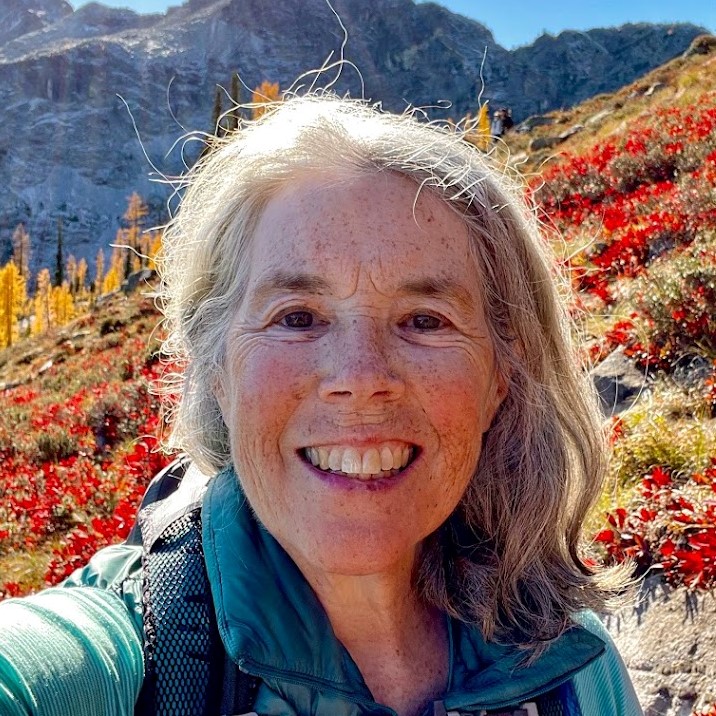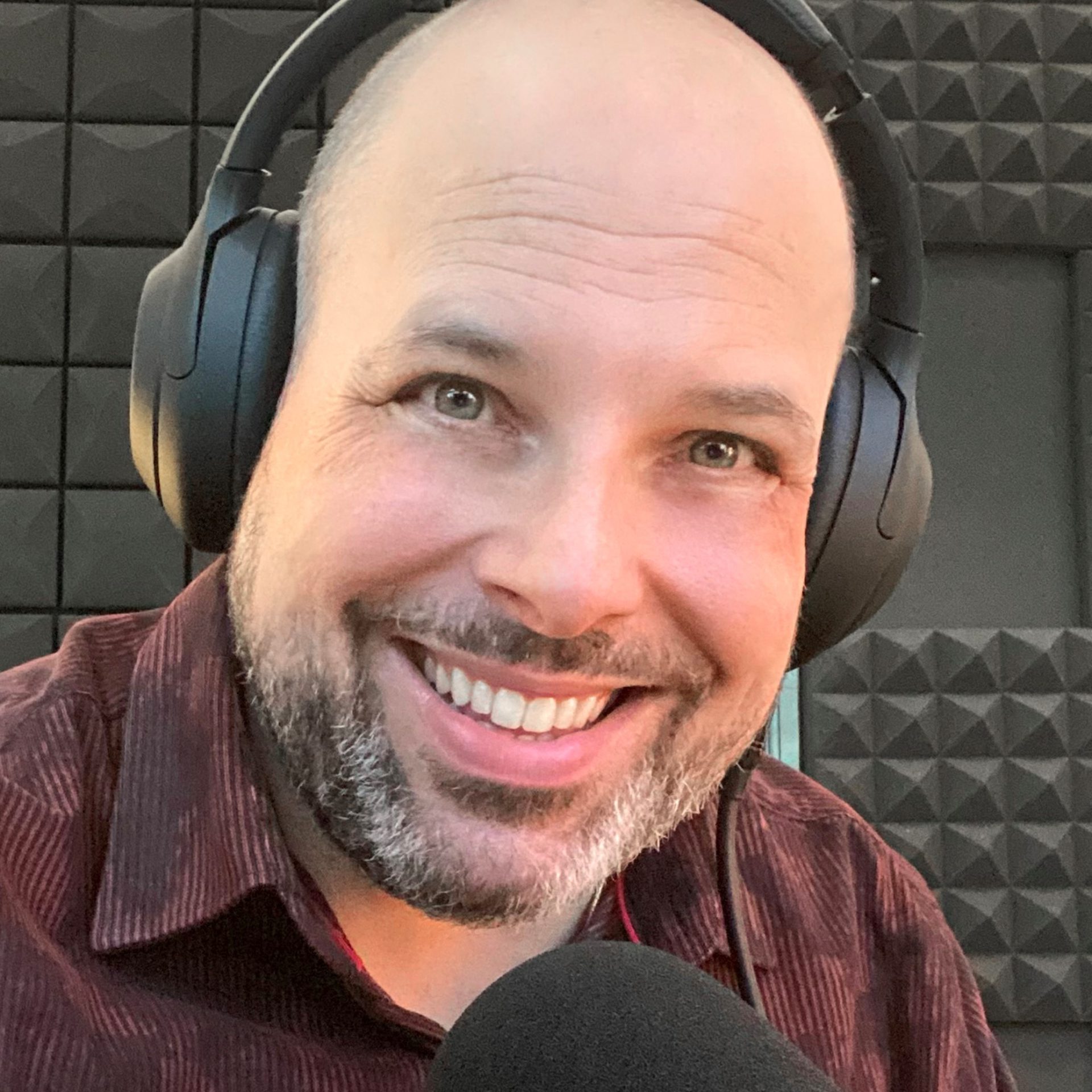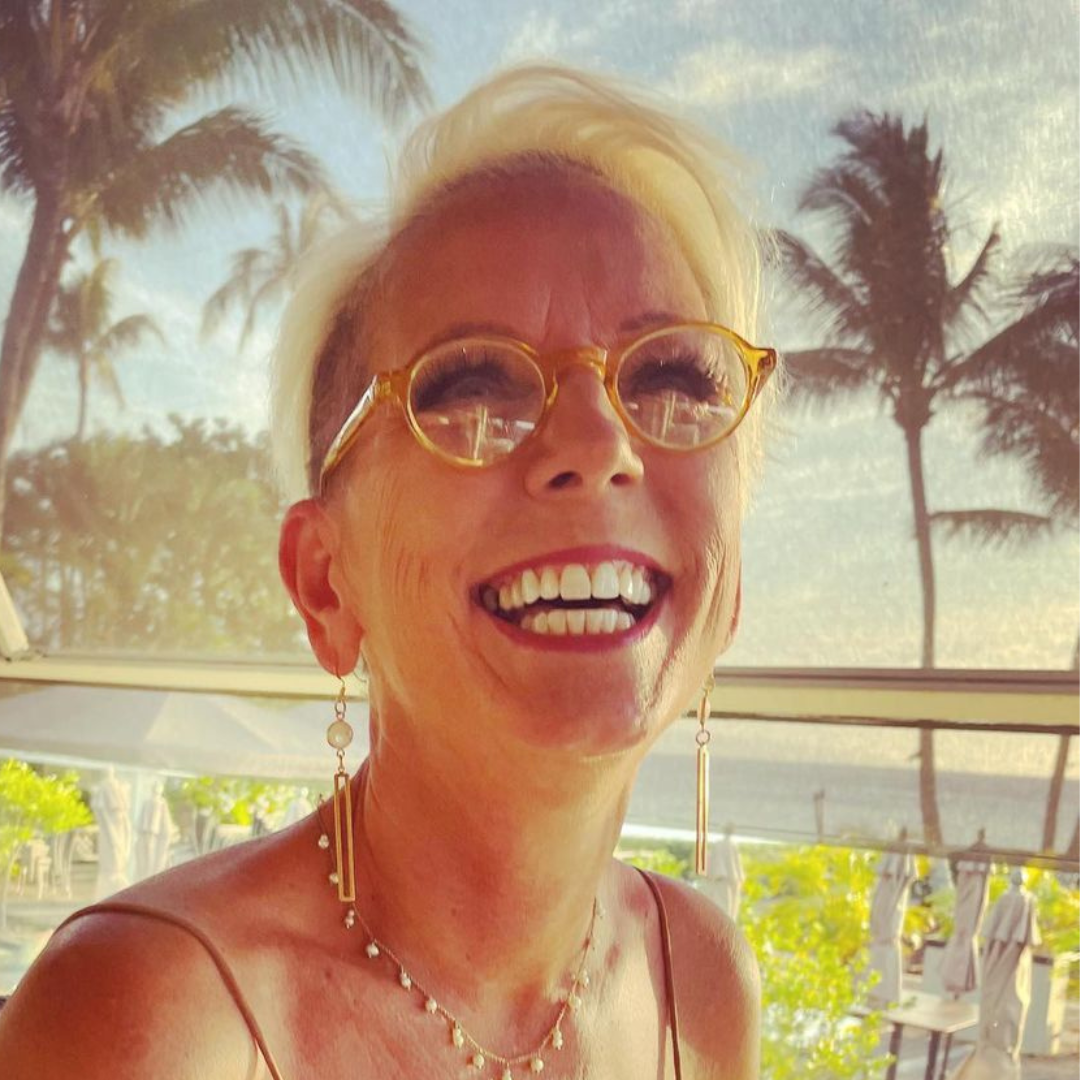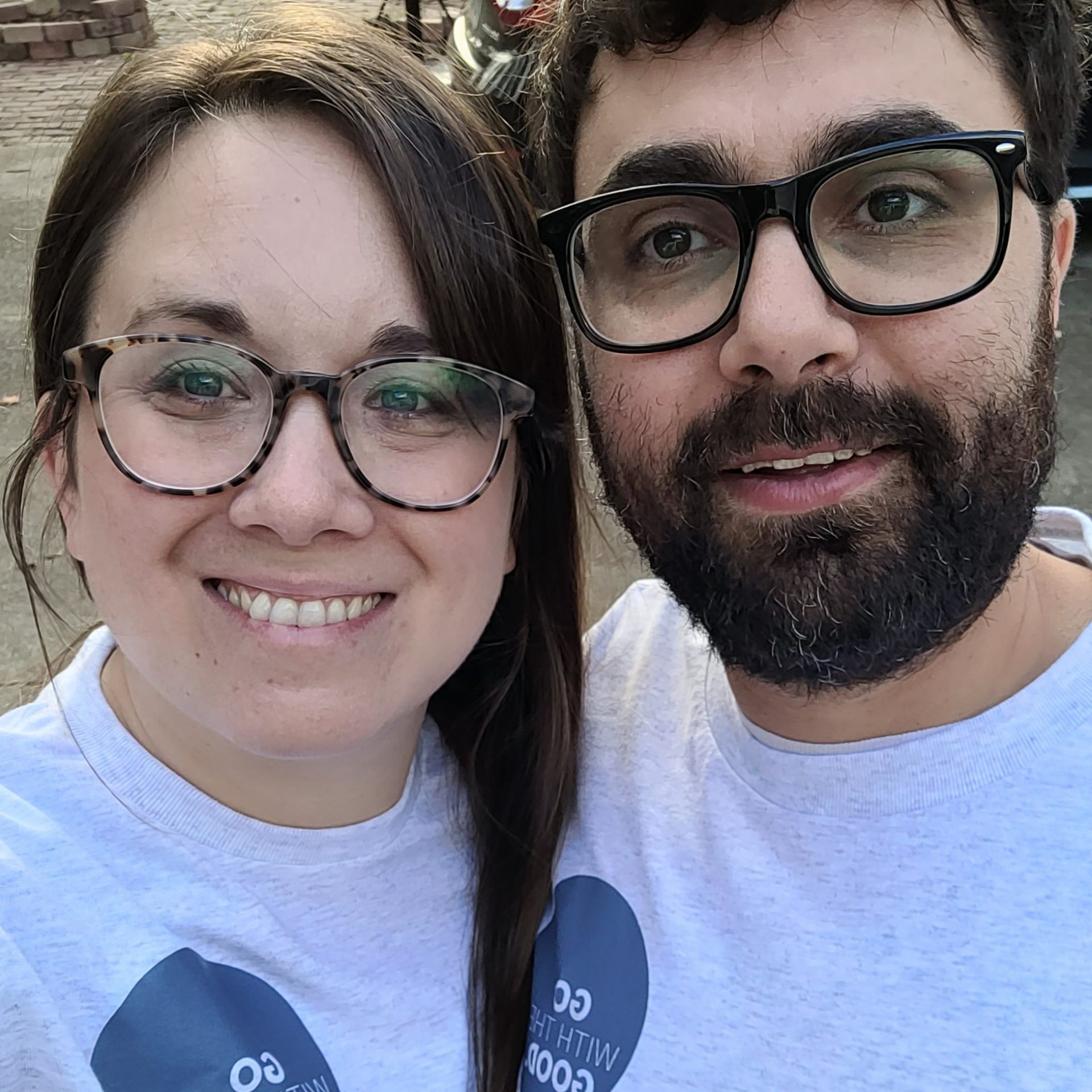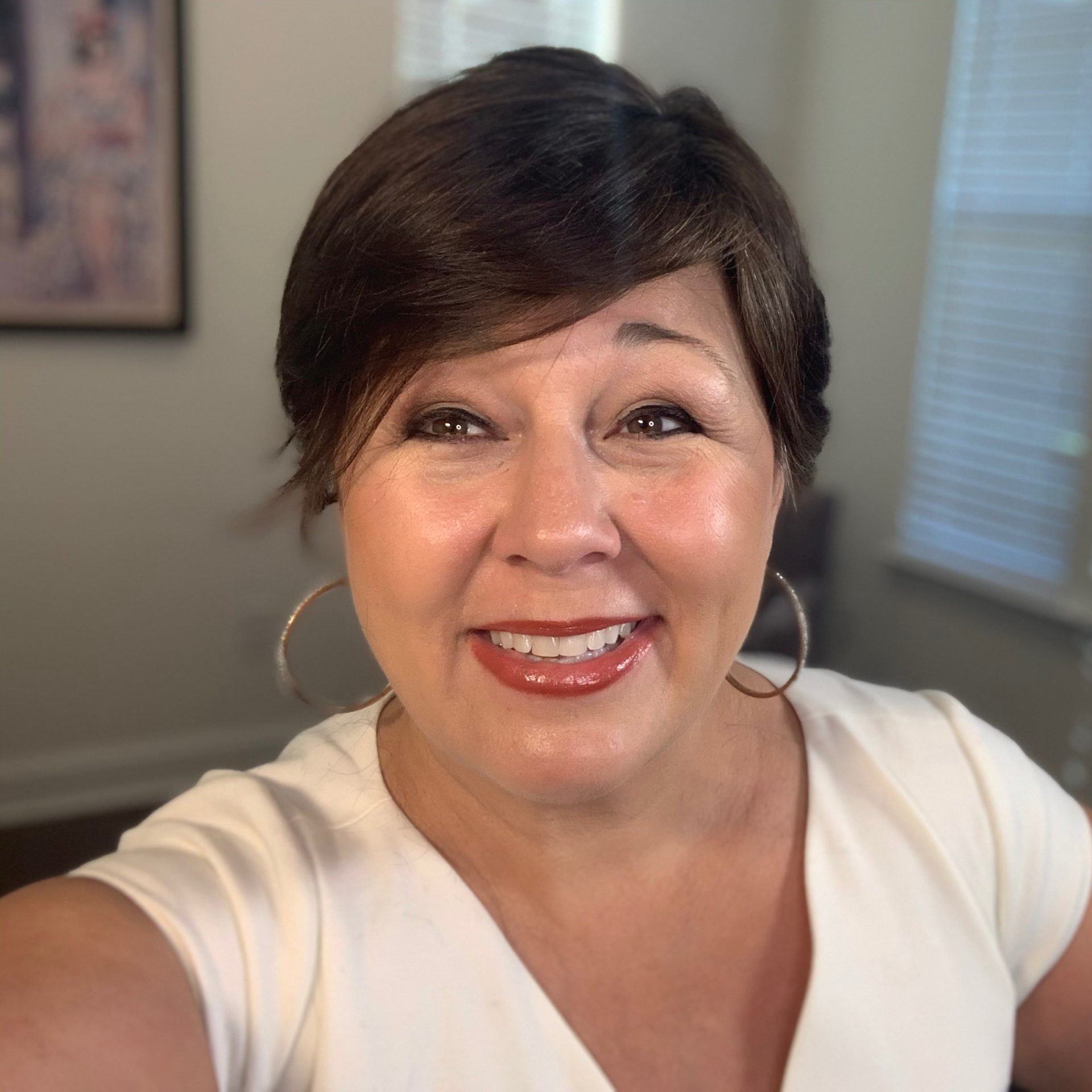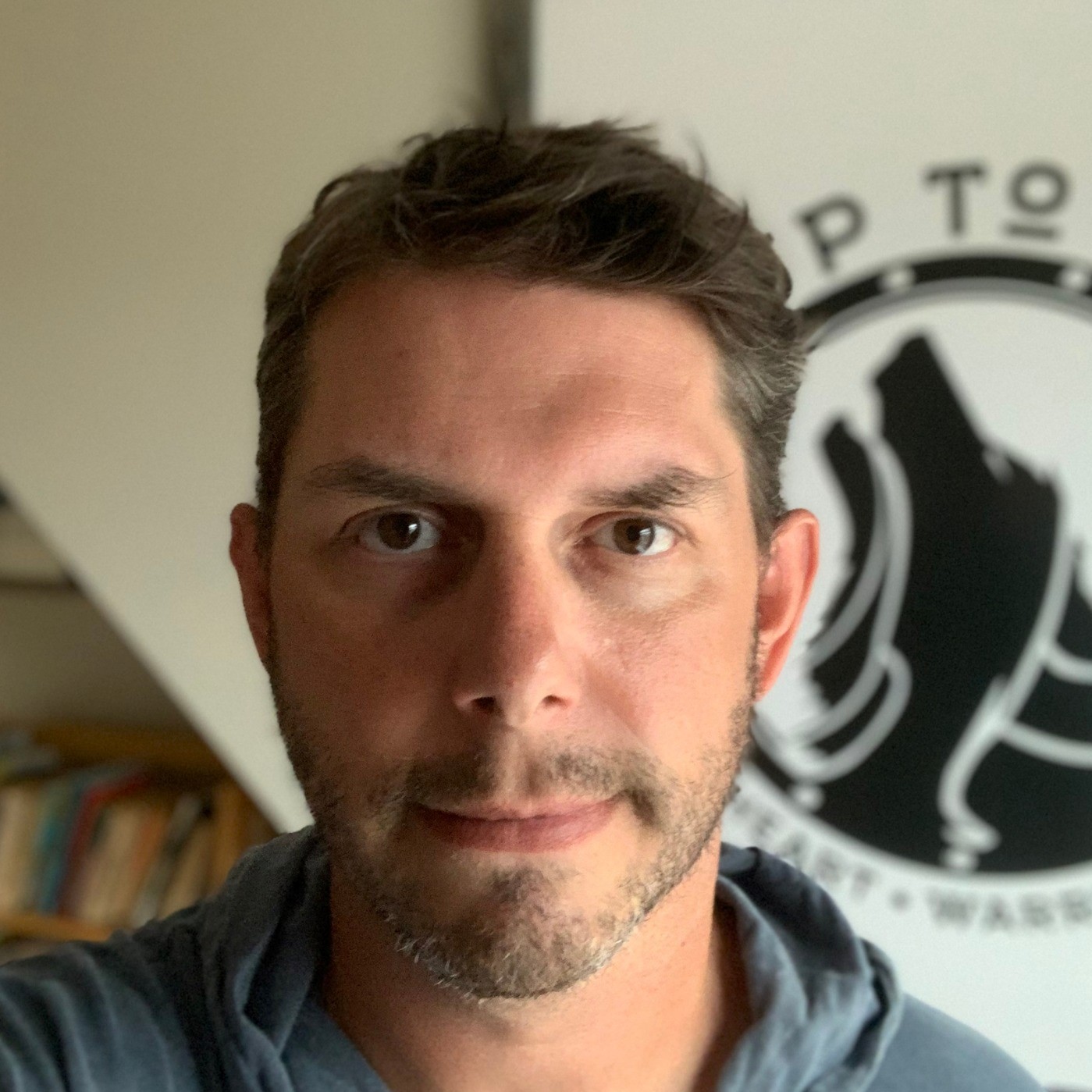Returning to Life After Cancer | Cancer Friends
Featuring Shellie Oakley
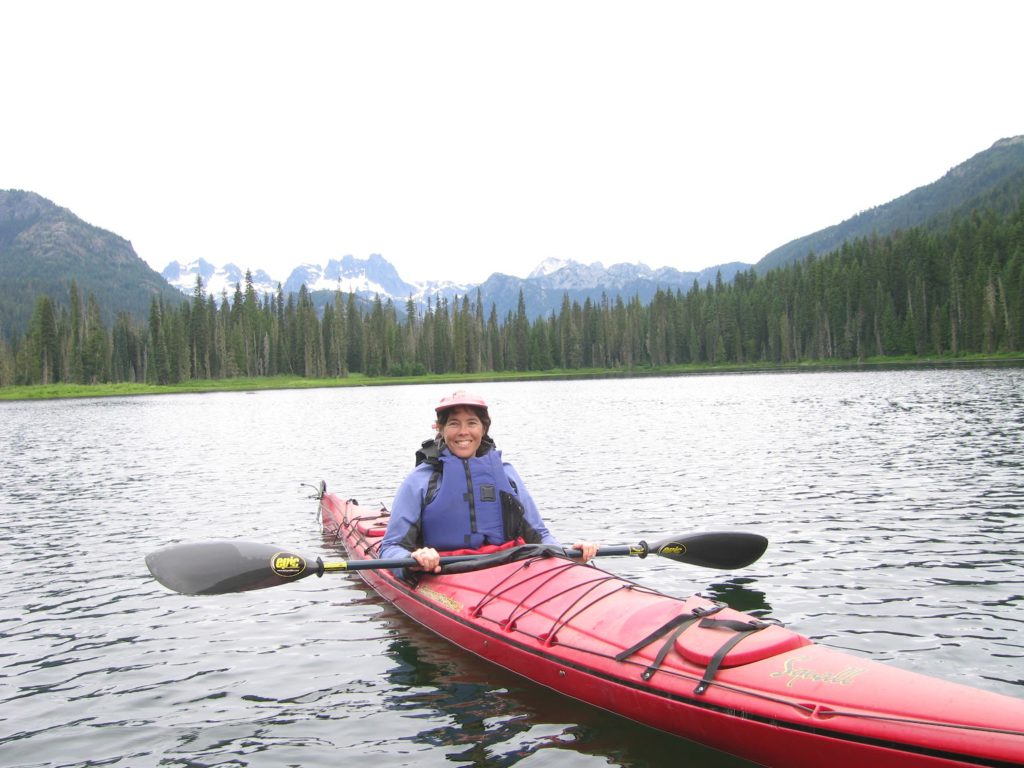
The Patient Story’s new series “Cancer Friends” features Andrew and Esther Schorr. They co-founded PatientPower.info, a resource for other cancer patients and caregivers to help them through their diagnosis and treatment.
This segment focuses on Shellie Oakley, who was diagnosed with breast cancer in 2008. She underwent a mastectomy and reconstruction. Shellie shares how she returned to her active life after treatment, as well as being a hands-on grandmother.
This interview has been edited for clarity. This is not medical advice. Please consult with your healthcare provider for treatment decisions.
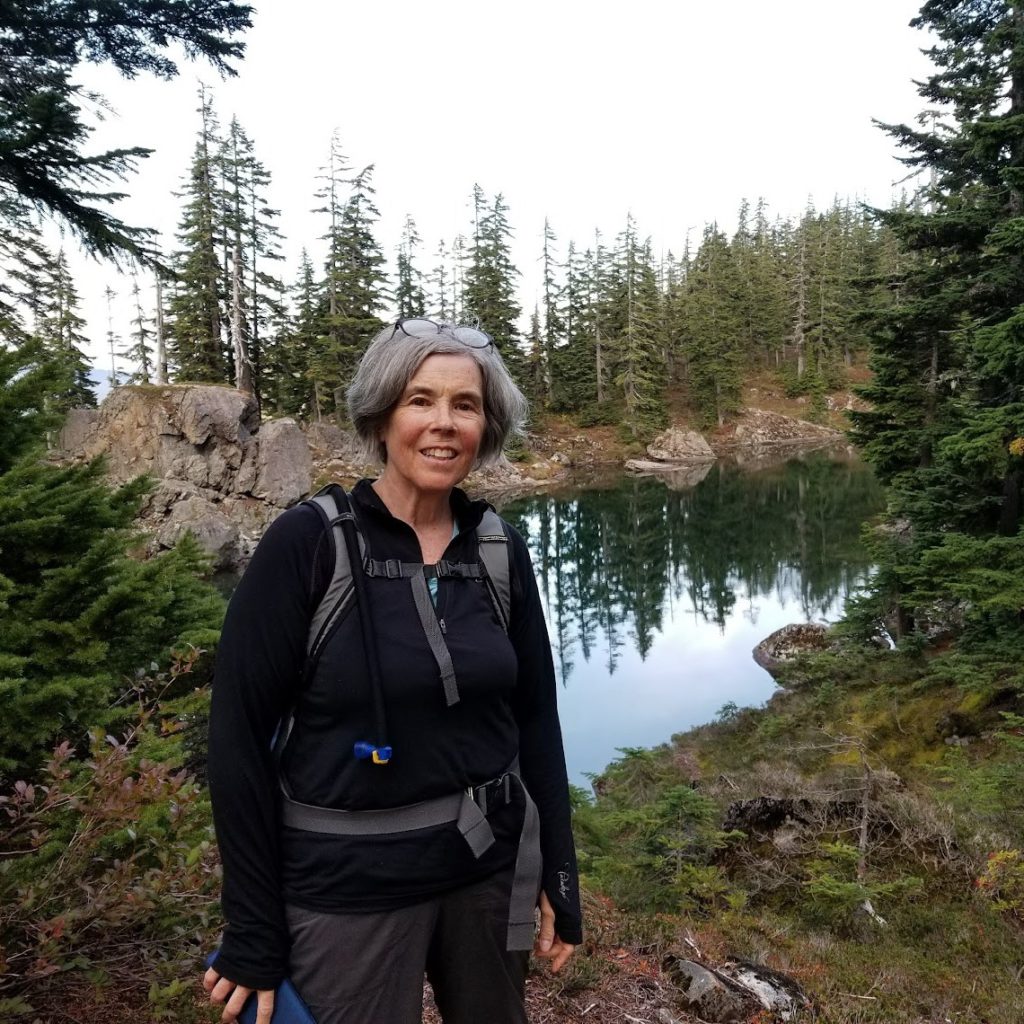
One of my things in terms of embracing life has been always looking for a sense of awe in the world.
Shellie Oakley
Introduction and diagnosis
Esther Schorr, The Patient Story: This is Esther Schorr with another edition of our Cancer Friends series. Today I feel very, very fortunate to have one of my dearest friends, Shellie Oakley from Bellevue, Washington, who is a breast cancer survivor of many years.
Shellie went through a mastectomy, reconstruction and a number of complications and additional things that happened to her. She is one of the most stick-to-it, can-do people that I know, an incredible outdoors woman and has a partner who equally has a love of outdoors and activities.
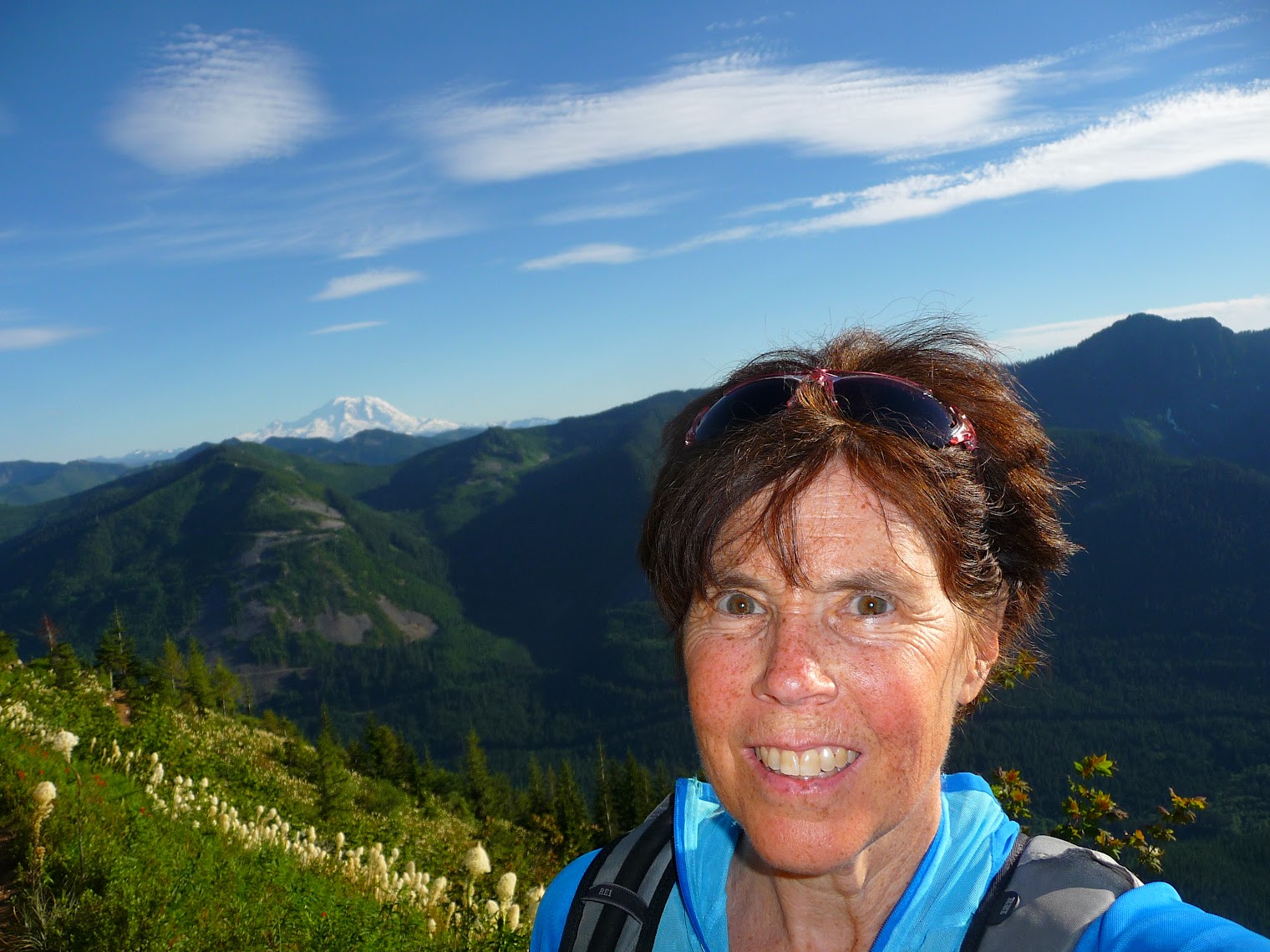
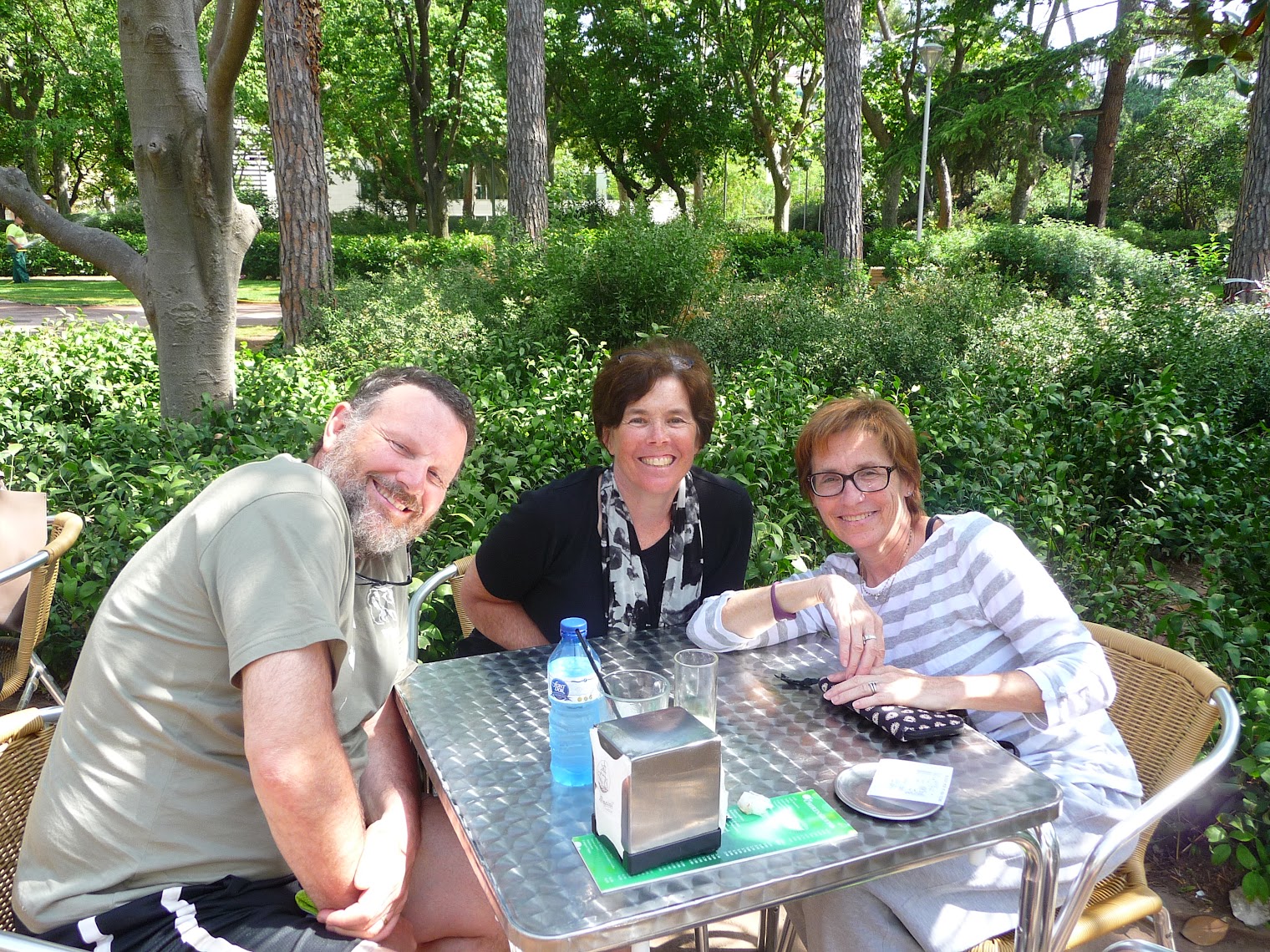
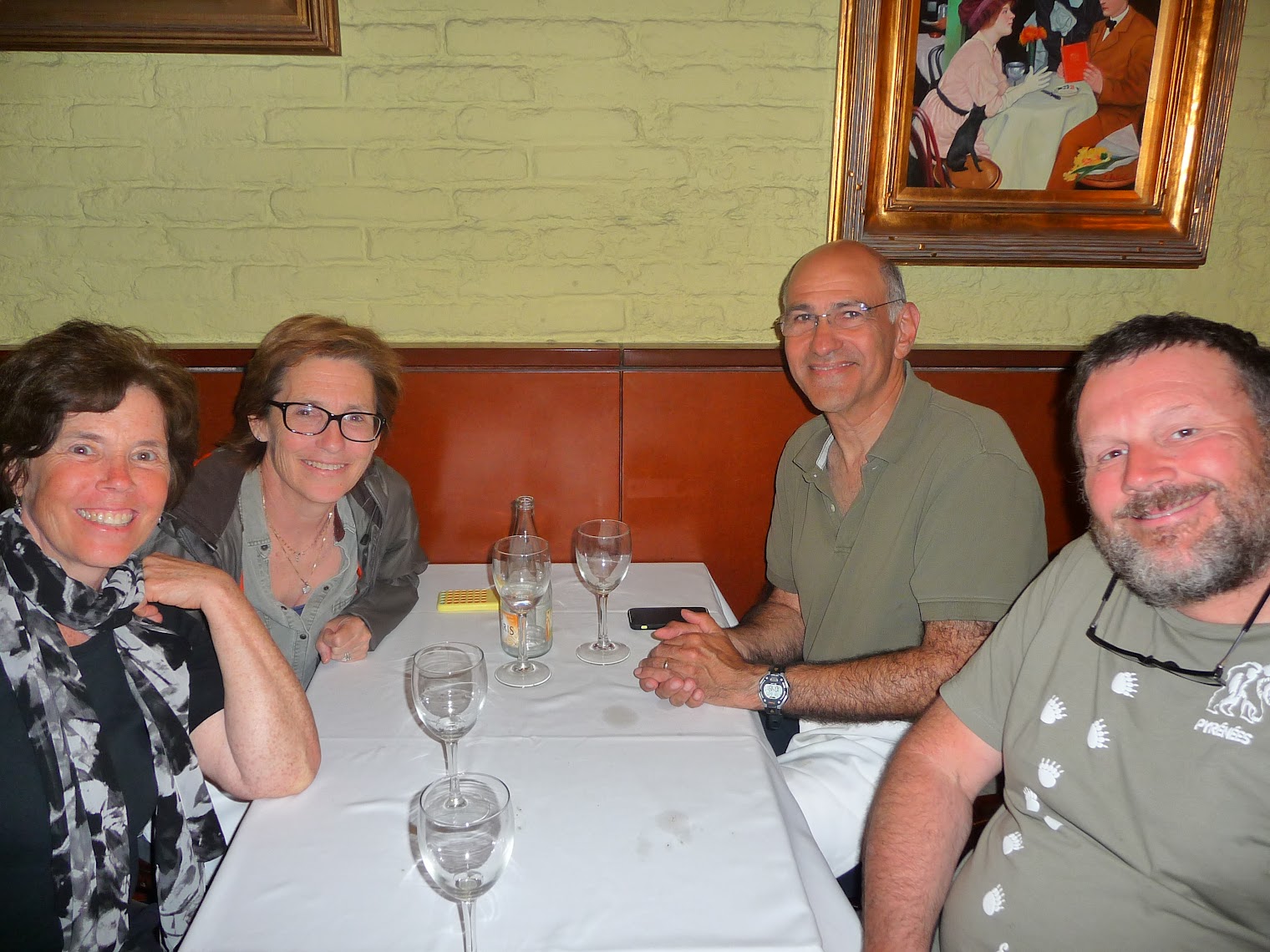
We want to talk today about her determination to return to the things that she loves: hiking, biking, kayaking, active grandparenting and so many other things. Shellie, thank you for being here and for being willing to have this conversation with me. It’s good to see you.
Shellie: Thanks for asking me to do it.
Esther, TPS: I gave the 30,000-foot view of your cancer journey, but can you talk about when you were diagnosed and then the steps that happened up until now?
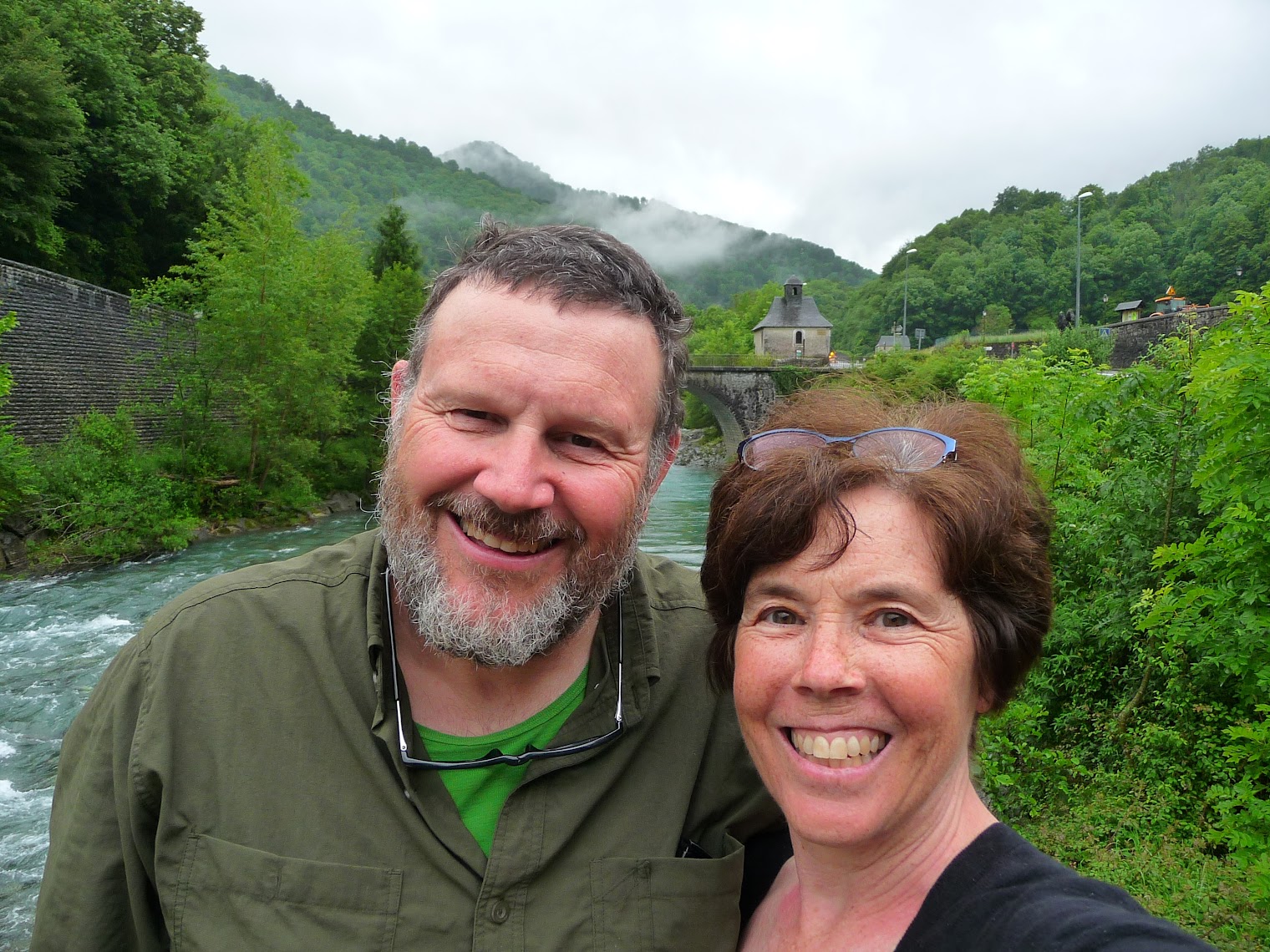
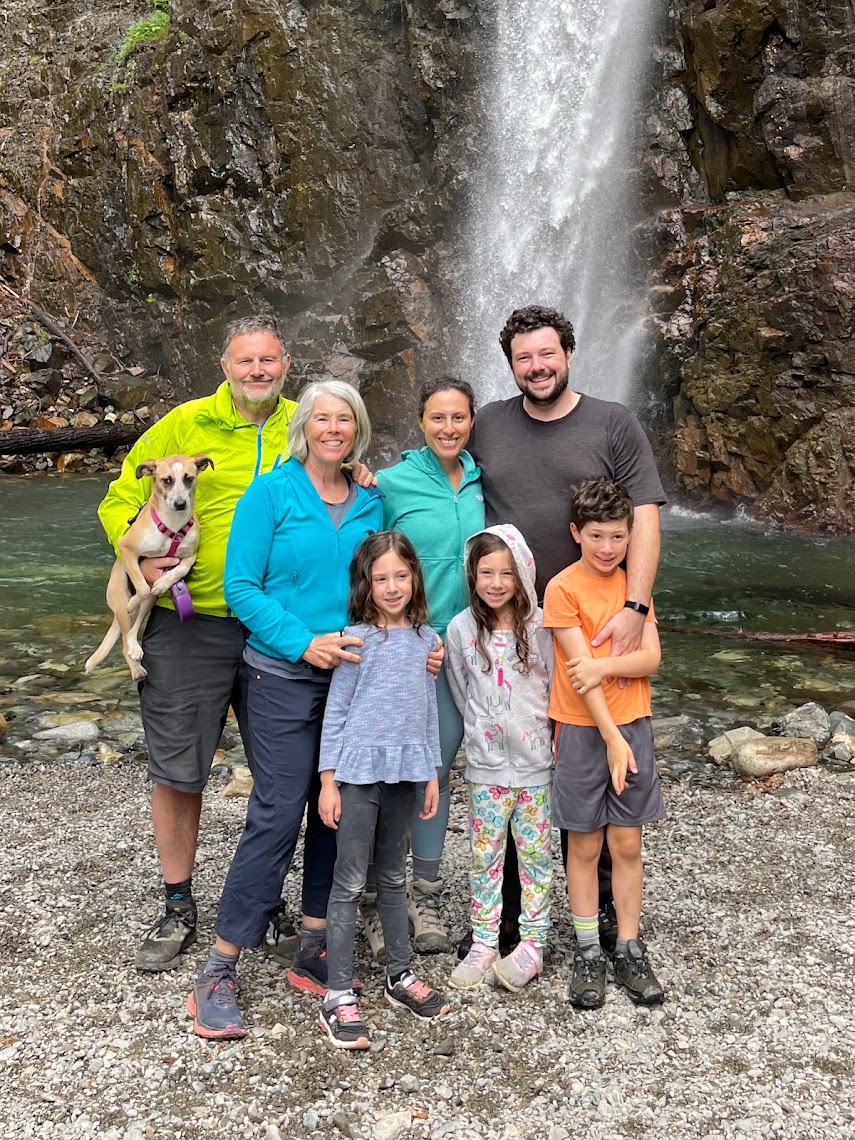
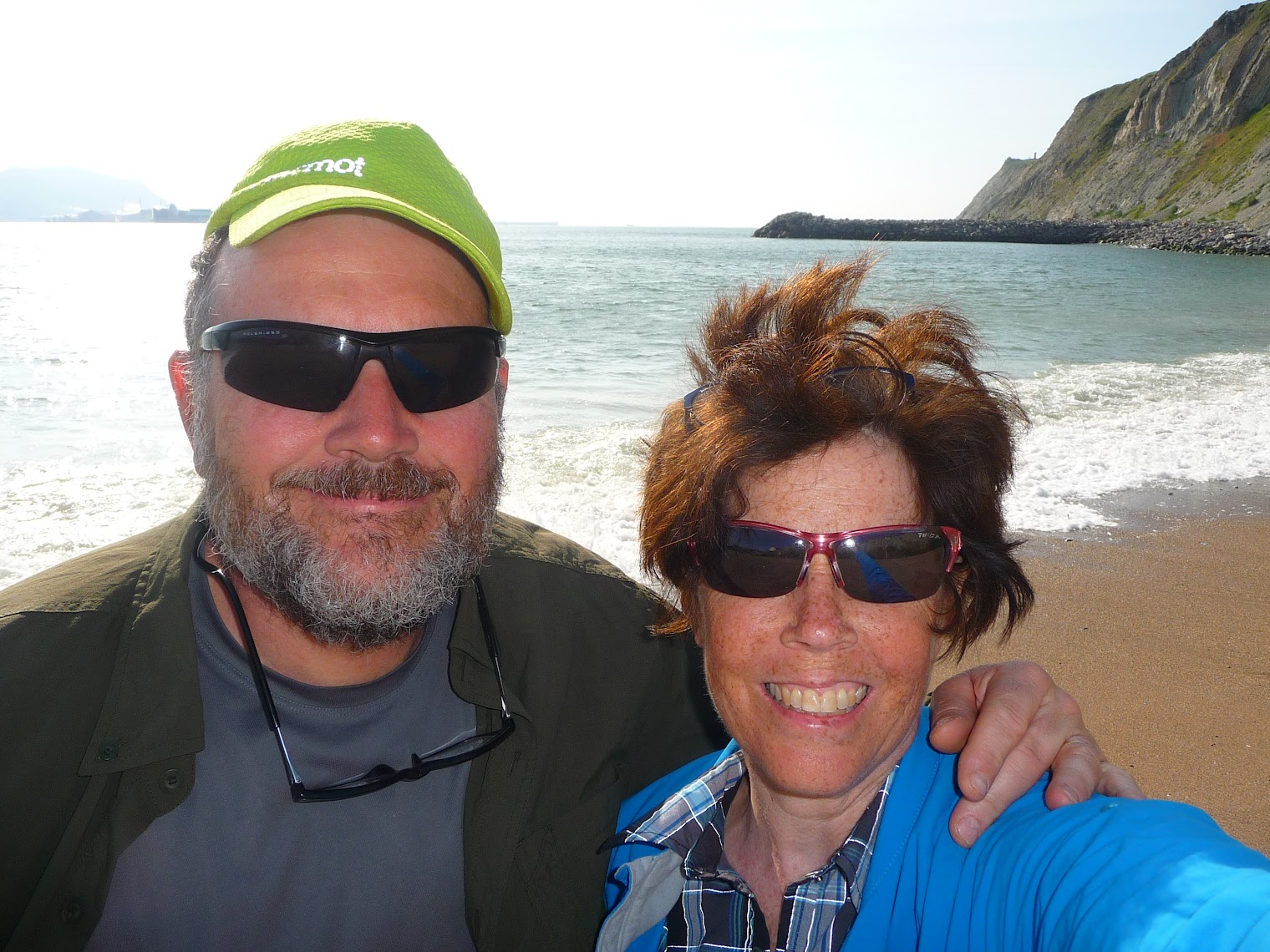
Shellie: January 2008, I had gotten into the habit of going and doing a lot of diagnostics, my usual mammogram, etc. Right at the beginning of the year, [I] started out. Because I have a family history of breast cancer, [I] wanted to take care of it. Somehow I thought I was going to beat that bullet.
It was a routine mammogram and ultrasound. The doctor [was] like, “Hmm. Well, I think maybe we should do a biopsy.” It went on from there. Luckily, it was discovered early. It was small. They framed it [as] the kind of cancer you want to have if you’re going to have breast cancer.
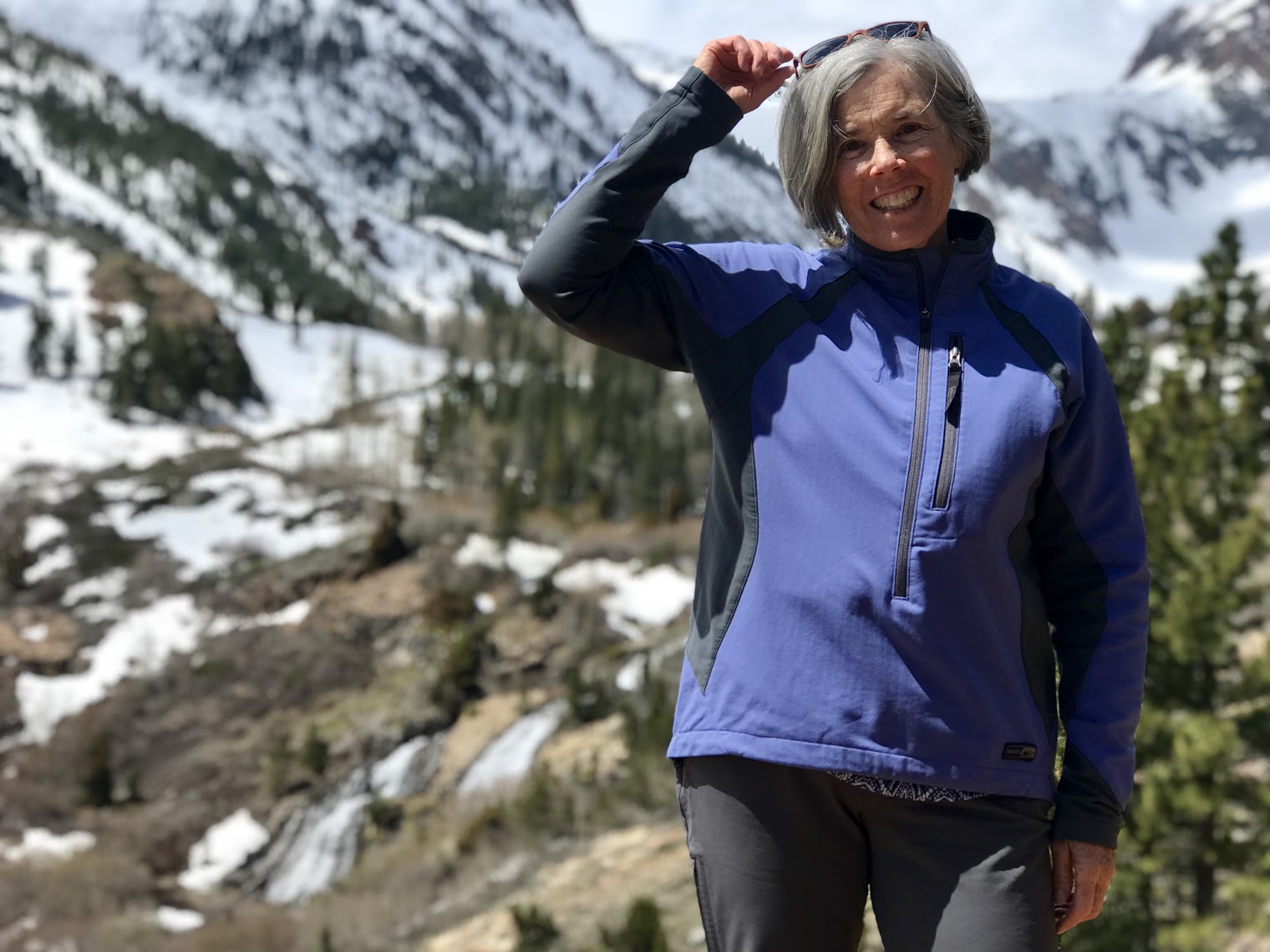
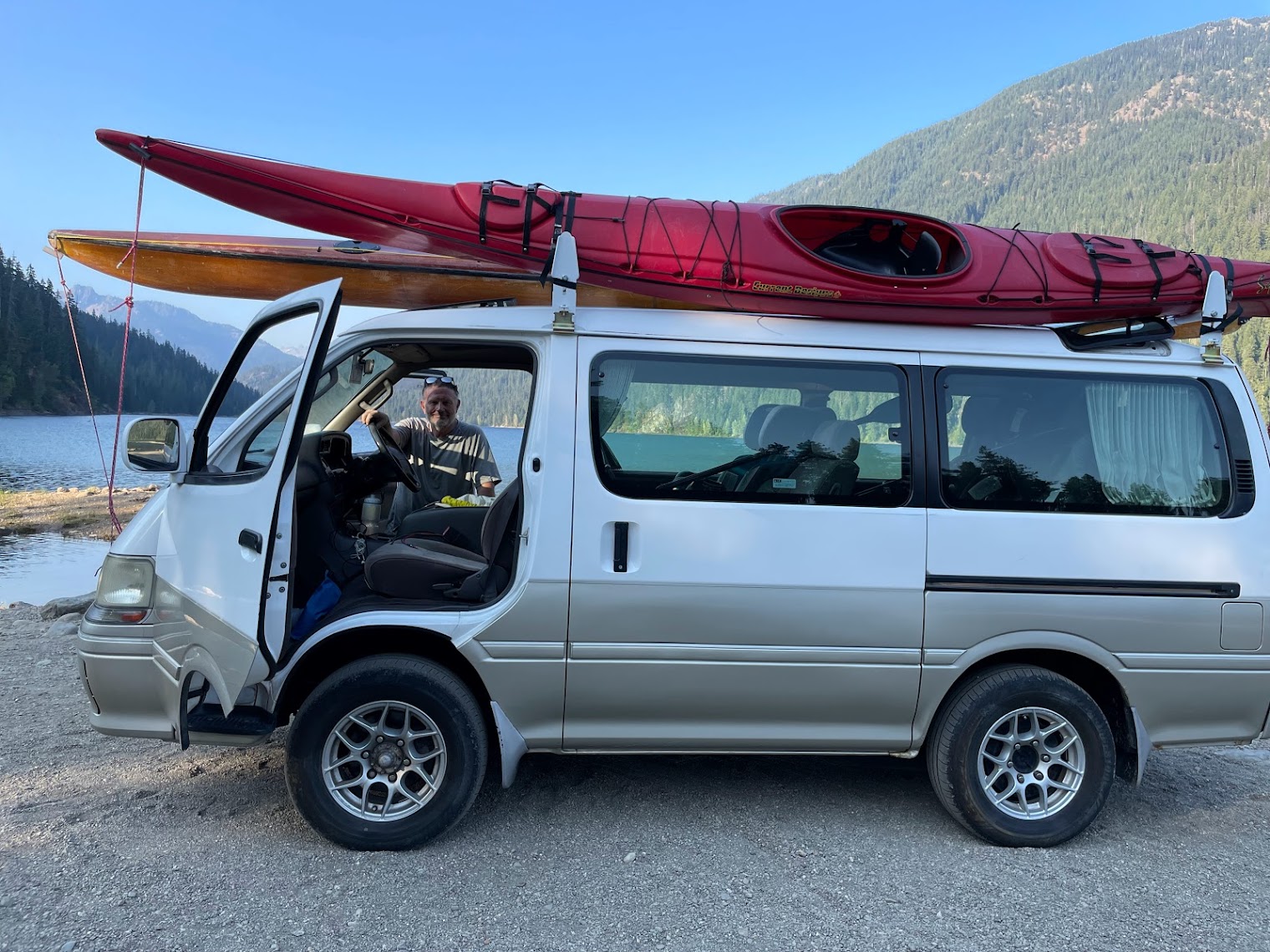
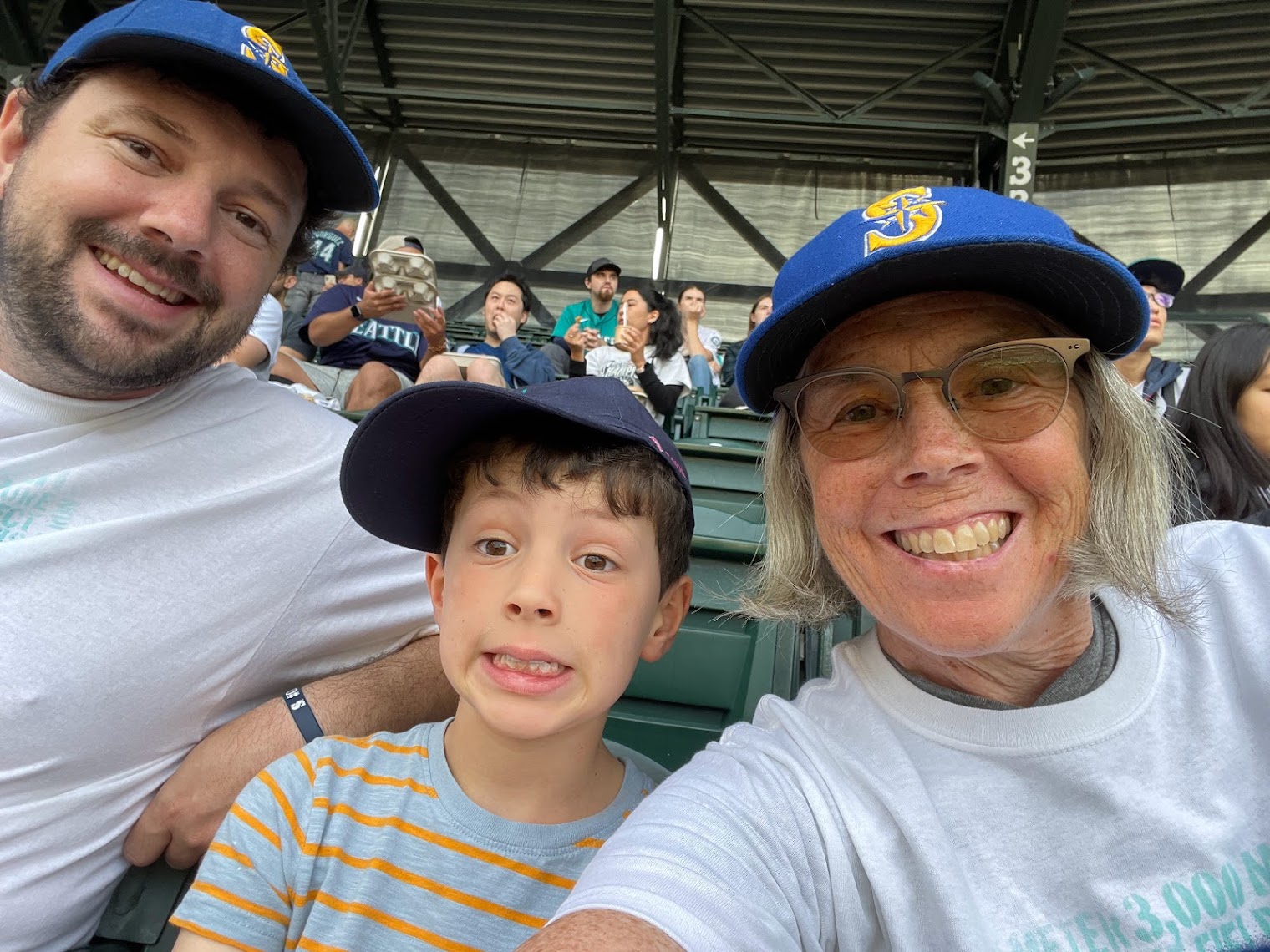
I called you and Andrew pretty early on. It was a hard weekend waiting, but once I was diagnosed, it was moving forward to, “Okay, what are the next steps? What do I need to do?”
I really wasn’t liking the answer that I was getting at first, which was they couldn’t do lumpectomy or anything else. It had to be a mastectomy, even though it was very early and small. I went and got 3 different opinions from 3 different hospital systems because they each have their own way of doing things. Everybody gave me the same answer.
»MORE: How to be a self-advocate as a patient
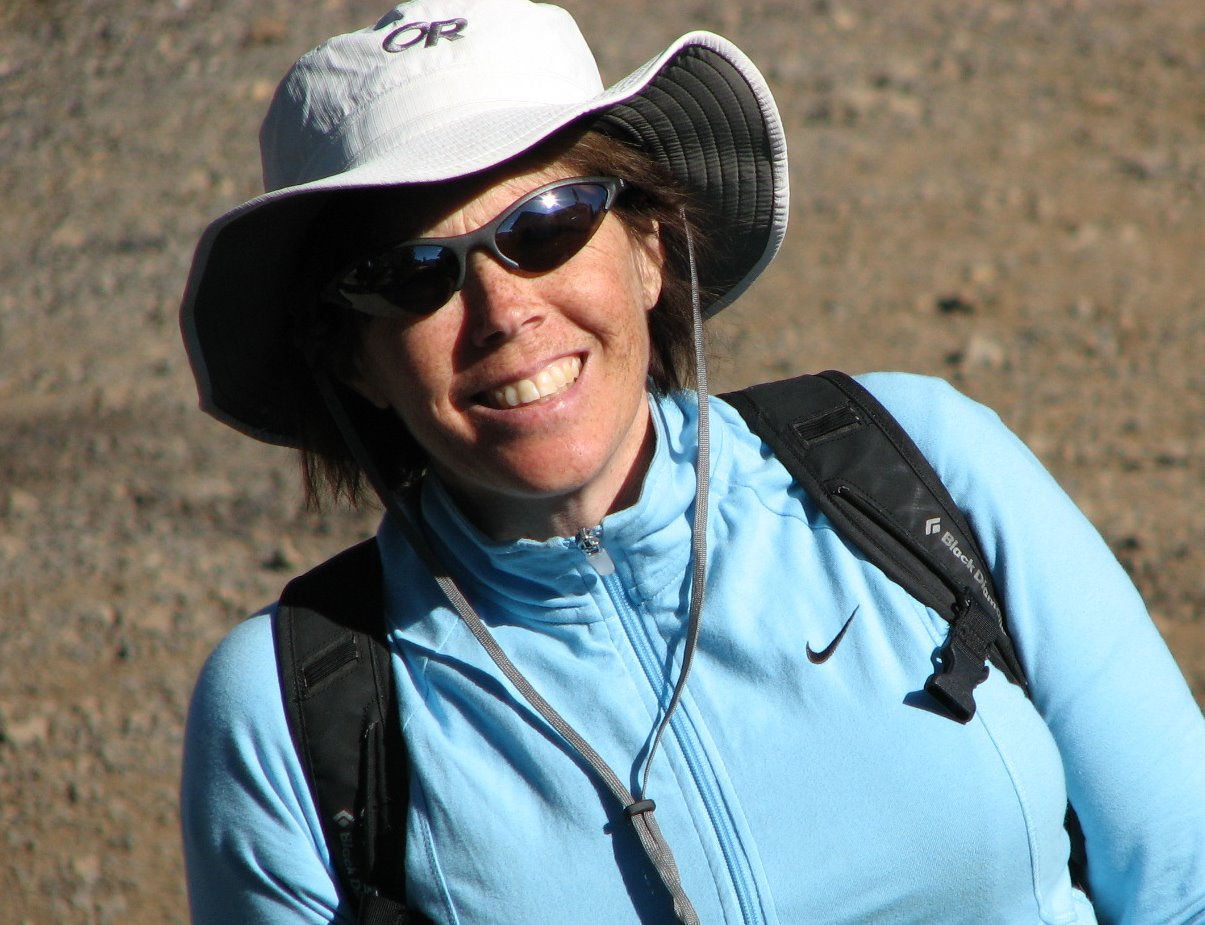

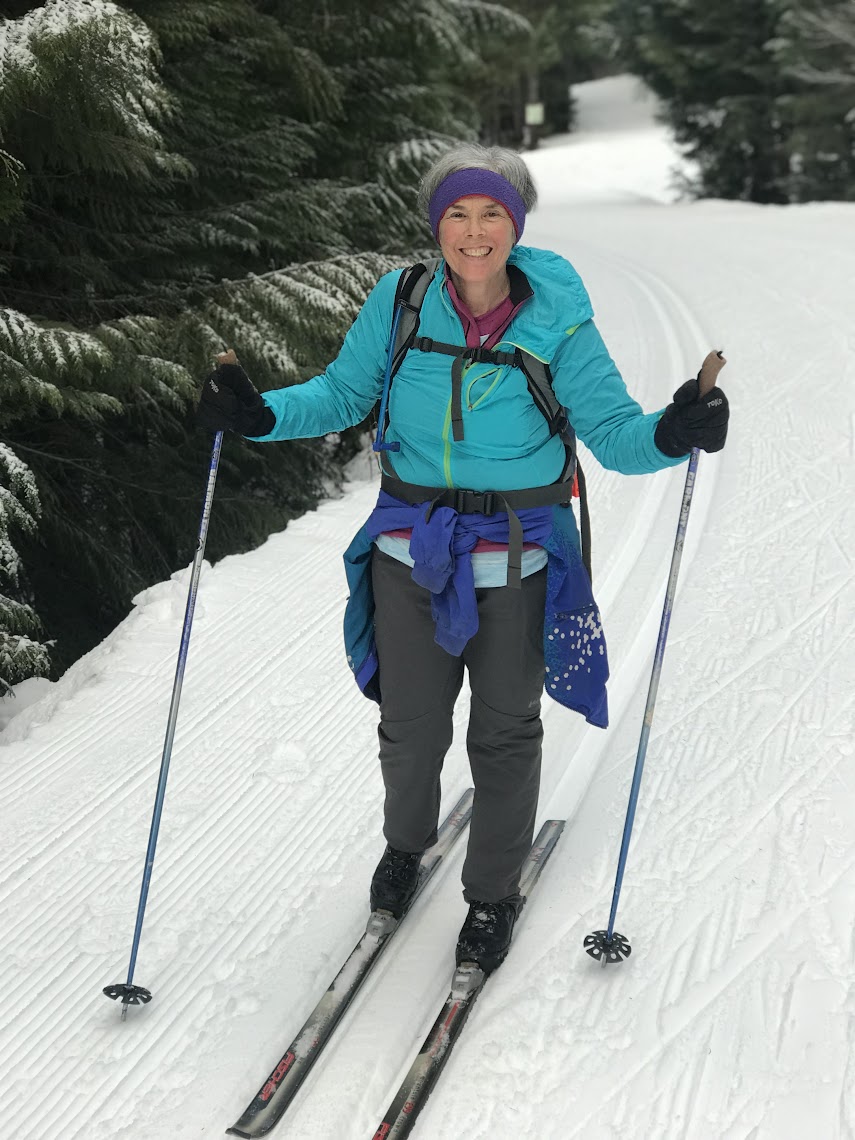
I was coming to terms with that and had a little bit of time to prepare myself. [I] had a mastectomy and reconstruction. I actually feel like I was very fortunate because I did not need chemo and I did not need radiation. They could surgically feel like they safely did take care of it, and then [treated with] drugs as well. It was a series of surgeries.
That was my main treatment. Because of some problems, it turned into many more surgeries than I ever thought it was going to be. I remained grateful that I was alive, that I was going to stay alive and that [I] could move on. It’s a major thing for your body not just to have surgery, but to have it altered by something like a mastectomy.
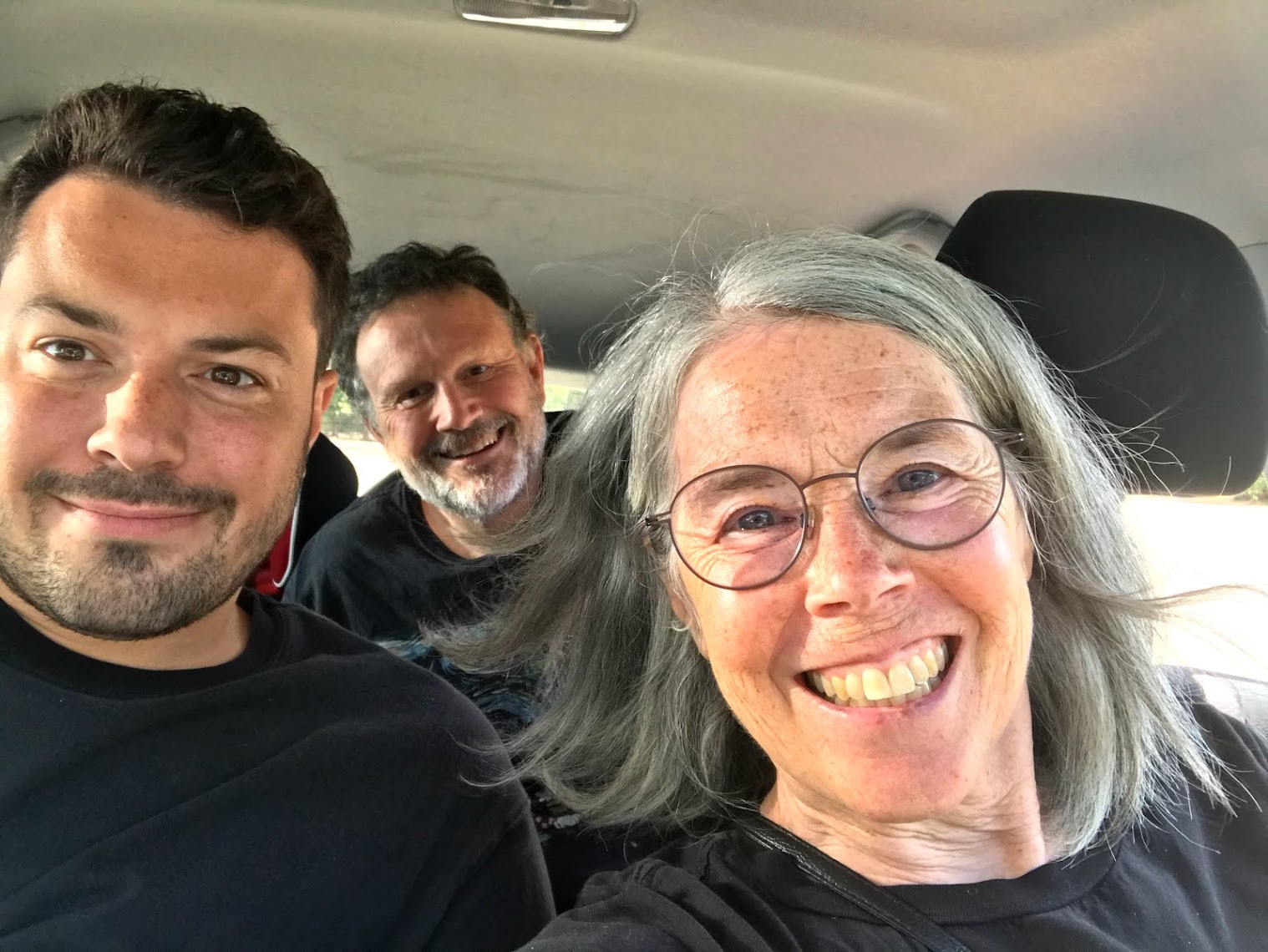
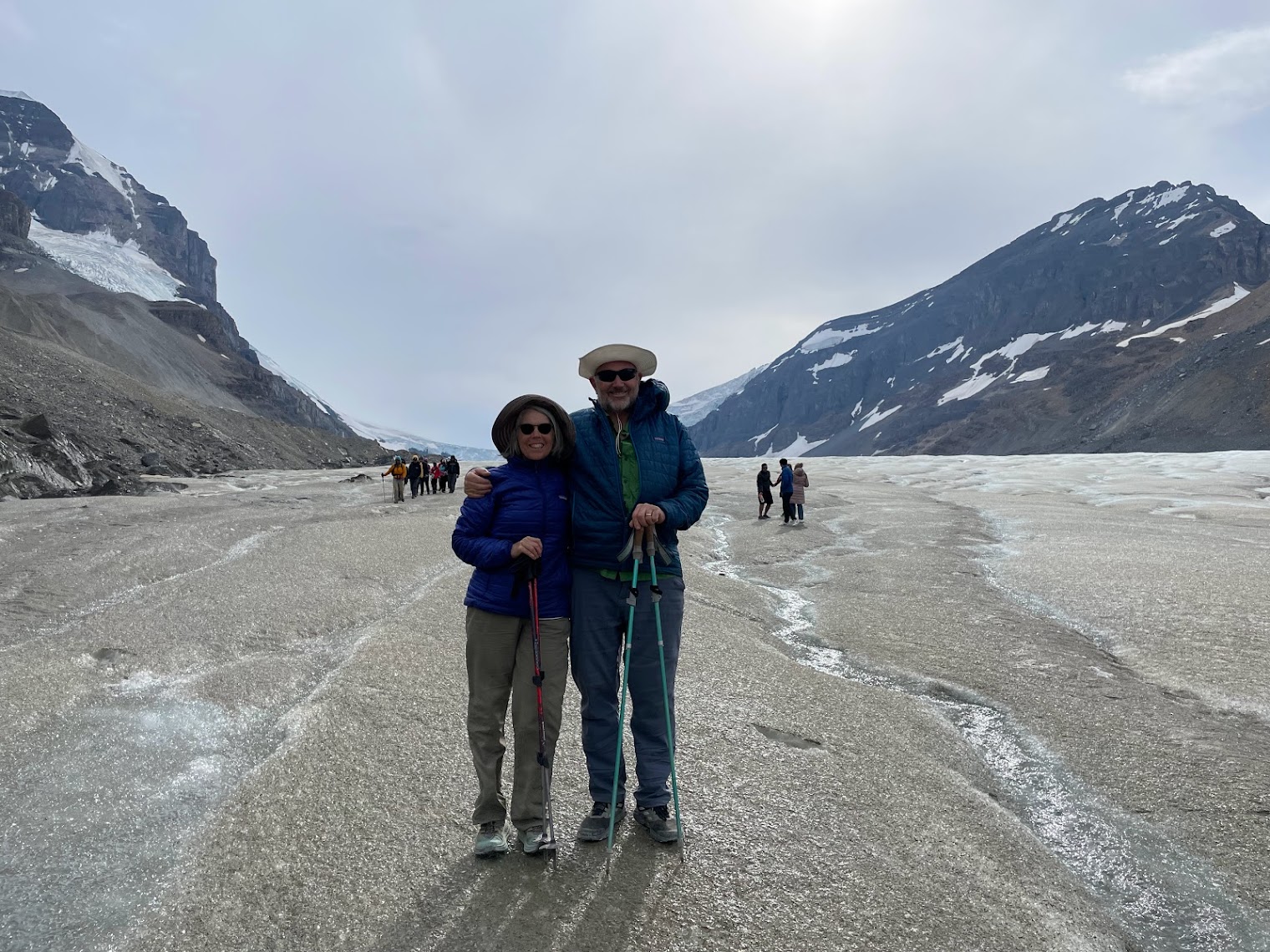
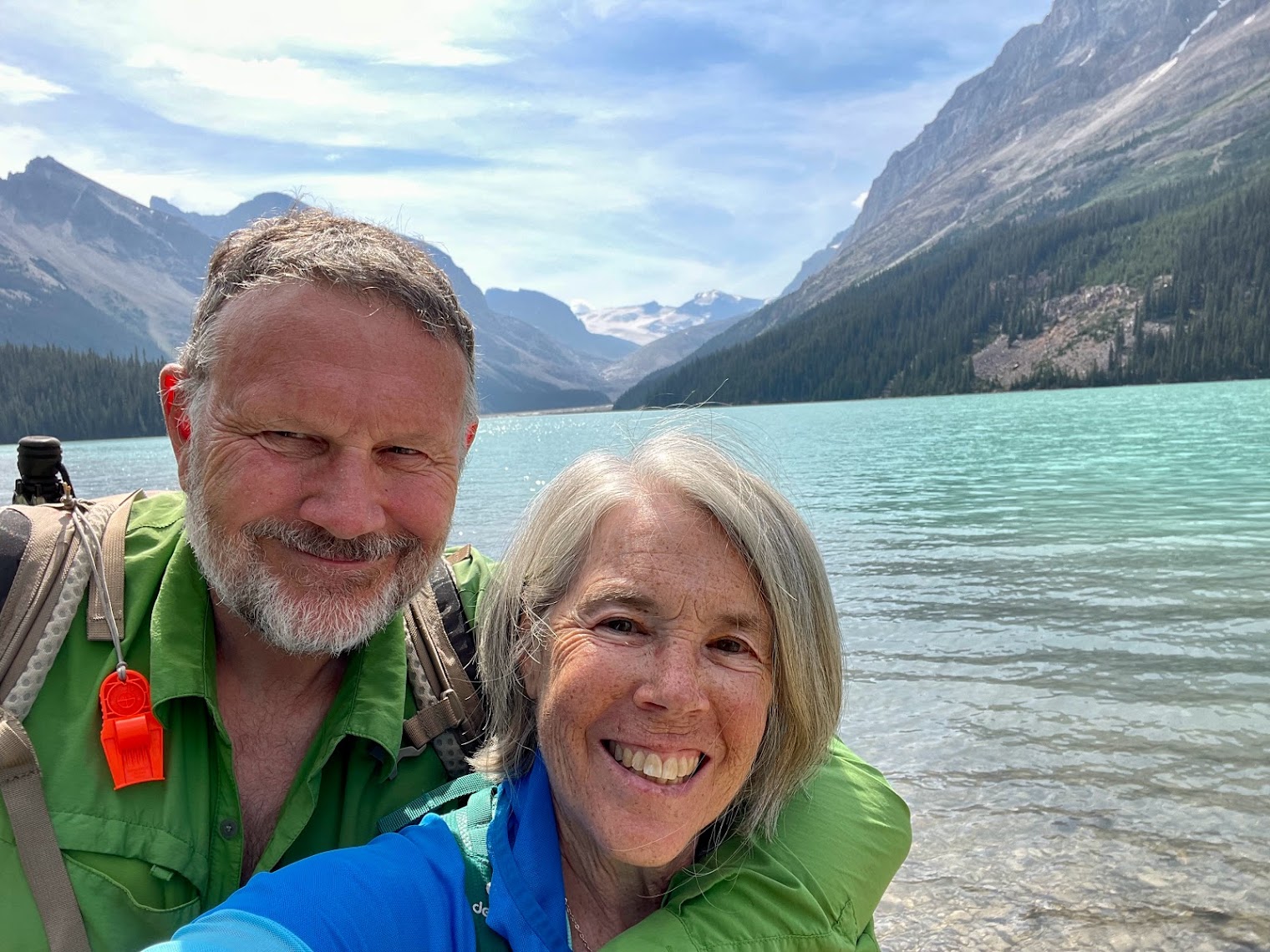
Where are you now in terms of treatment and maintenance?
Esther, TPS: Where are you now, Shellie, just from the standpoint of treatment and maintenance?
Shellie: I did a lot of follow-up. It was every year. I’m now 14 and a half years out. I have awareness. I still go get my annual mammogram and ultrasound. The biggest thing that still stays with me is [that] it changes. For me, it changed a certain trust in one’s body. I could feel fine, but there could be something else going on.
Esther, TPS: How do you deal with that?
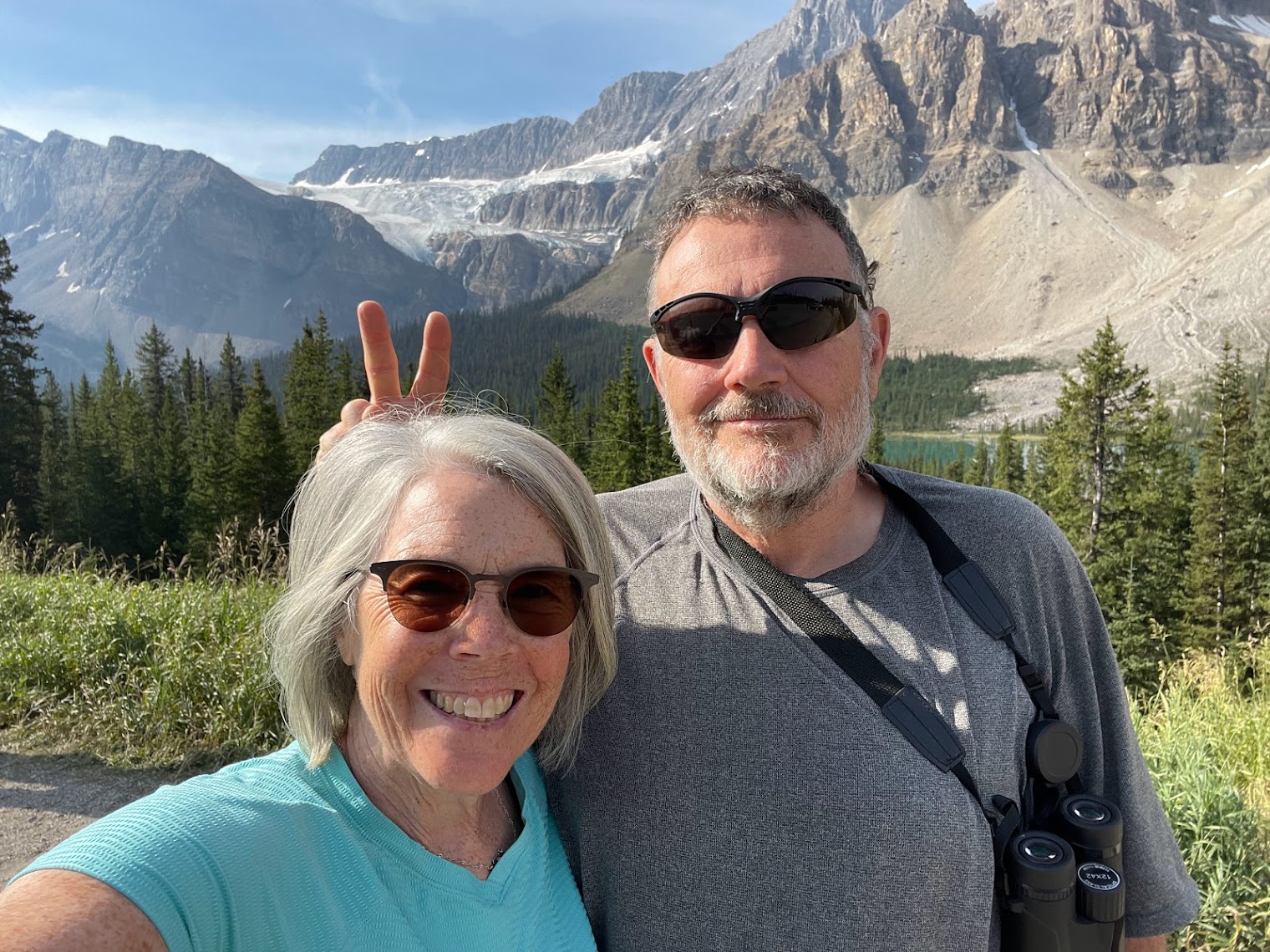
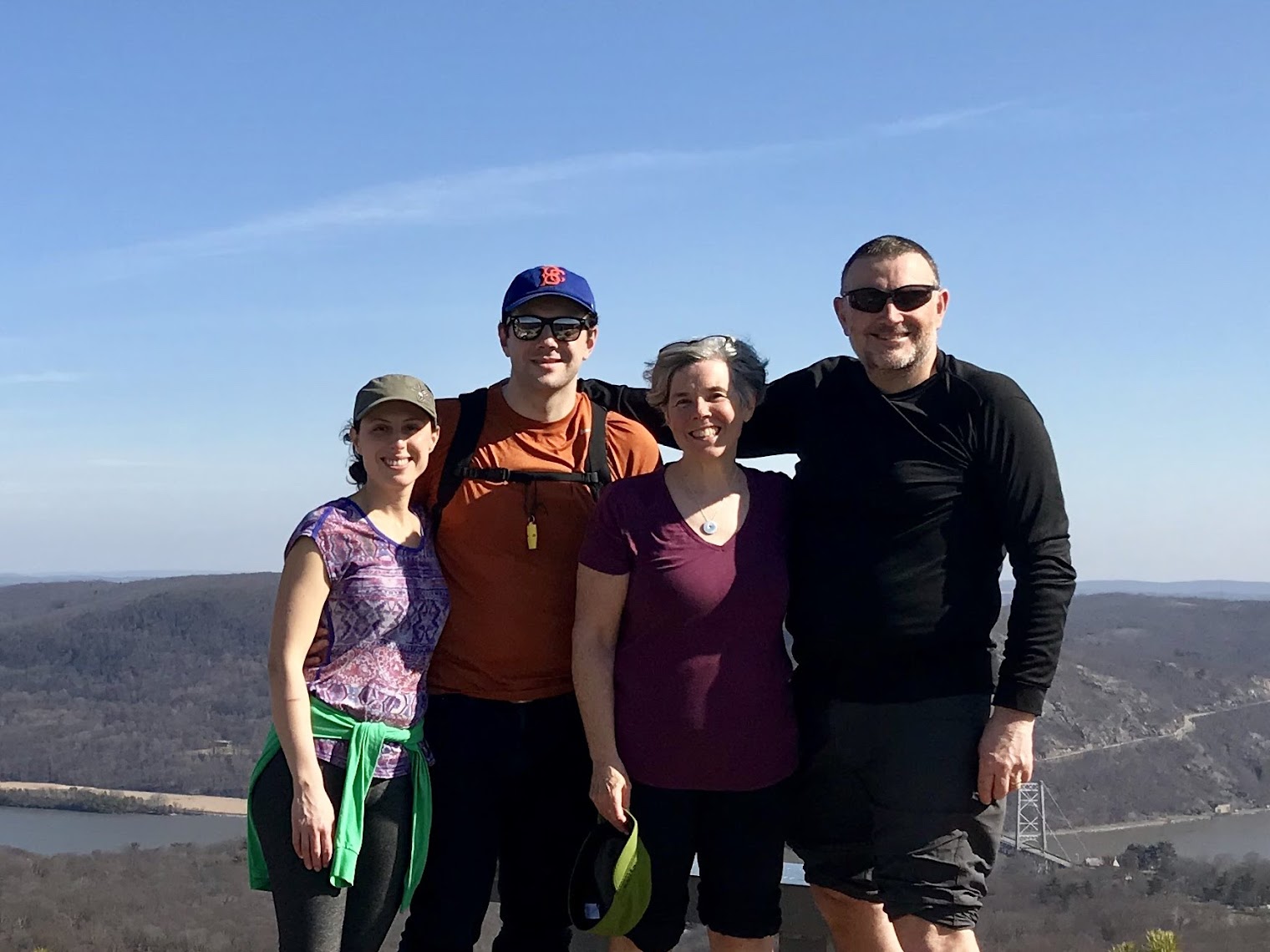
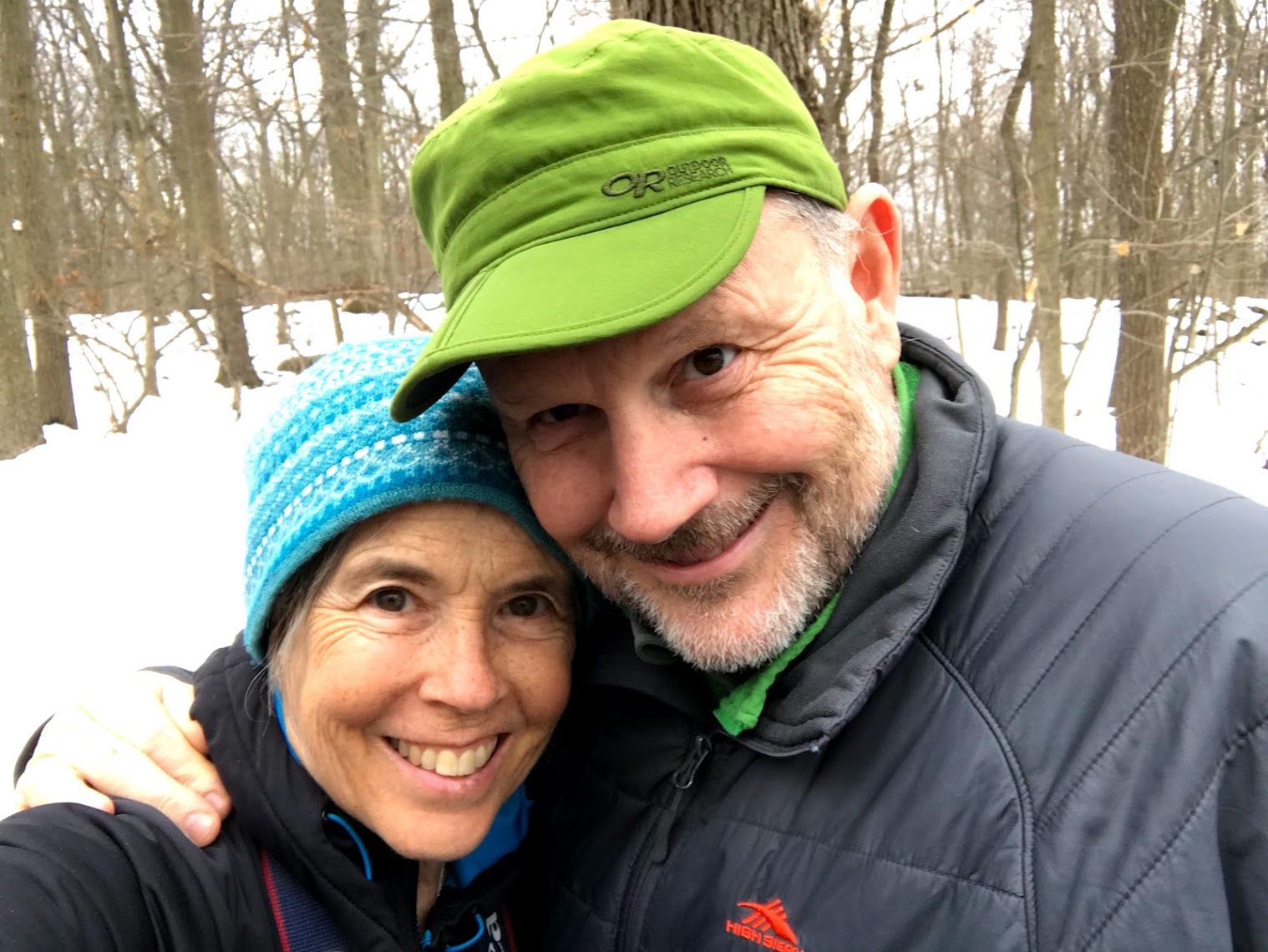
Shellie: I am aware of it. I do the best I can to take as good of care of myself as I can. I like certain alternative stuff and I work also with a functional medicine doctor. When I feel like there’s something going on, they’re looking at root causes, not just symptoms.
I have that awareness and in some ways it woke me up, because nothing changed. That reality existed before. I’m just more aware of it. There are no guarantees for anybody, any day of their life, so let’s make the most of whatever time we have.

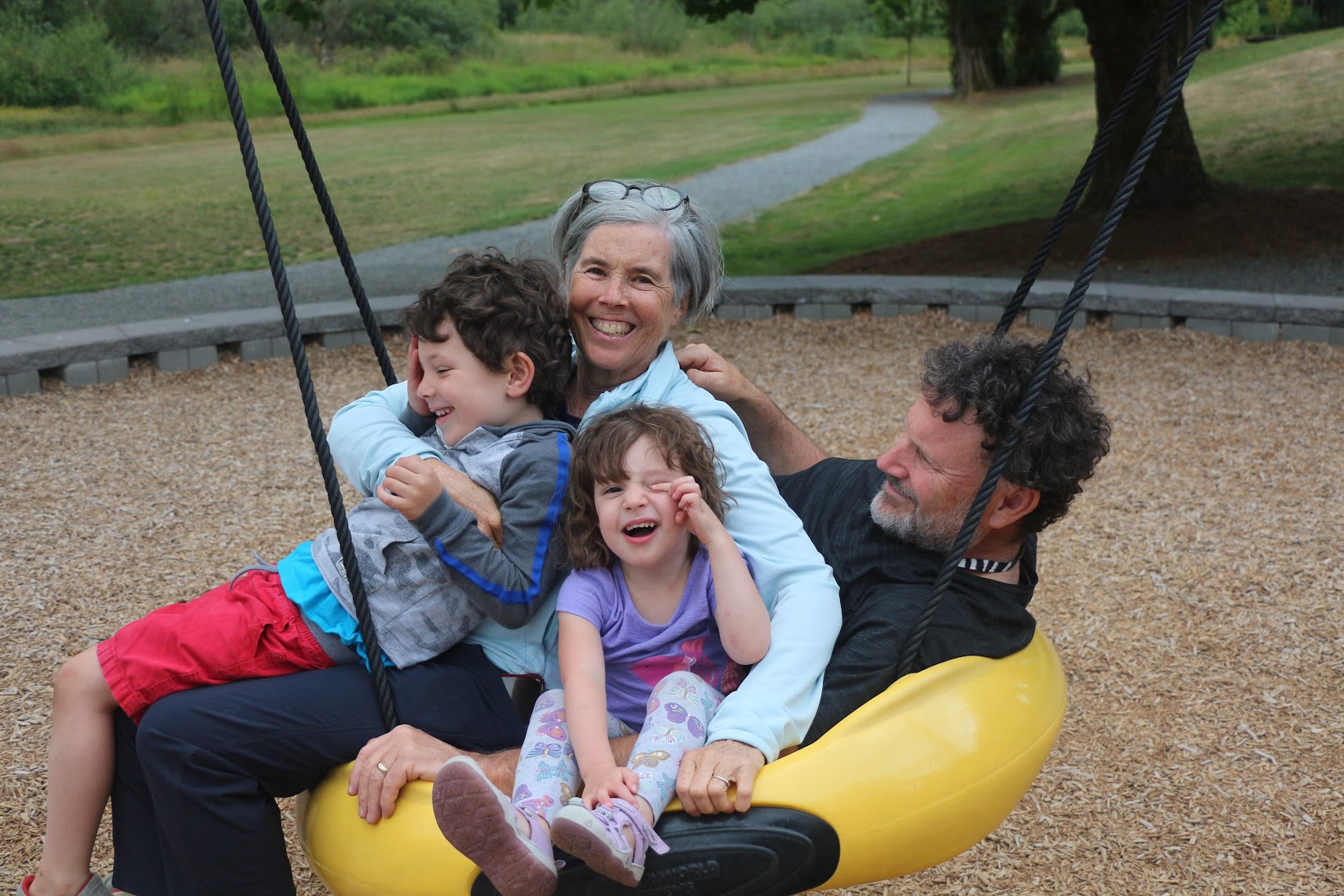
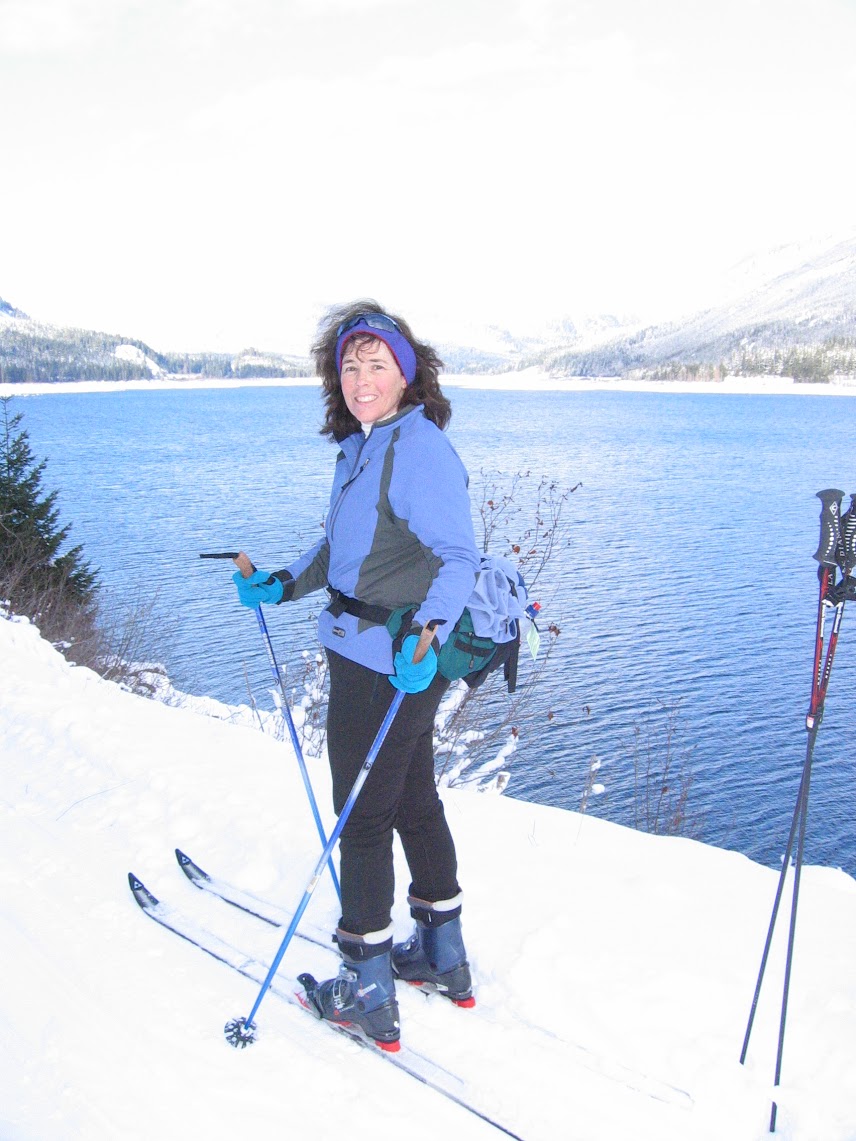
How did you get back into your passions?
Esther, TPS: That is a great attitude and I’ve seen it. I’ve seen that that’s the way you live your life now. Let’s talk a little bit about incrementally returning to the things that you’re passionate about.
Obviously, when you’re recovering from surgery and all of that, some of that wasn’t happening the way you’d like. What are the things you’re passionate about and how did you get back to those things? How did that happen?
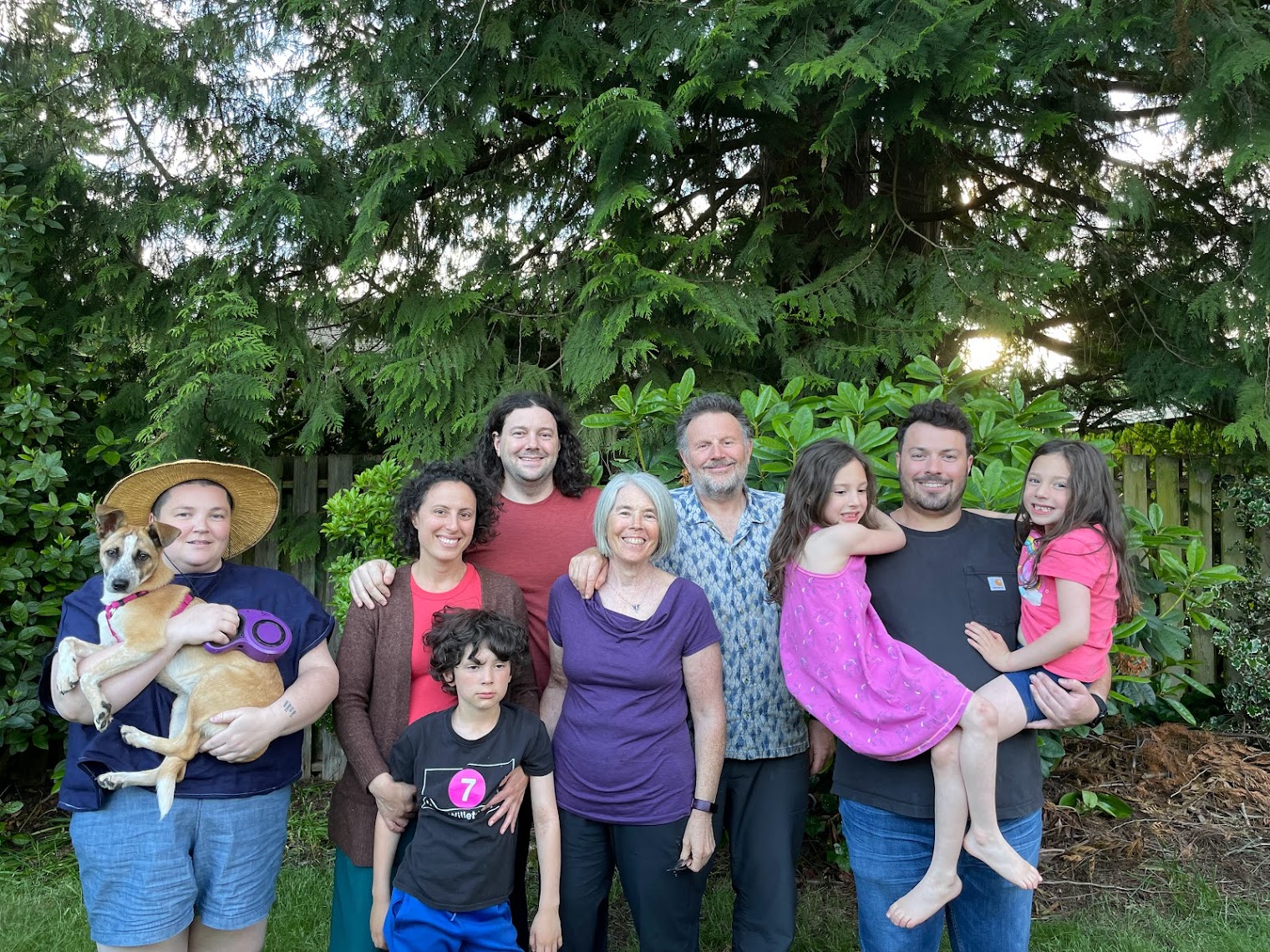
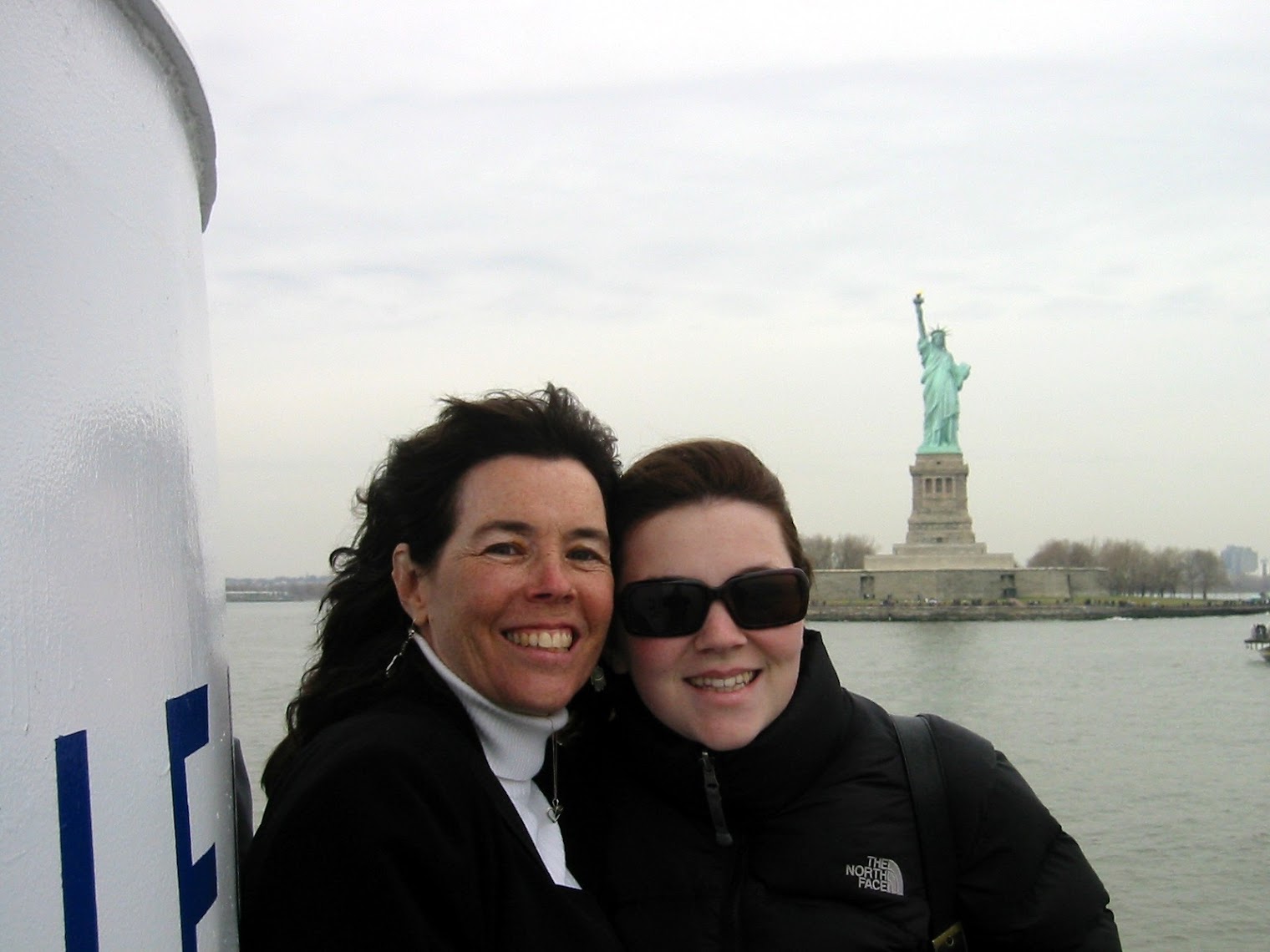
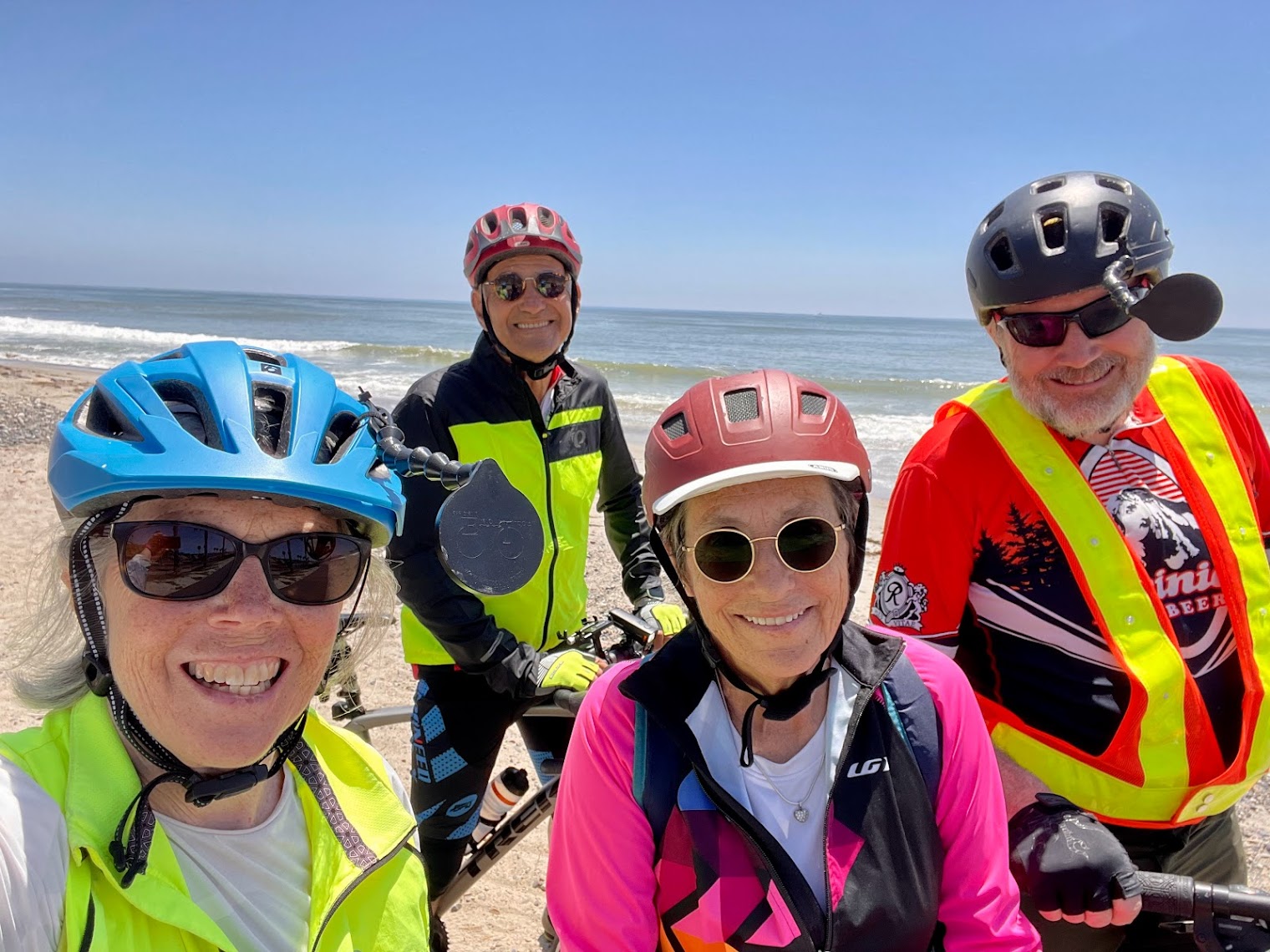
Shellie: While I was lying there waiting for the biopsy, I had just said yes to a new job that was going to be 60 hours a week and very stressful. The way I decided to interpret this diagnosis was, “Yeah, that’s my body telling me.” I was doing it interim, so I was already [stressed]. I don’t need to do that and I chose not to. I hung in there until they found somebody and then I took time off.
We’re now [in] summertime. This was my dear husband encouraging me or being willing to do it. We had planned on doing something called Cycle Oregon, which is a weeklong biking group trip. We switched to a tandem, really with no training and giving myself a lot of permission and we took an extra bike. If there was a day I didn’t want to bike, he could still bike and I could do the sag wagon.

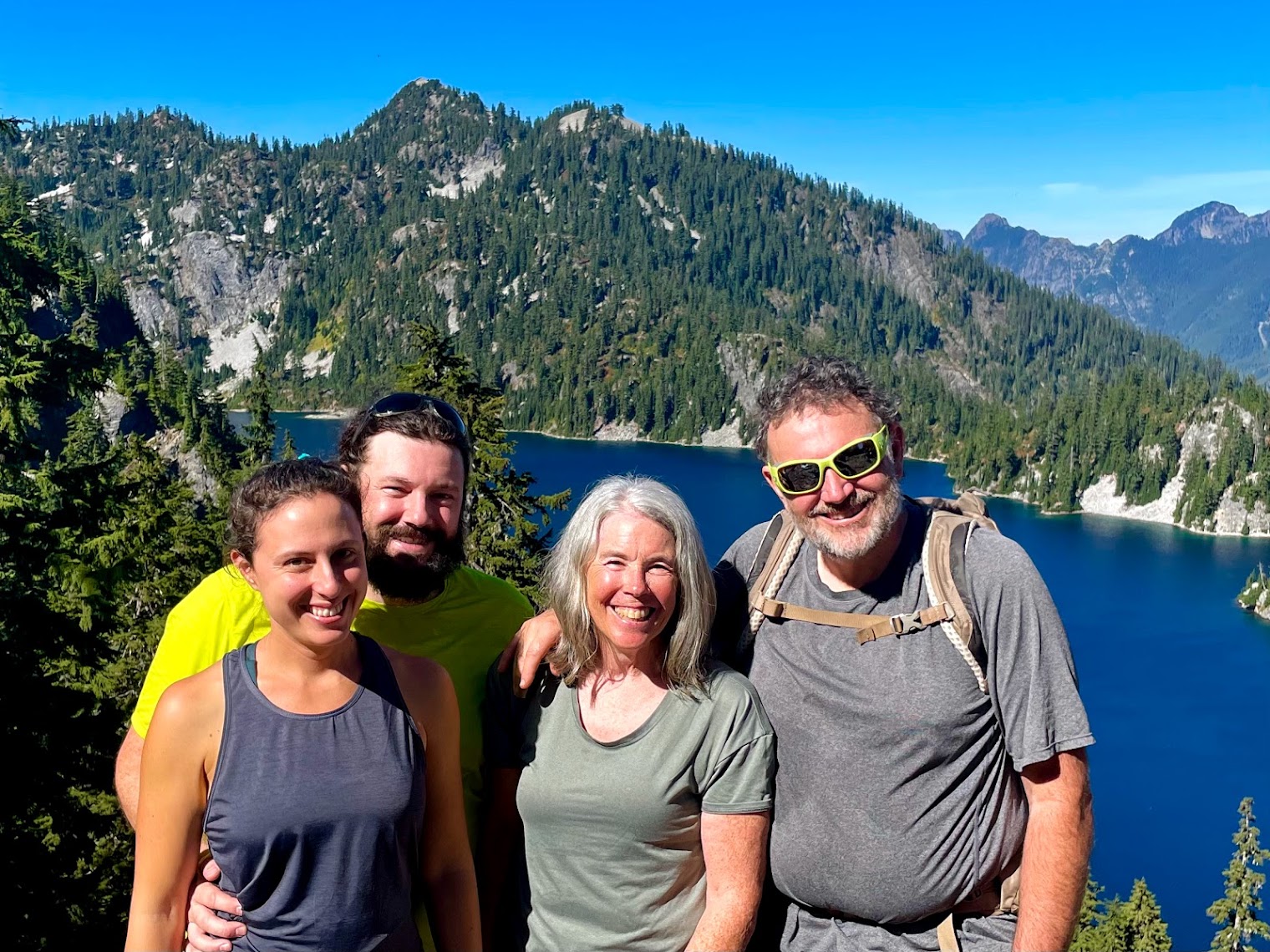
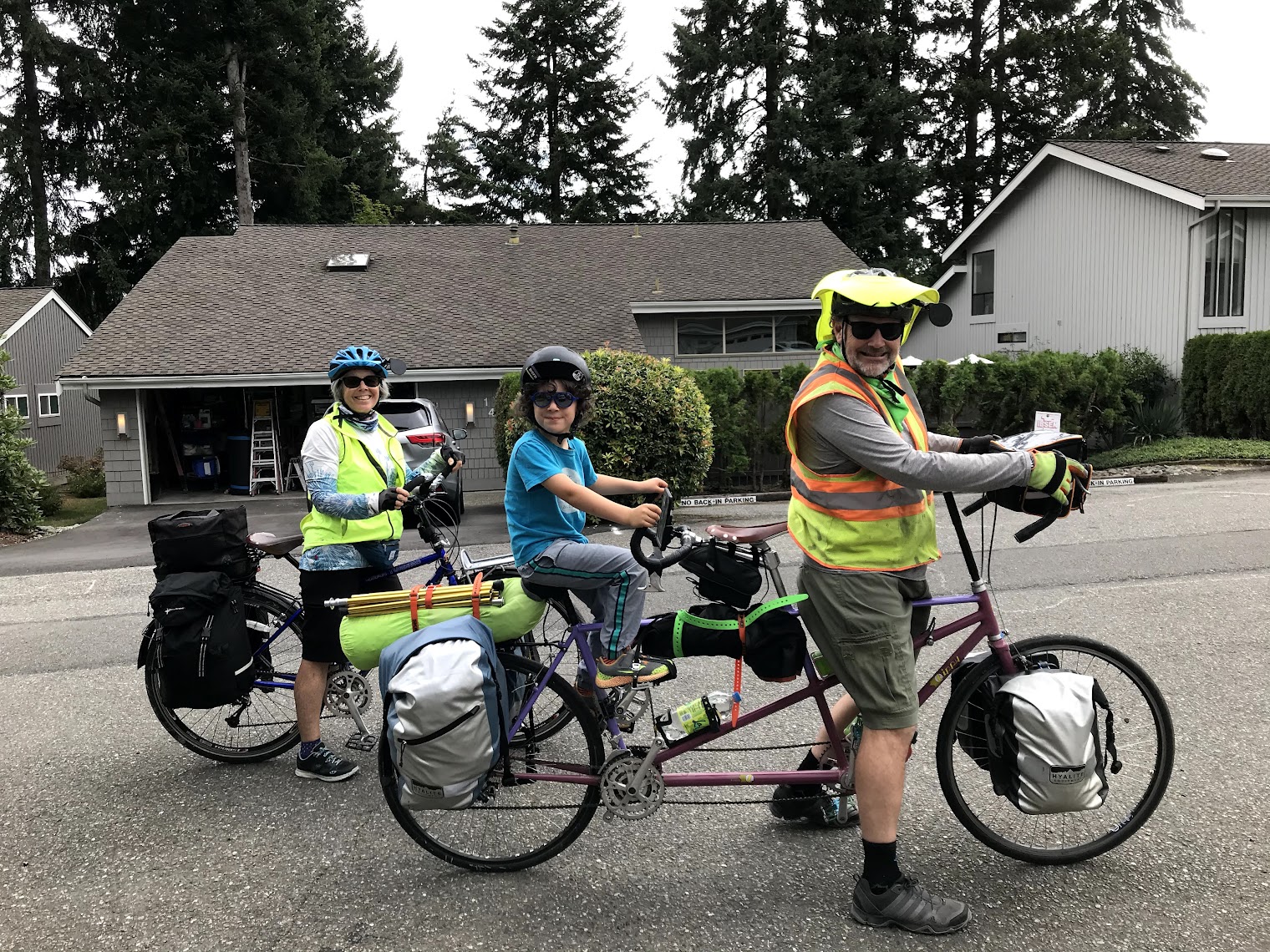
[The sag wagon will] pick you up if you tire out or you can ride. In retrospect, Randy pulled me up so many of those mountains. That I was kind of like, “I’m not going to stop living.” Going ahead and doing that and then I ended up having more surgery afterwards. That first year was up and down and then there was a pretty long period because I had multiple surgeries. I would go do things, but at a lower level.
Esther, TPS: What were some of those things? Obviously biking. What were some of the other things? I know I mentioned at the beginning, but talk to me about how those came back into your life.
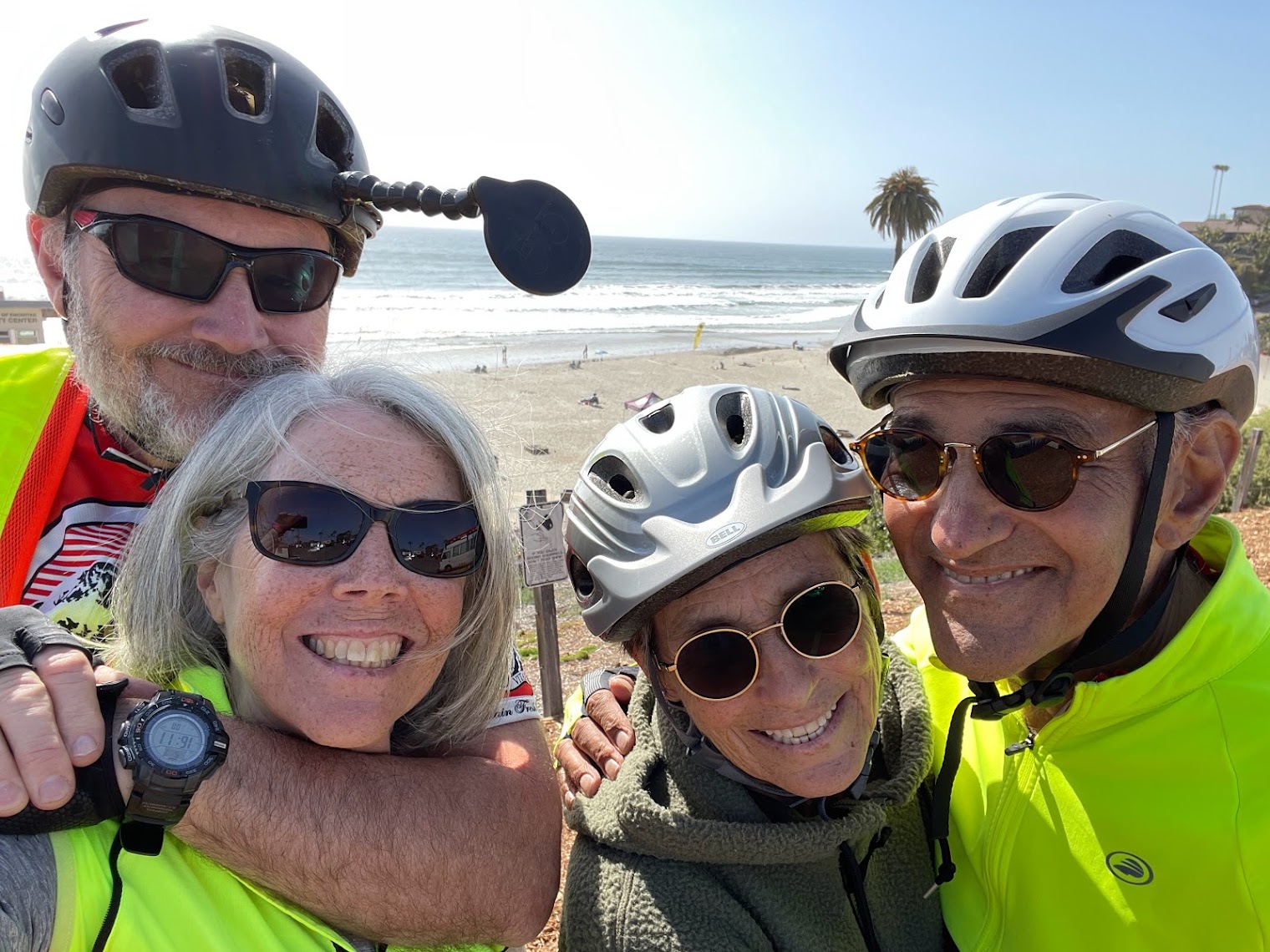
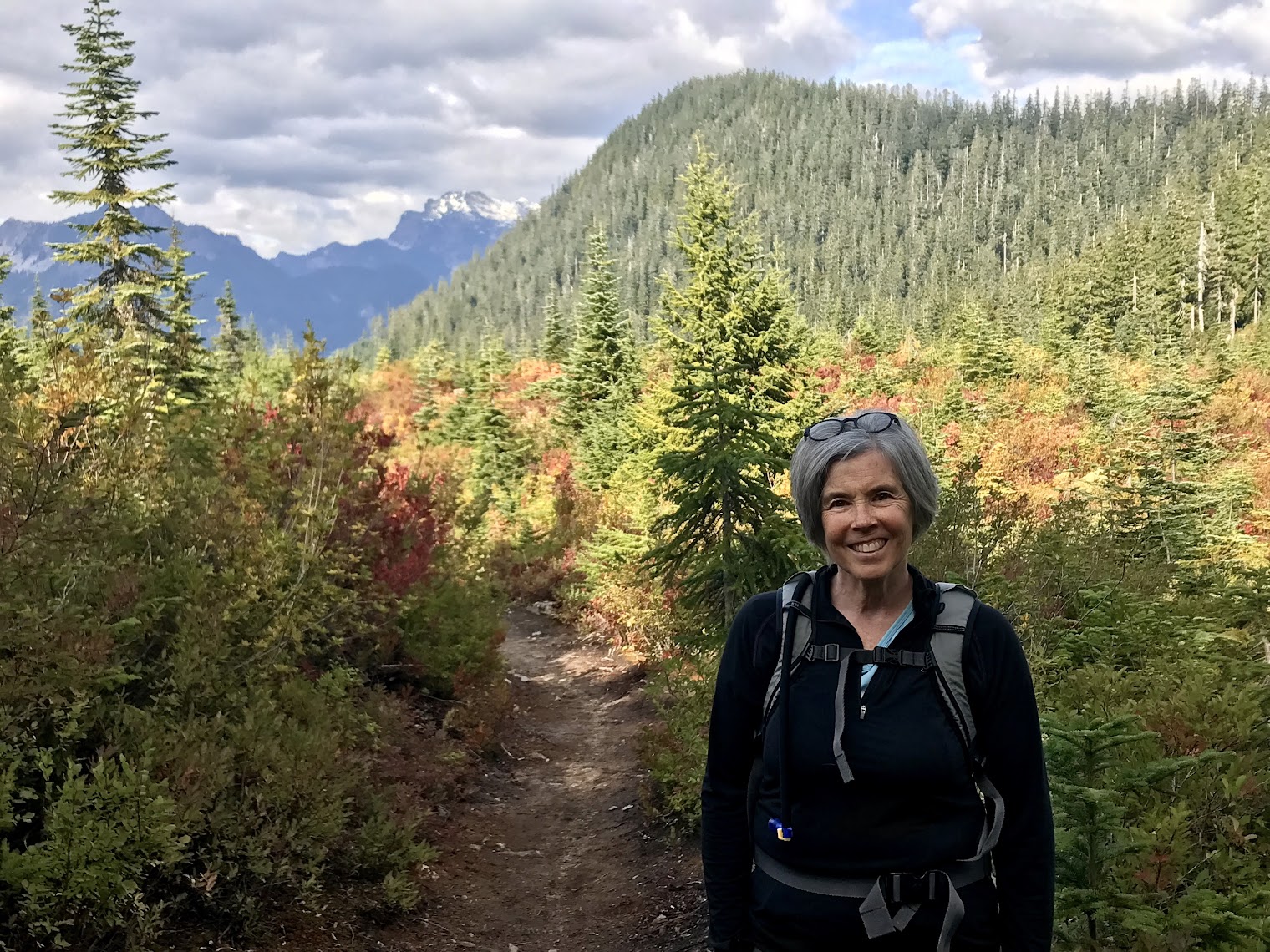
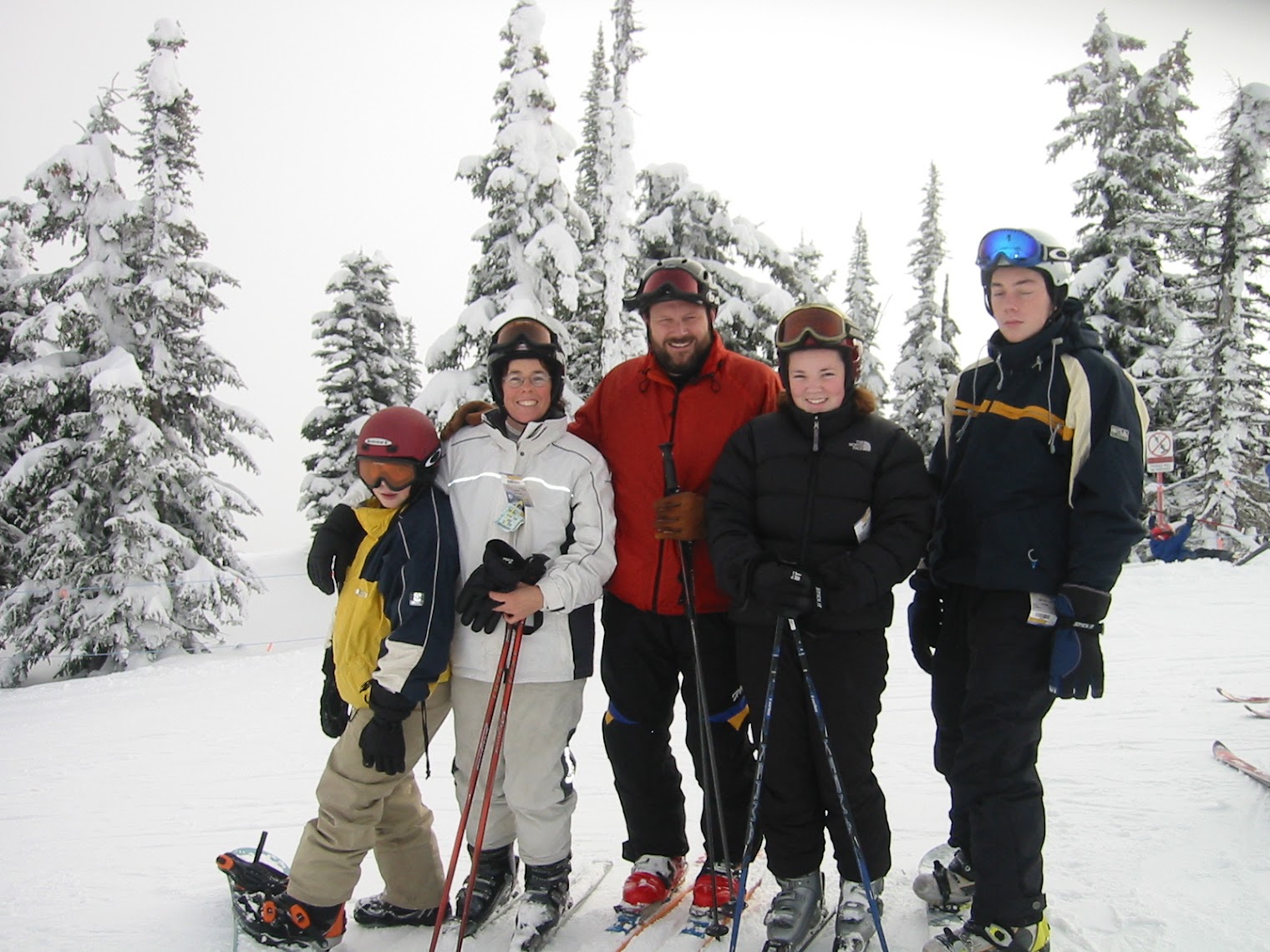
Shellie: Certainly always making sure we get out for walks and just to keep my body moving. Once winter came, I think we probably did a little bit of cross-country skiing, just gentle, flat [and] short. I am very grateful that I have a husband who is always willing to do it at whatever level I can do it at.
Esther, TPS: Bless his heart.
Shellie: Bless his heart. He is hardcore. He does go off with other people and do really hardcore stuff. Just to be able to be together, he’s willing. More recently, when I got down to downhill skiing. You only want to go for an hour. We’ll drive almost an hour, go for an hour, come home. No problem.
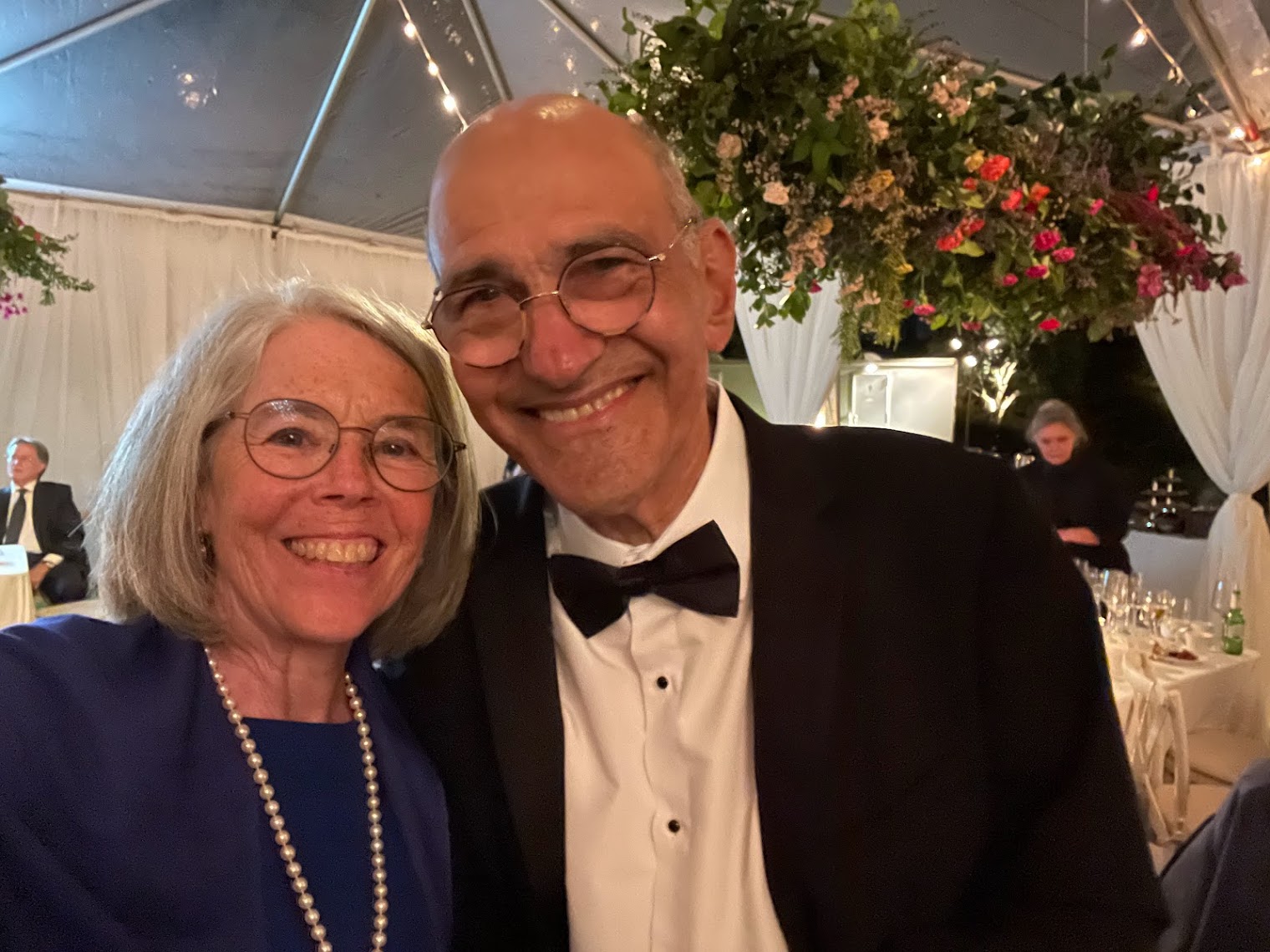
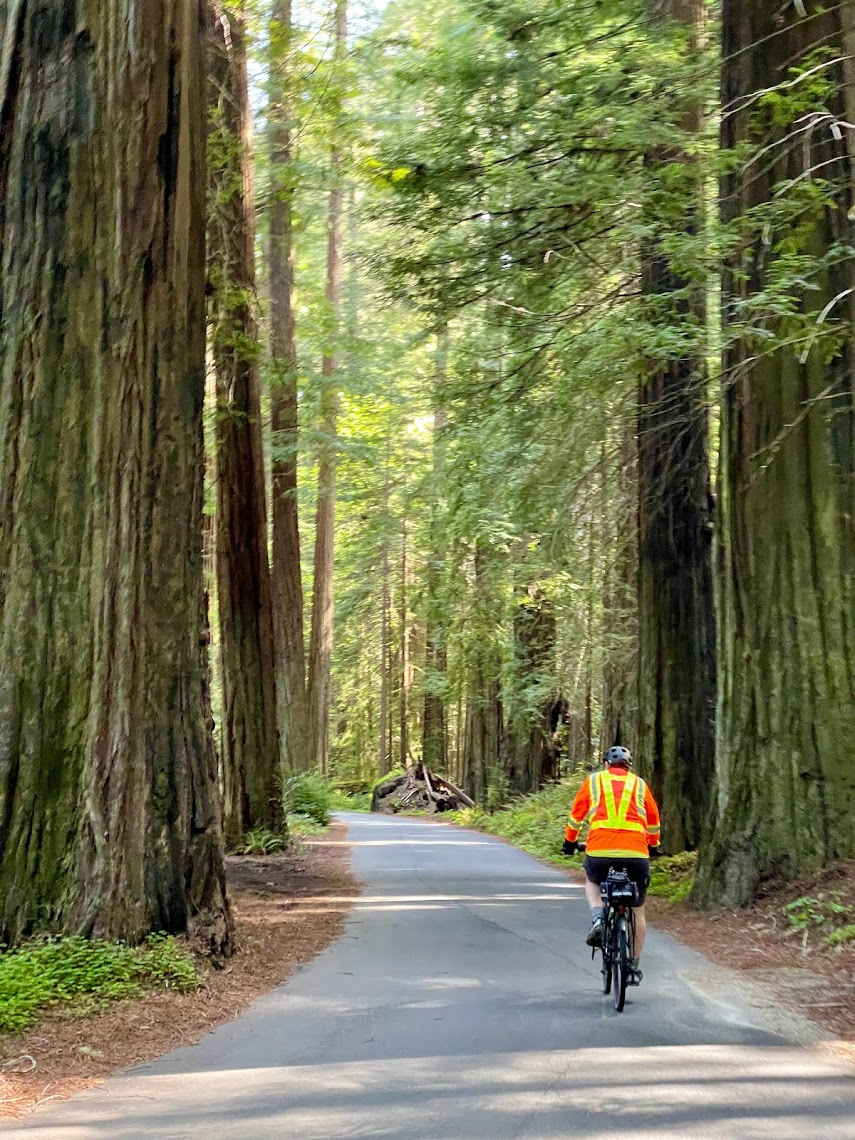
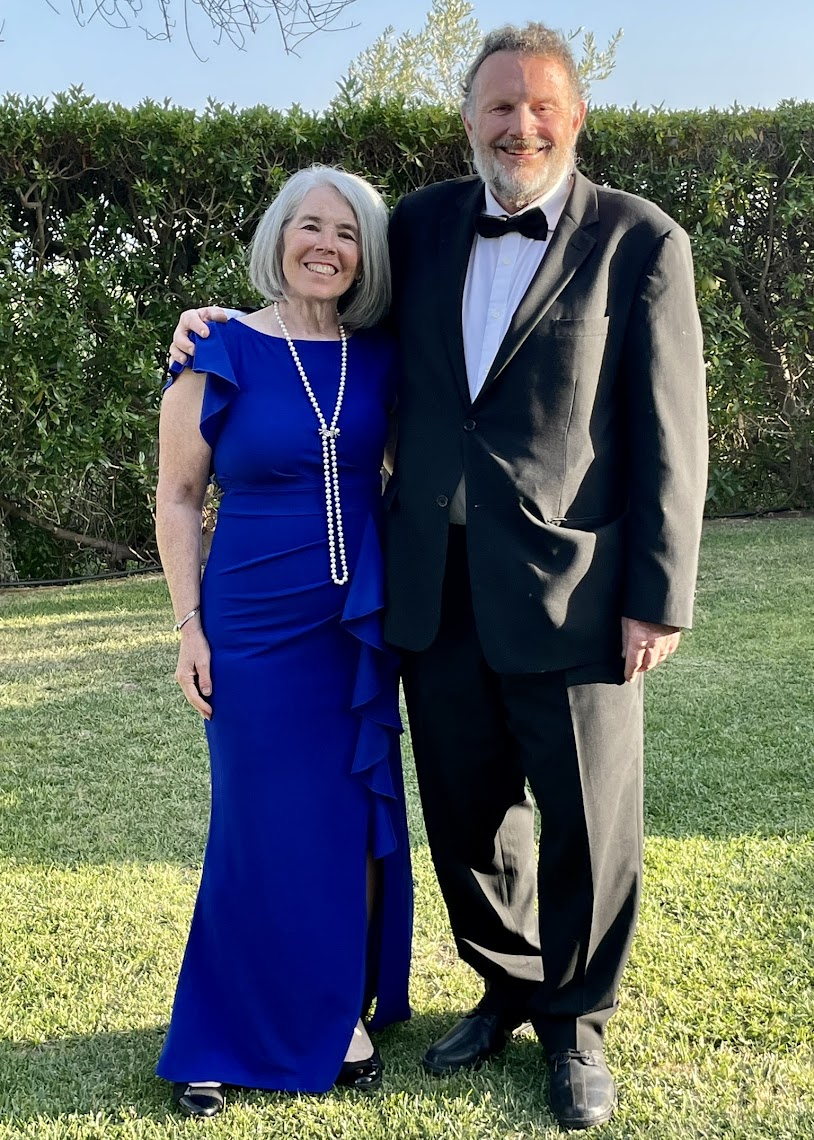
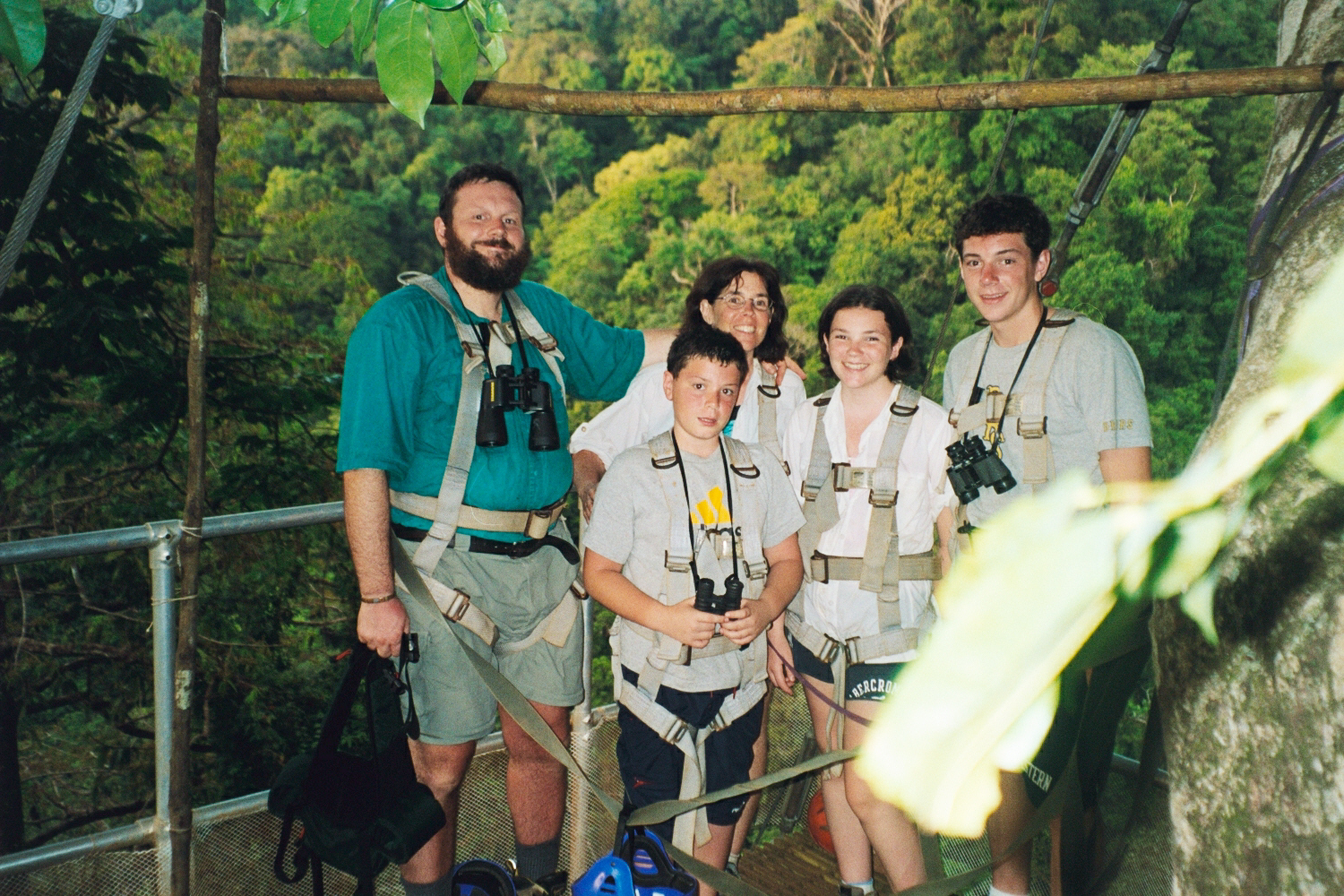

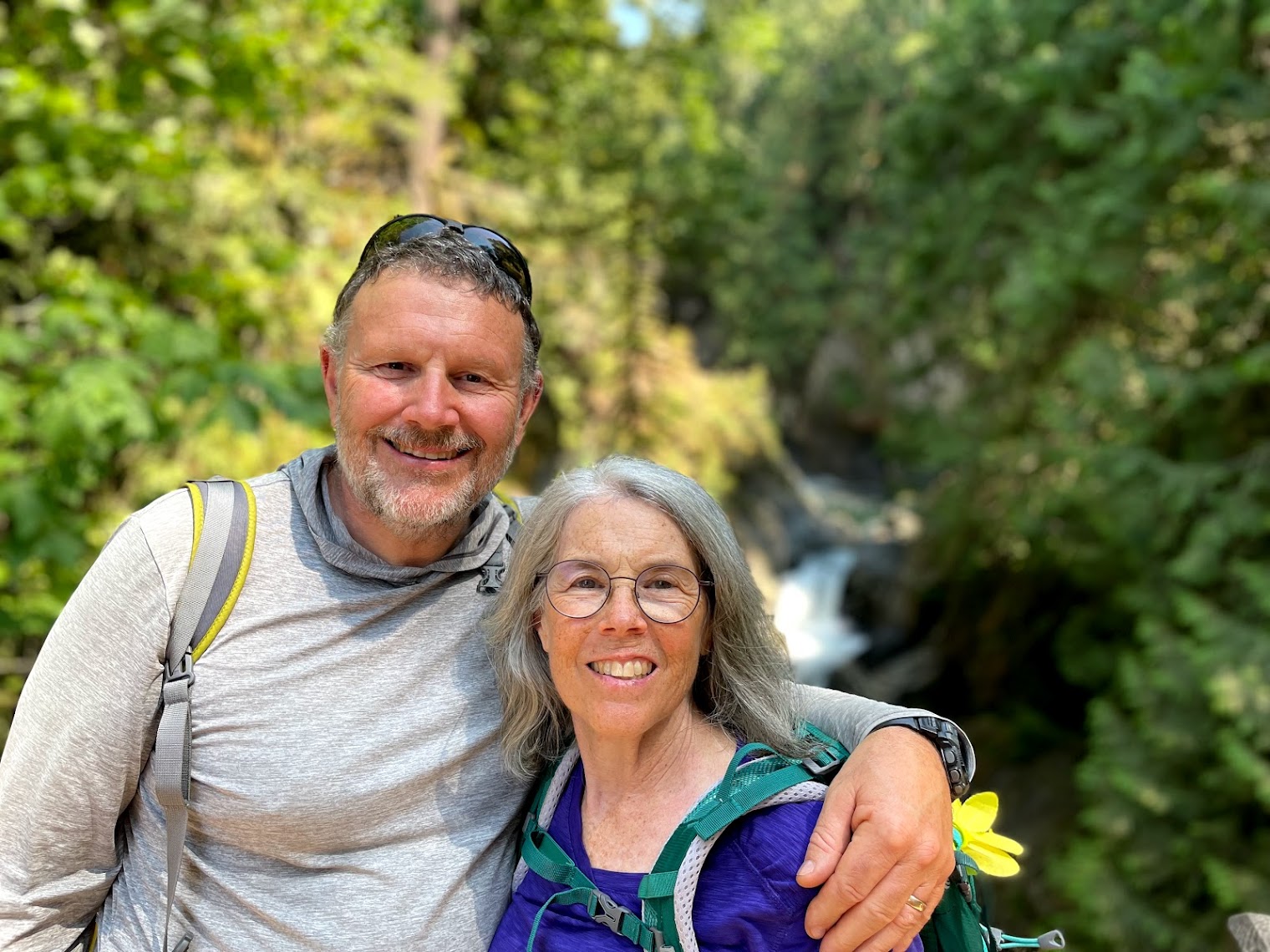
Being able to listen to my body and listen to my mind as well [is important]. There’s a certain fear factor of getting back into downhill skiing at my age. Taking things slow, but doing it. Doing something.
Esther, TPS: I know you love to travel, and I know that there is a member of your family named Pokey. Can you talk a little bit about that adaptation of travel in and of itself?
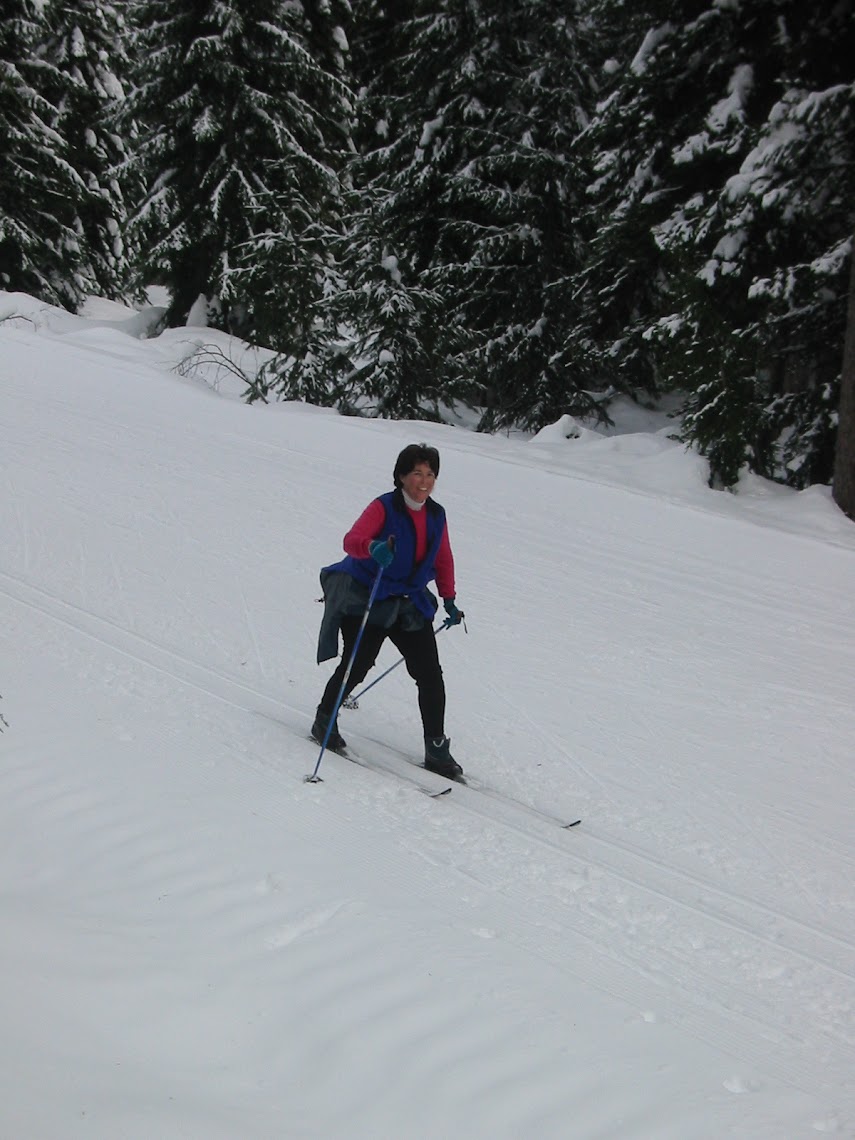
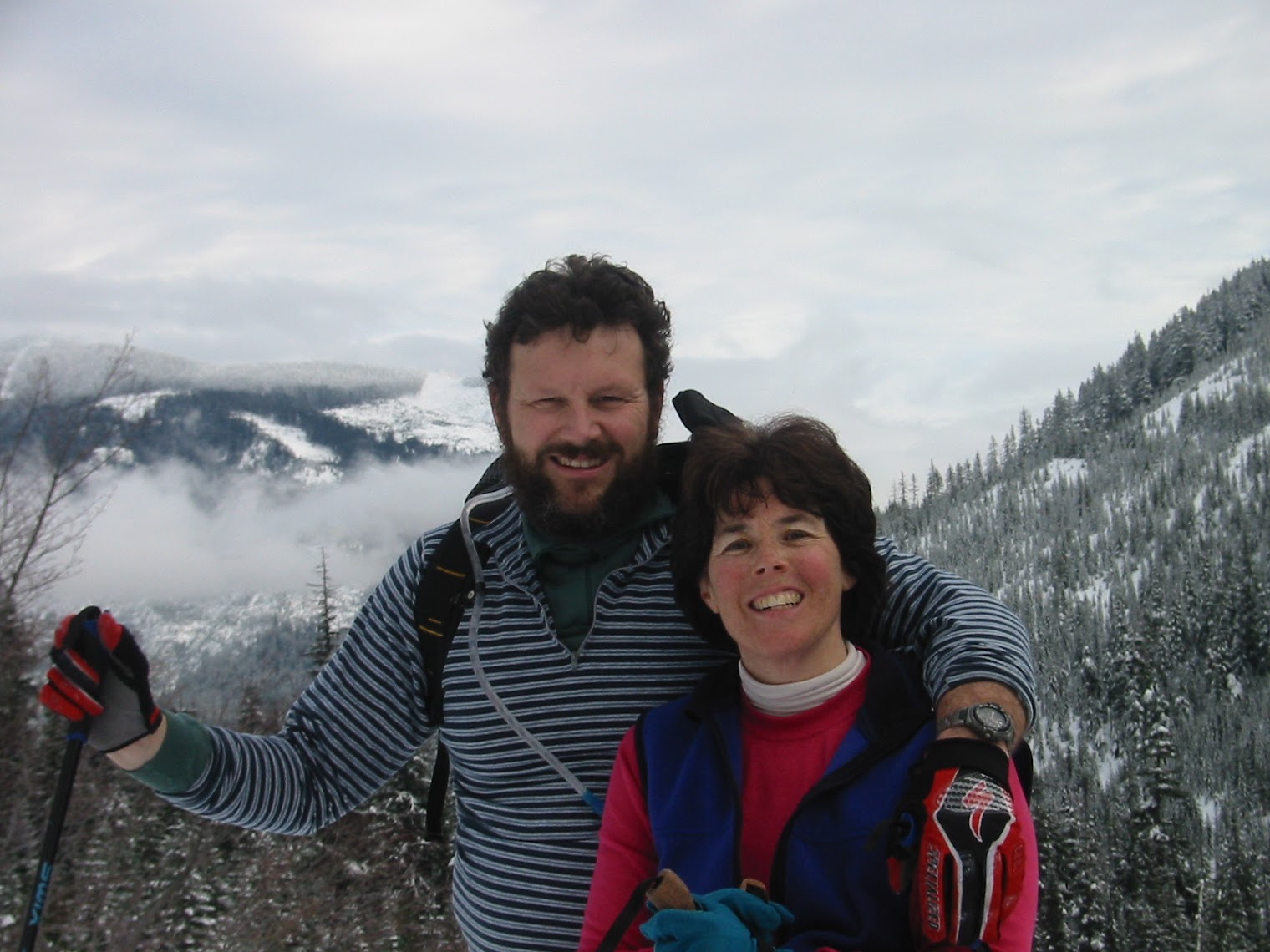
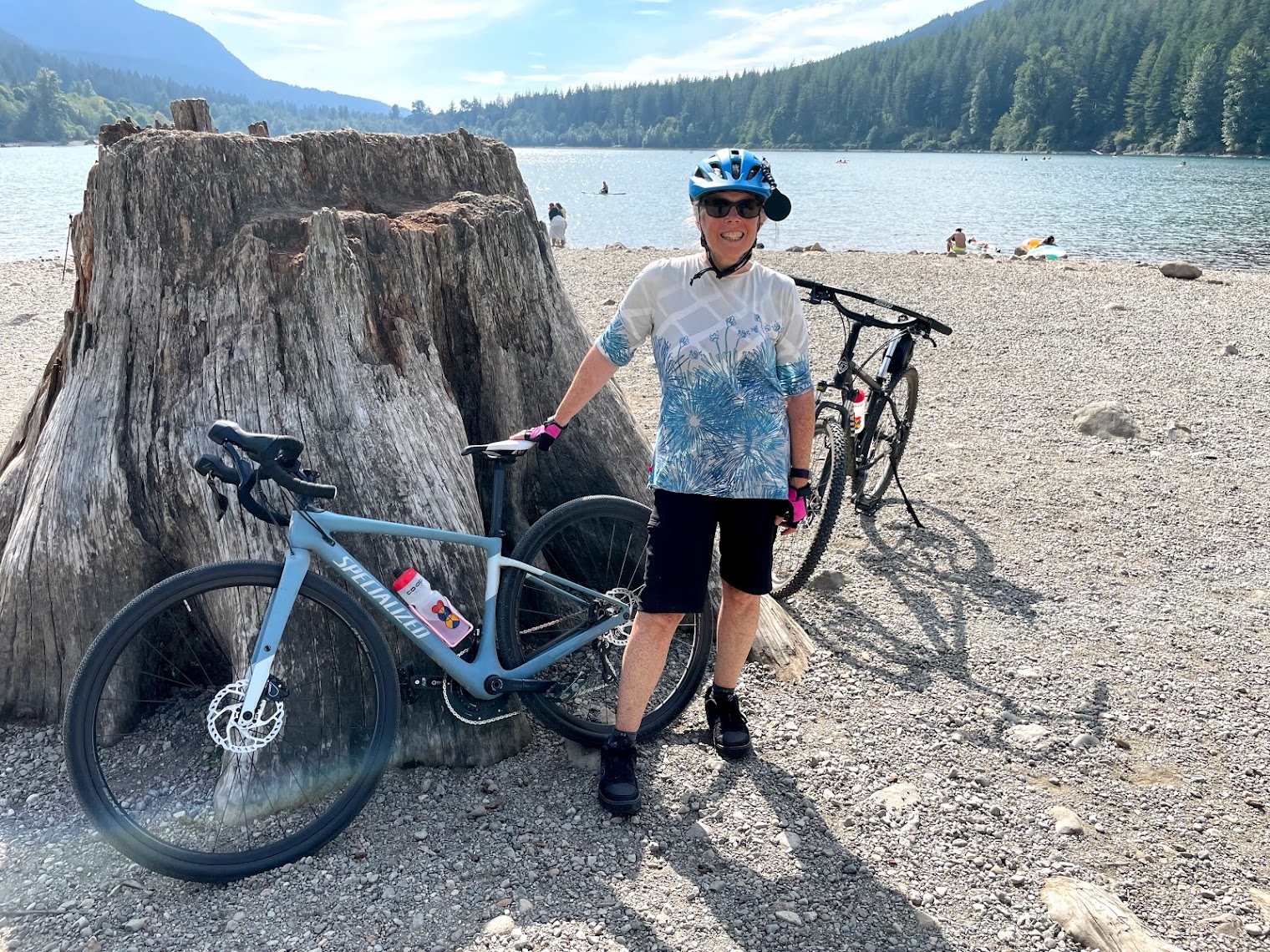
Shellie: After Randy retired and after we came back from New York… we decided that we wanted to be able to go at our own pace to be off-grid some of the time. We were looking and looking, [and] he bought a very old, fairly funky, beloved RV. Fairly funky. It’s very funky.
It turned into a project, so we didn’t get off on the road nearly as quickly as we thought we were going to. A lot of months were spent with him working on it and me working on being patient. Then we took off and took our time going down the coast. This is a 28-foot ’92 RV. 28 feet, so big but not crazy big. We had put in solar, and then we went into Baja.

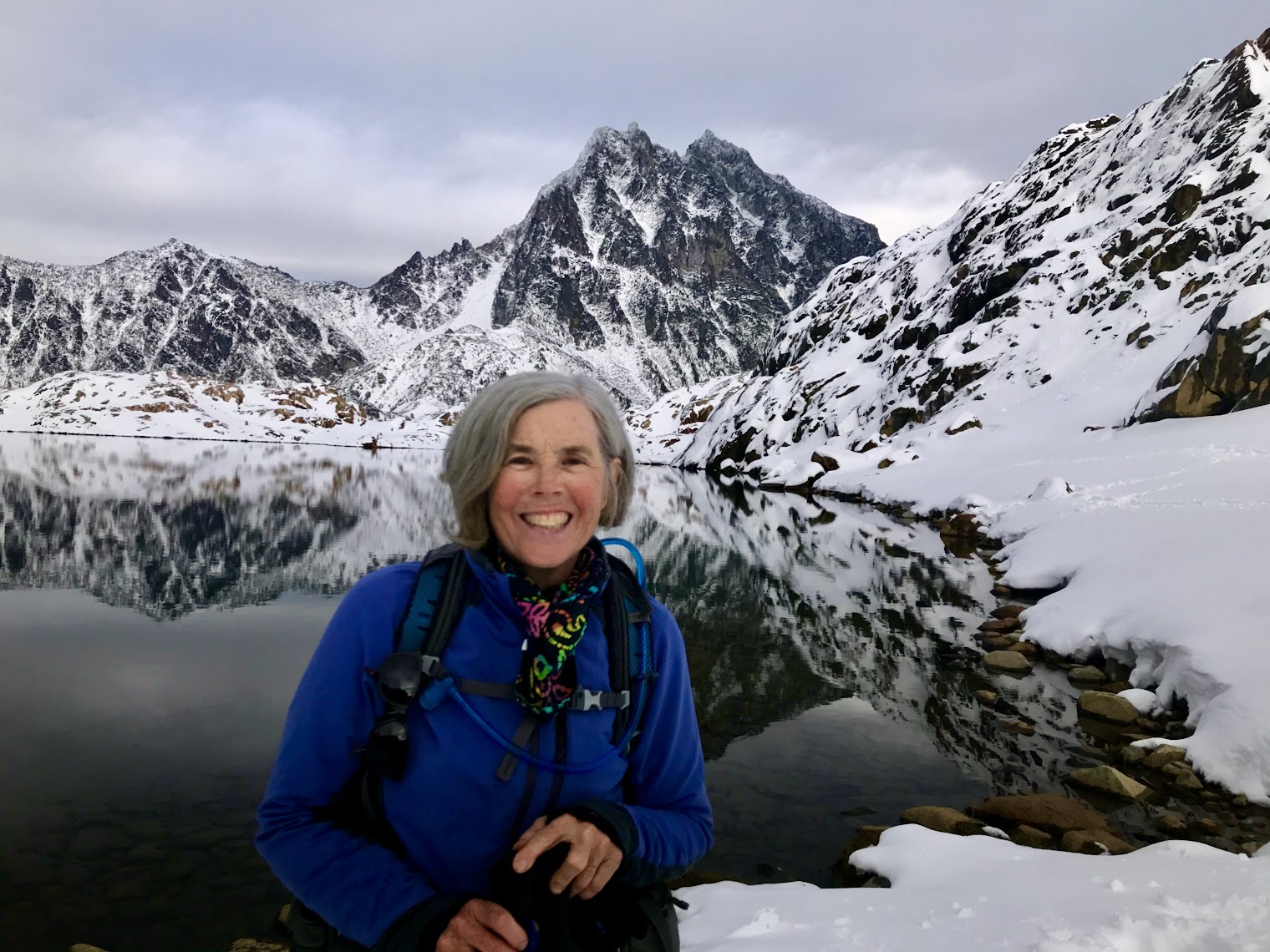
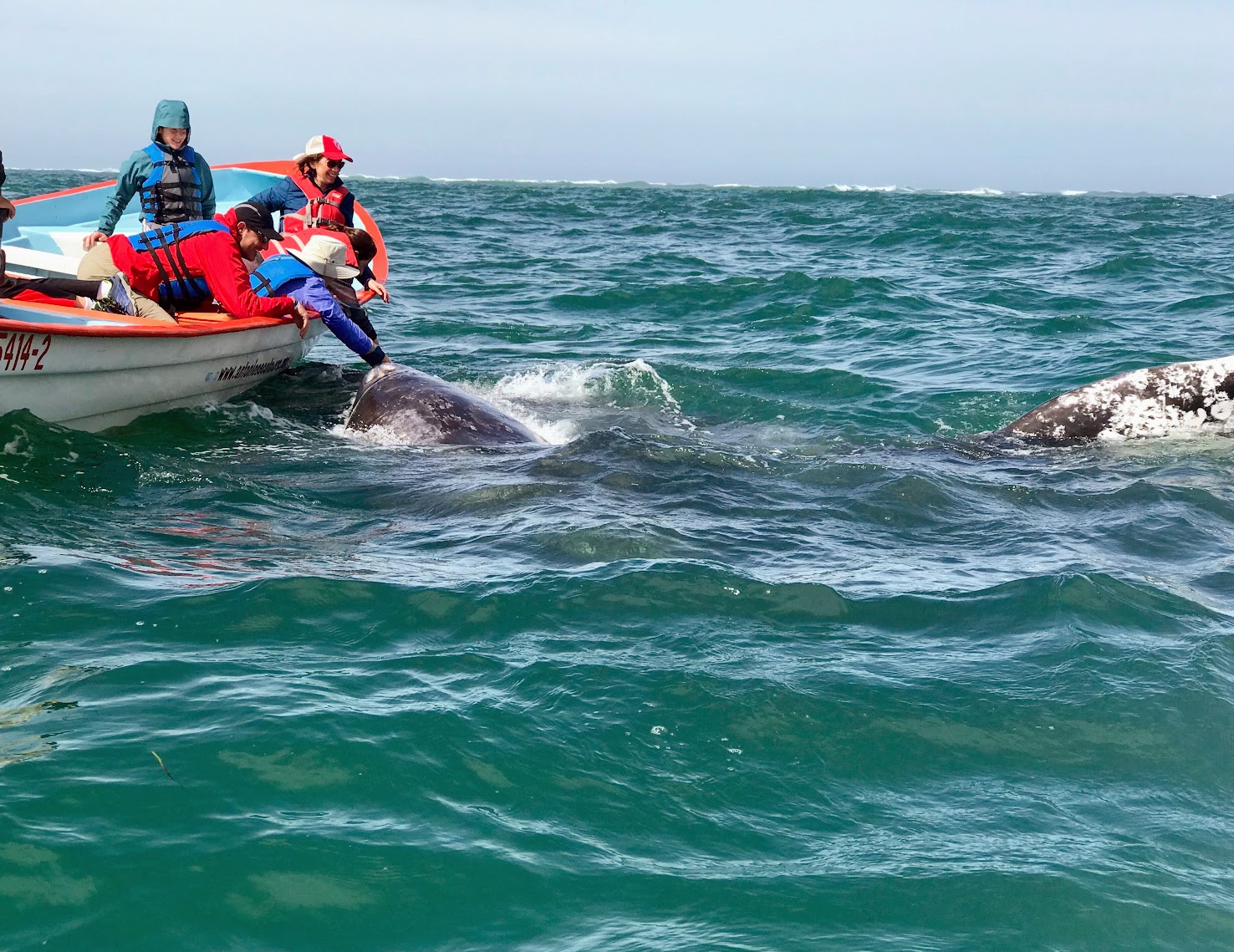
One of my [bucket-type things] was going down [to] bays in Baja where in the late winter/spring, the whales are there. They give birth. They do the initial raising of the young ones before they start migrating back. There’s something about these bays that over time, they have learned they’re curious about people. It’s very well regulated and restricted, but you can go out in these little boats and the whales come up to the boat and want to be touched.
It is an incredible experience. One of my things in terms of embracing life has been always looking for a sense of awe in the world. That can be a flower in somebody’s front yard that you really look [at] the detail of. Touching these whales was definitely awe.
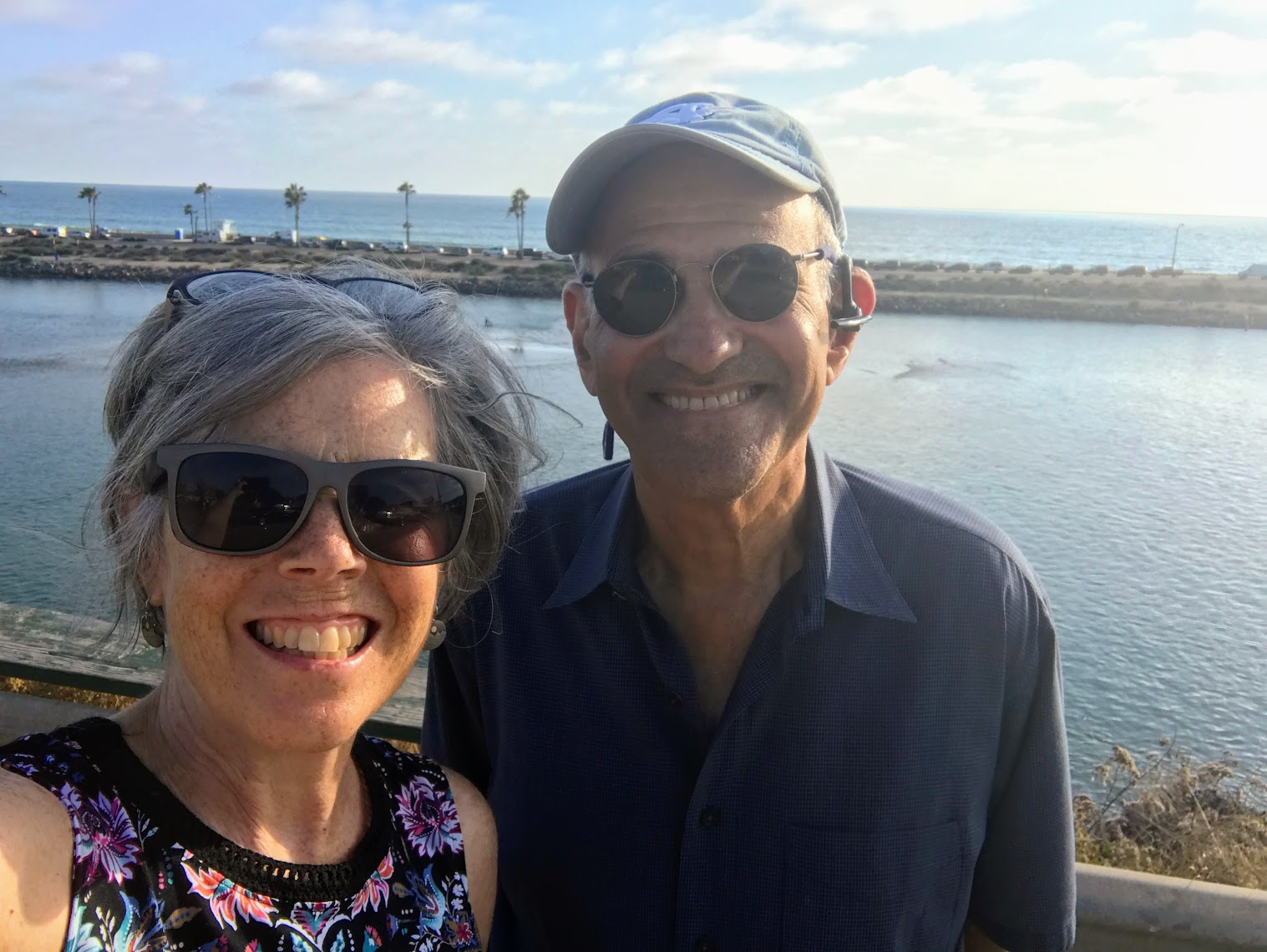
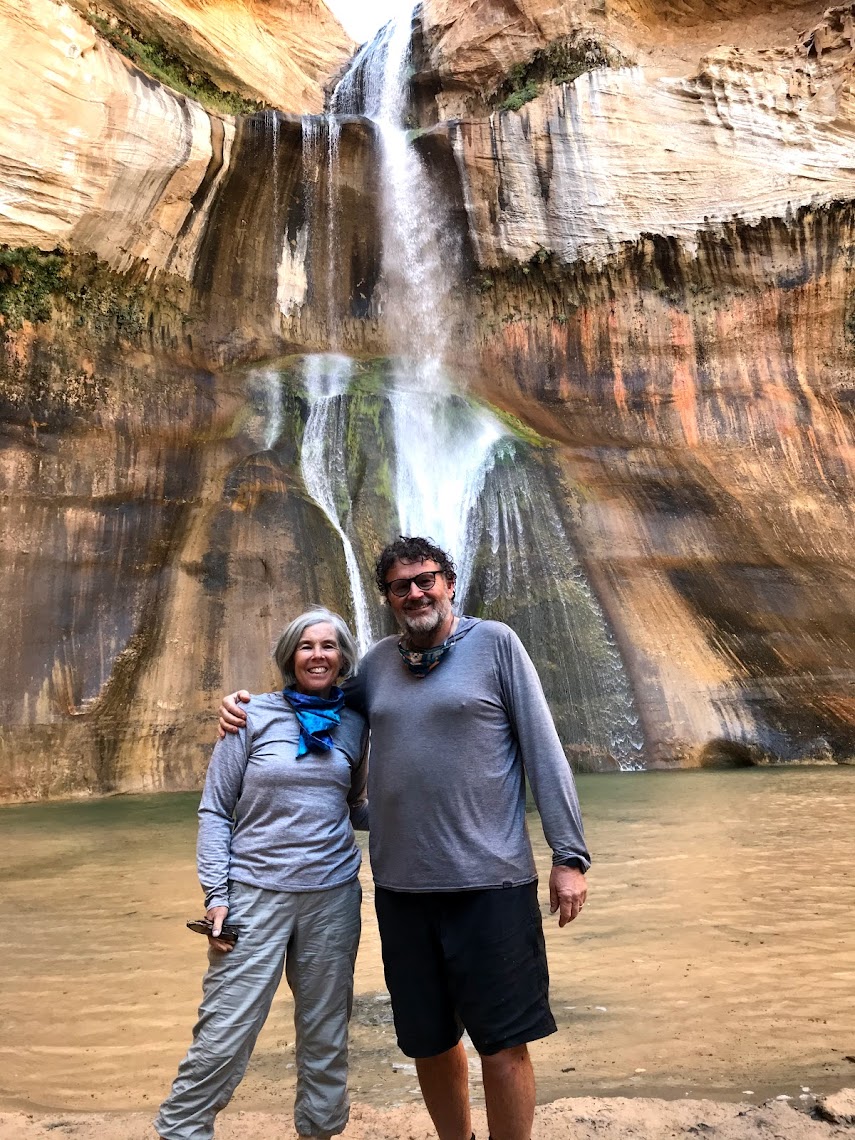
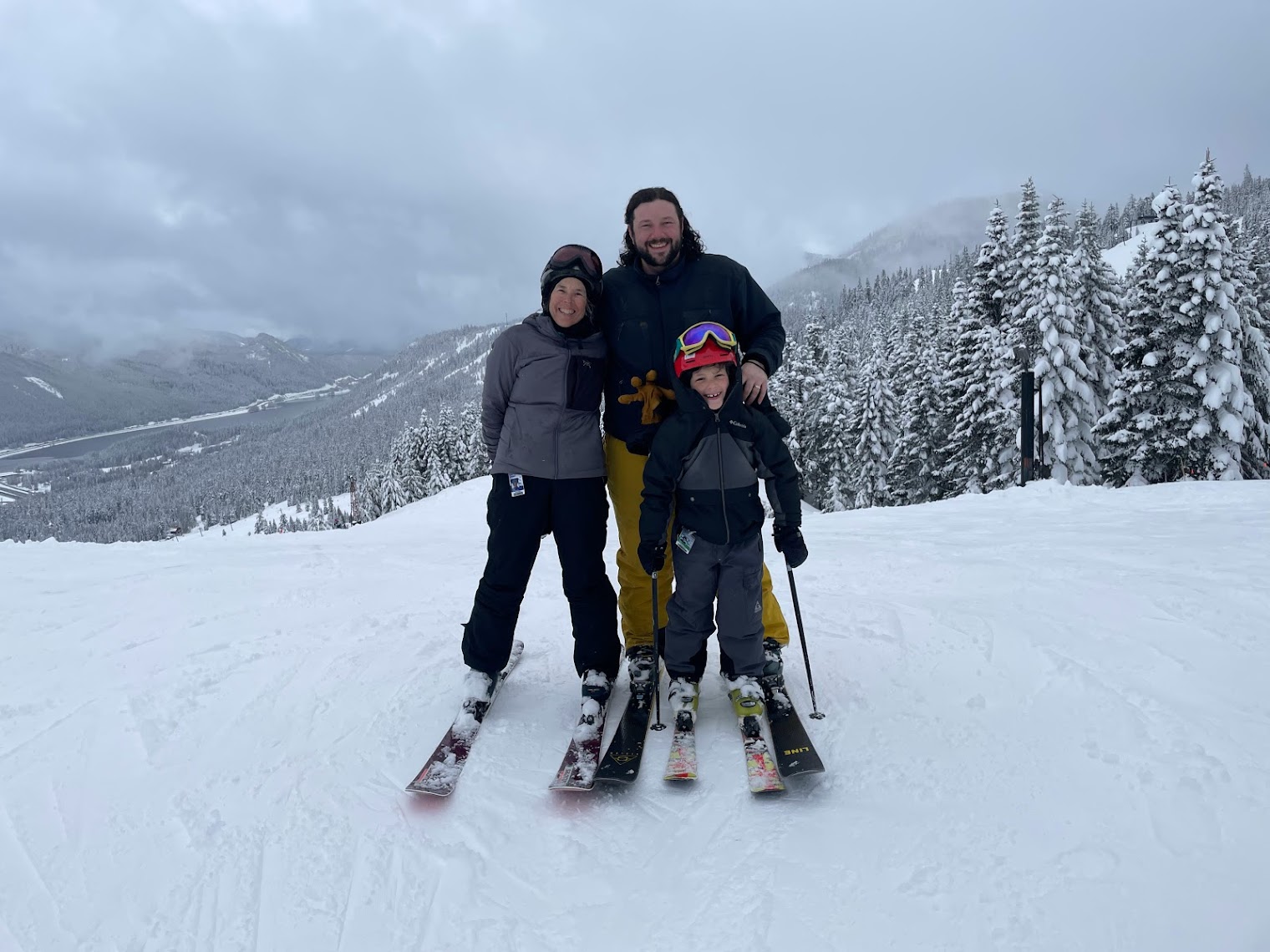
Esther, TPS: I can definitely understand that.
Shellie: That was a big highlight. Then we just spent time in Baja and then very slowly worked our way back when the RV wasn’t working well.
Esther, TPS: Having Pokey the RV clearly let you travel, very much on your own terms, at your own pace, with the partner you love. That’s a cool adaptation of, “Oh, I got to get on a plane, and I got to do the hotel thing, and what am I going to eat, and where am I going to sleep?” It’s just cool.
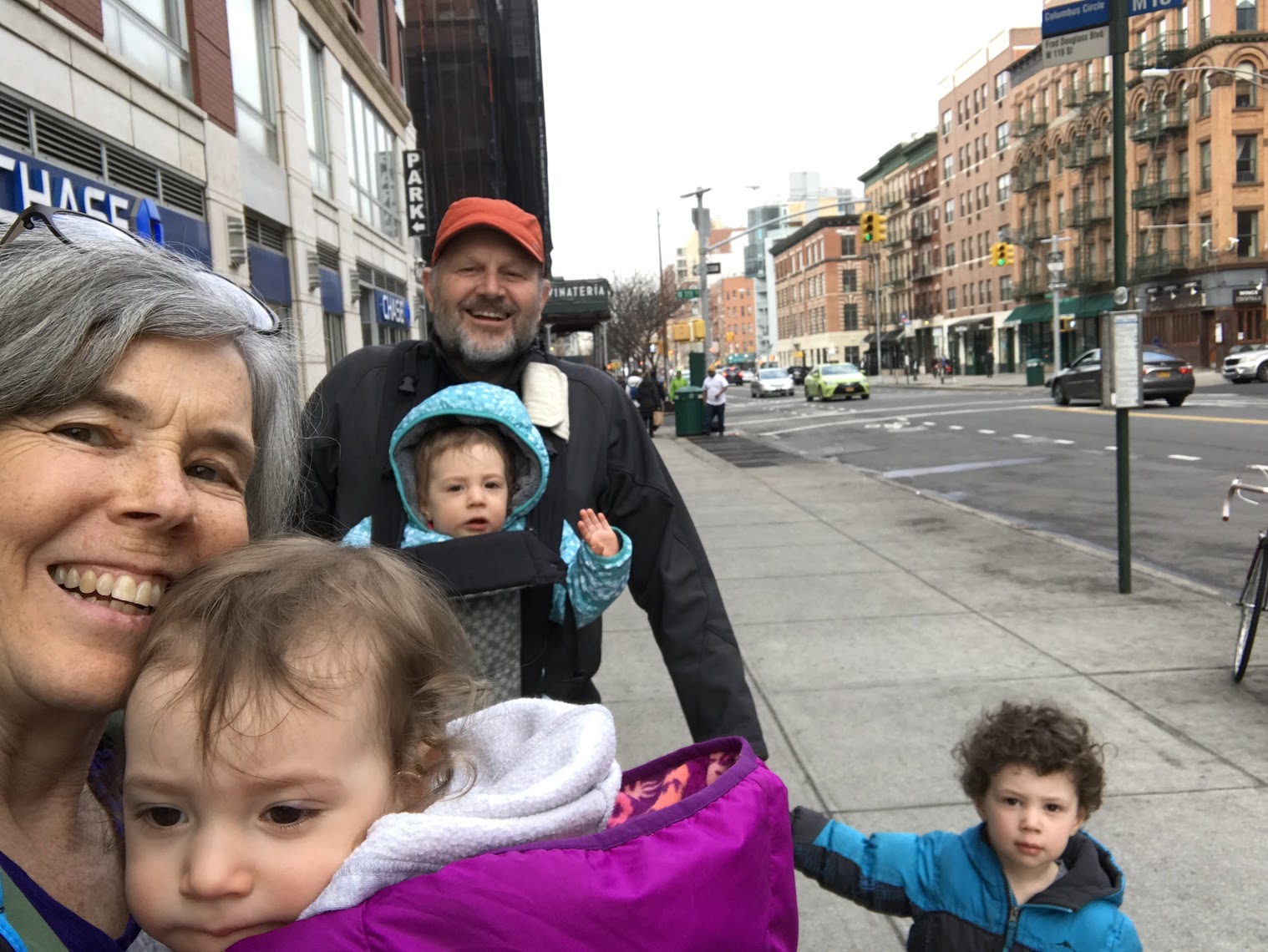
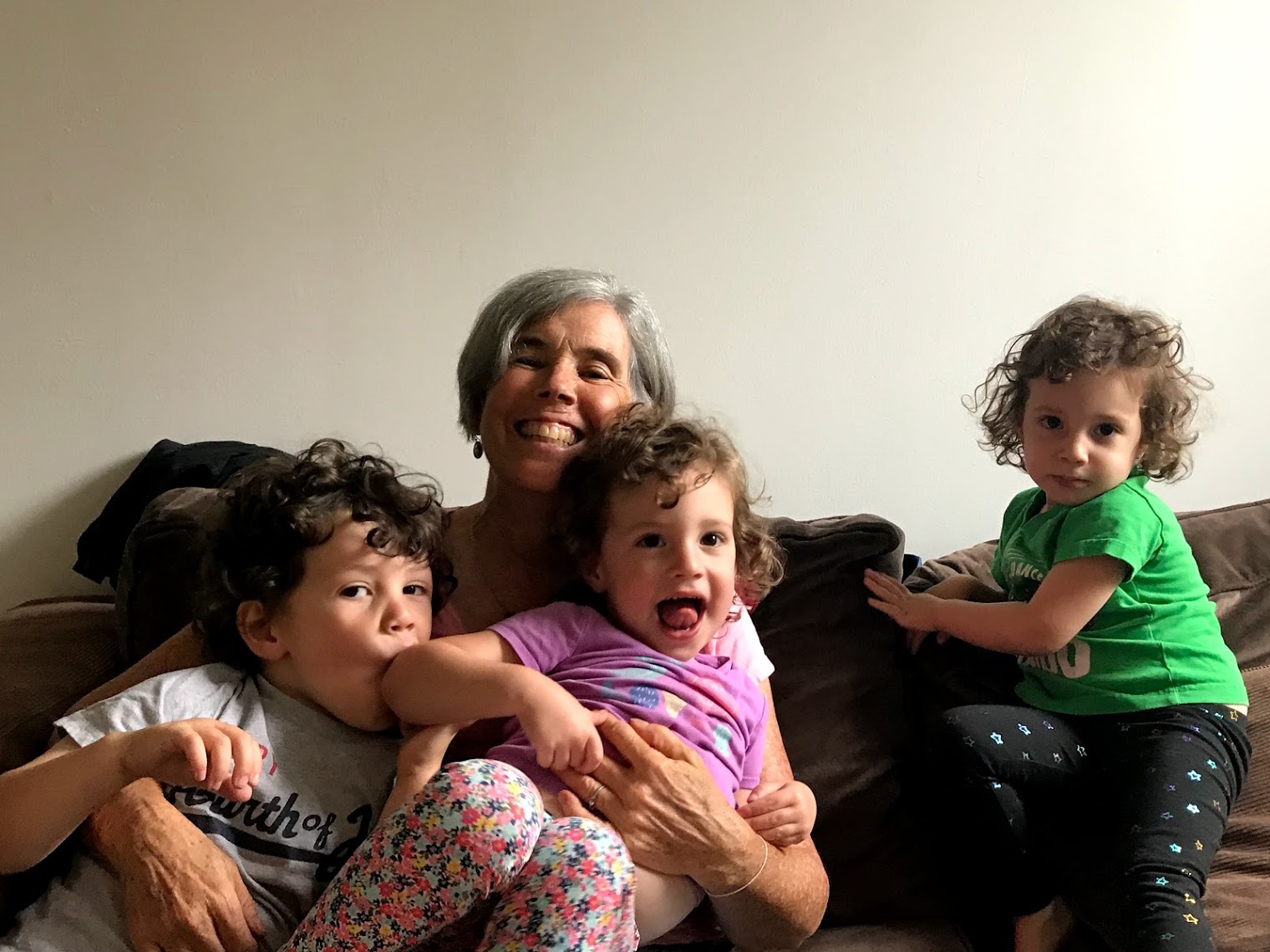
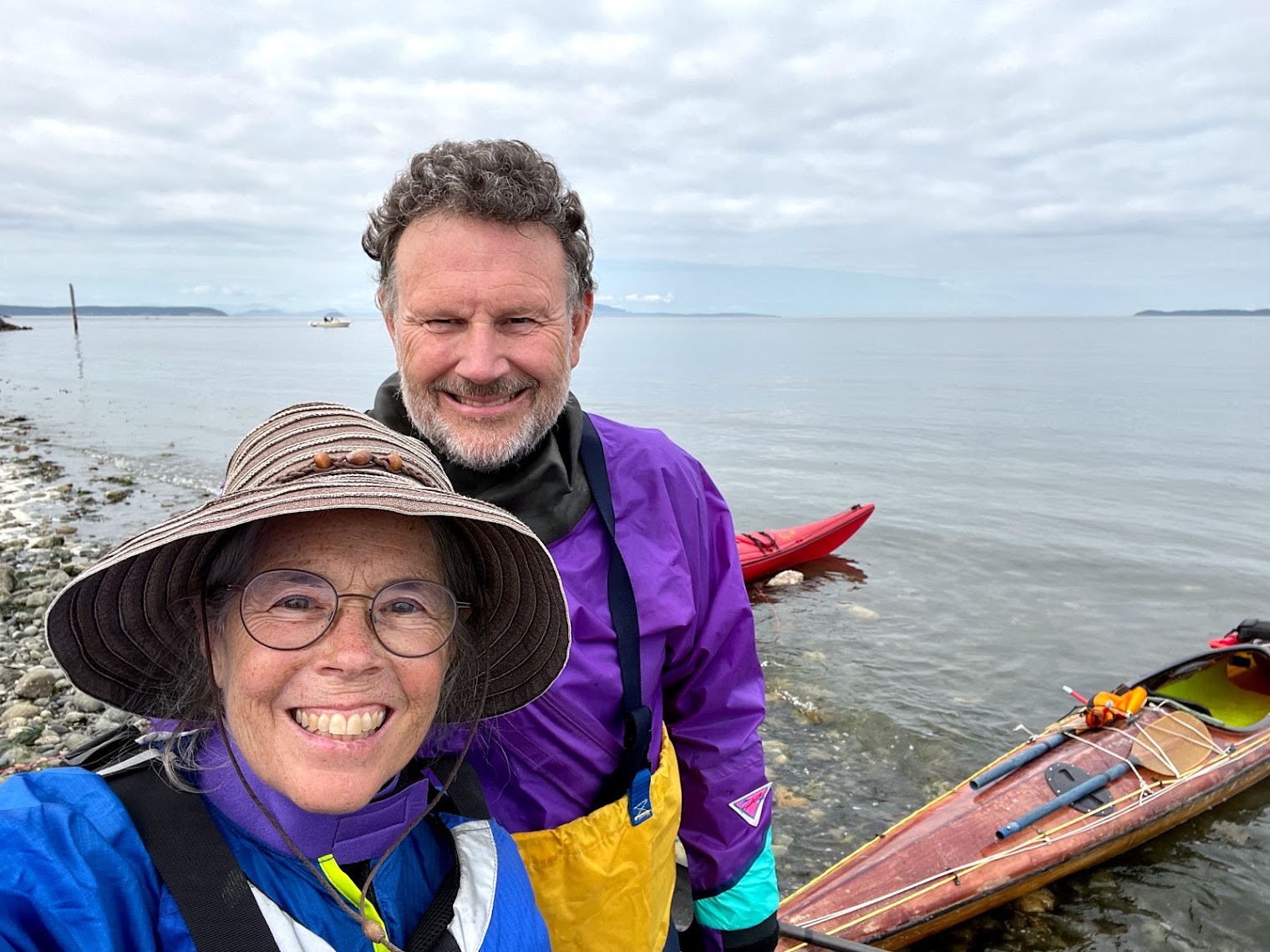
Shellie: It was, and we found that — this is maybe not true for everybody — but we actually did really well together in 150 square feet. You can’t take very much with you. It takes a lot of everyday-life stress issues that can come up. Who’s doing what? Who’s taking care of what? Just go out on the road and take it as it comes, meet people, and be in beautiful places. Go off the grid to places where you can’t find places to stay. It was wonderful.
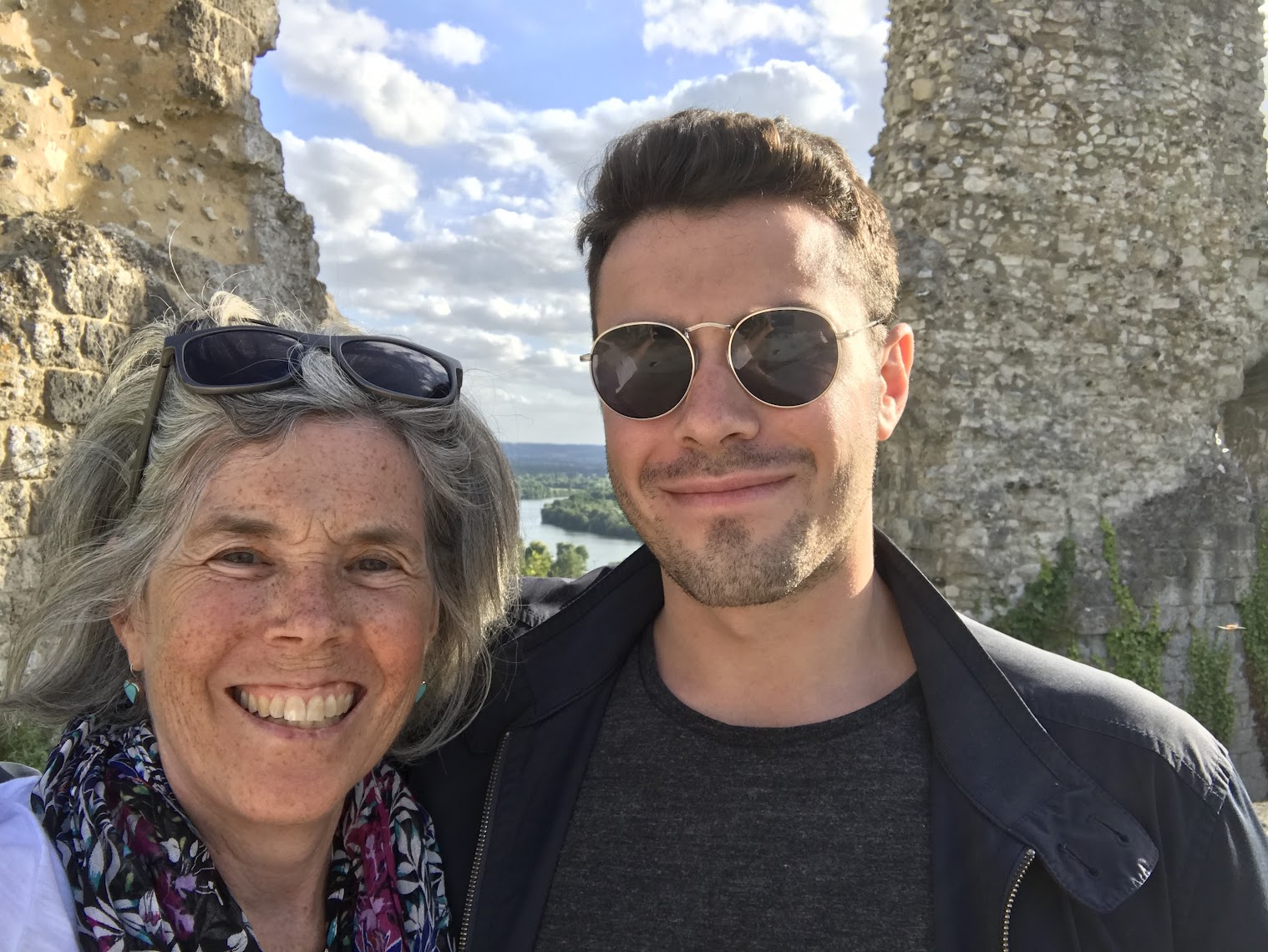
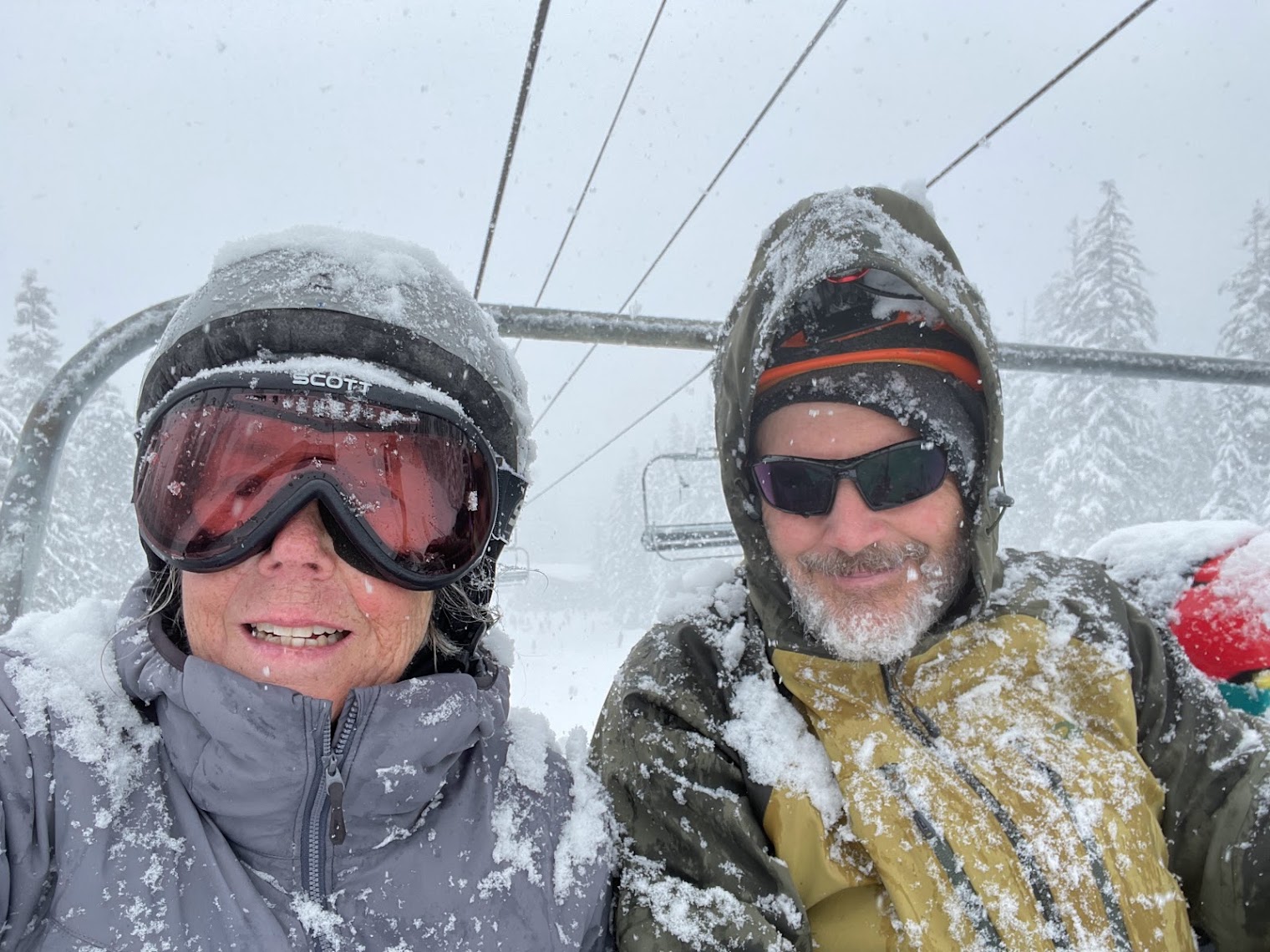
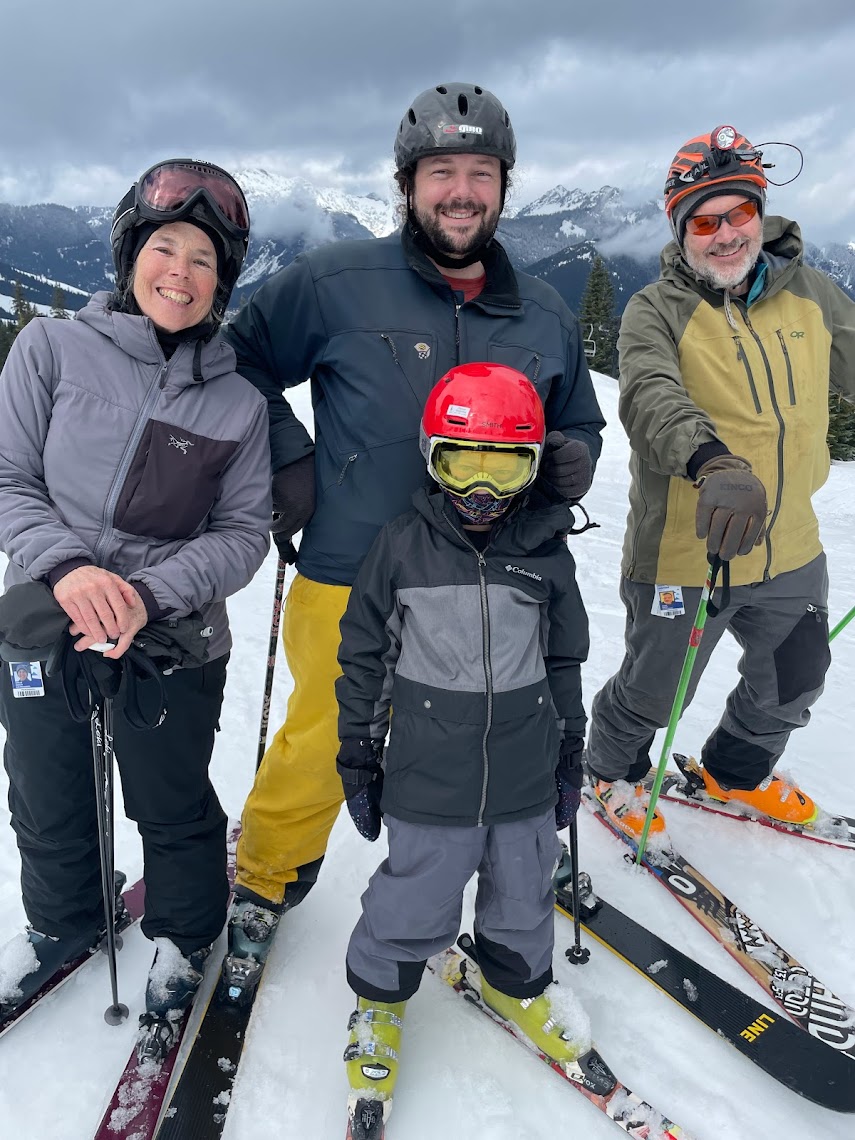

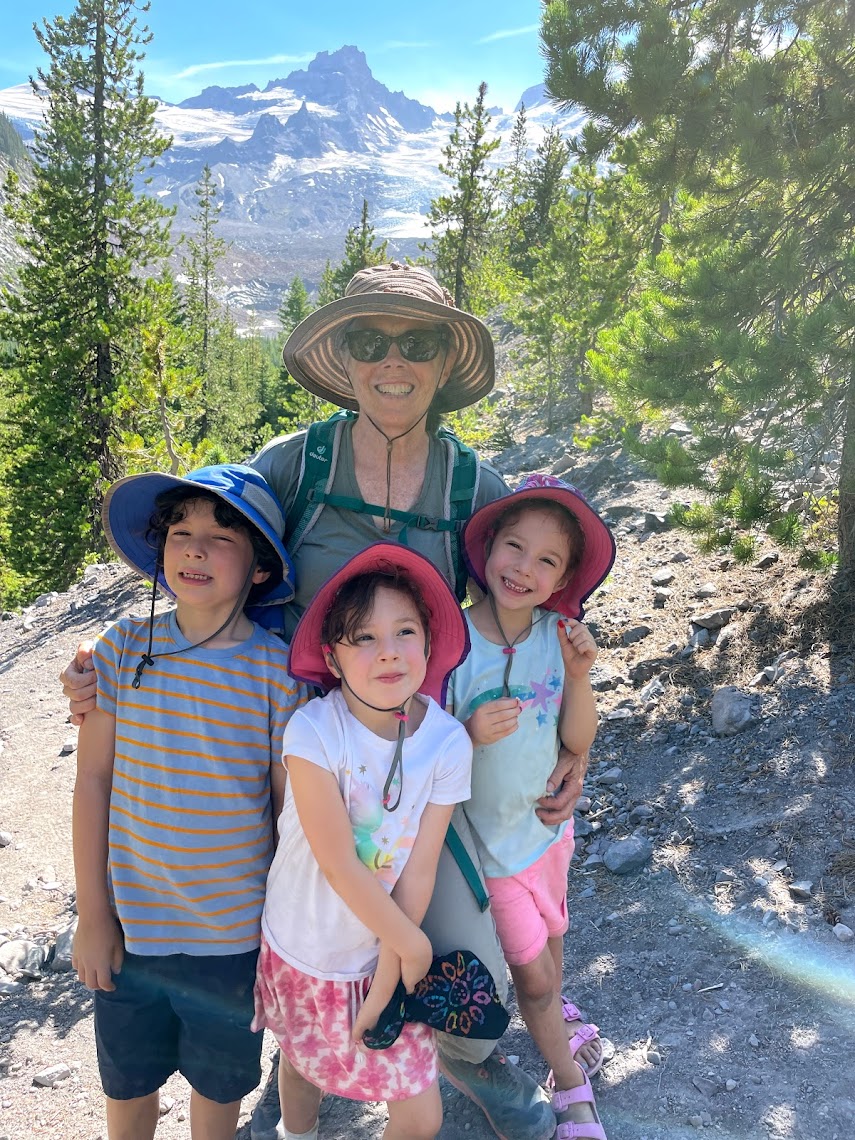

Spending time with grandkids
Esther, TPS: Let’s pivot for a second. There is another great love and passion in your life: your kids and your grandchildren. Can you talk a little bit about how that has filled a very big part of being active now as an amazing survivor and thriver?
Shellie: It is. I feel such gratitude to be able to be close and have these relationships. We have 3 grandchildren. We have 3 children, and now we have 3 grandchildren from our oldest son and his wife. They had a little boy and then when he was about a year old, they discovered they were having twins. [There are] 19 months between them.
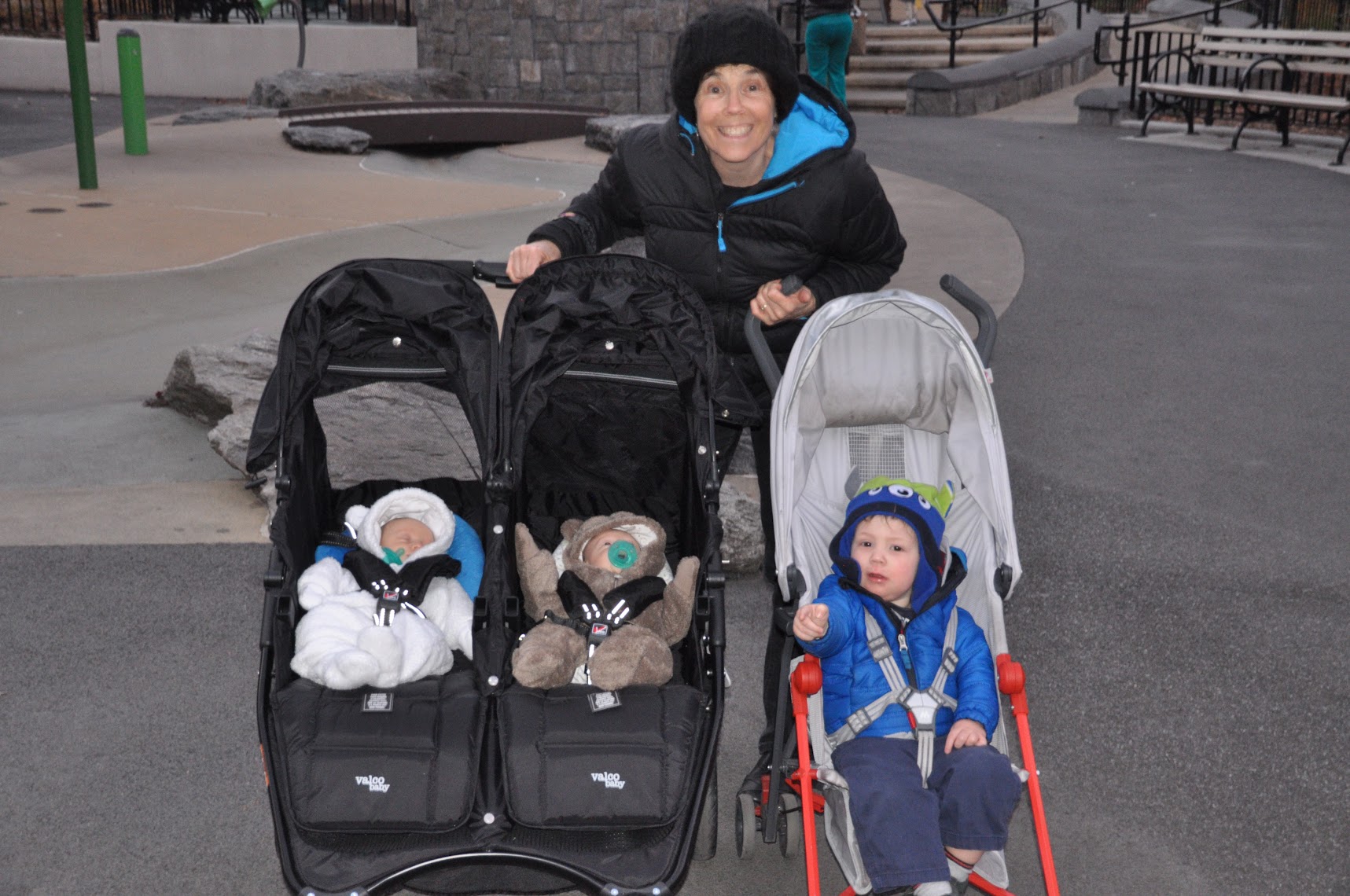
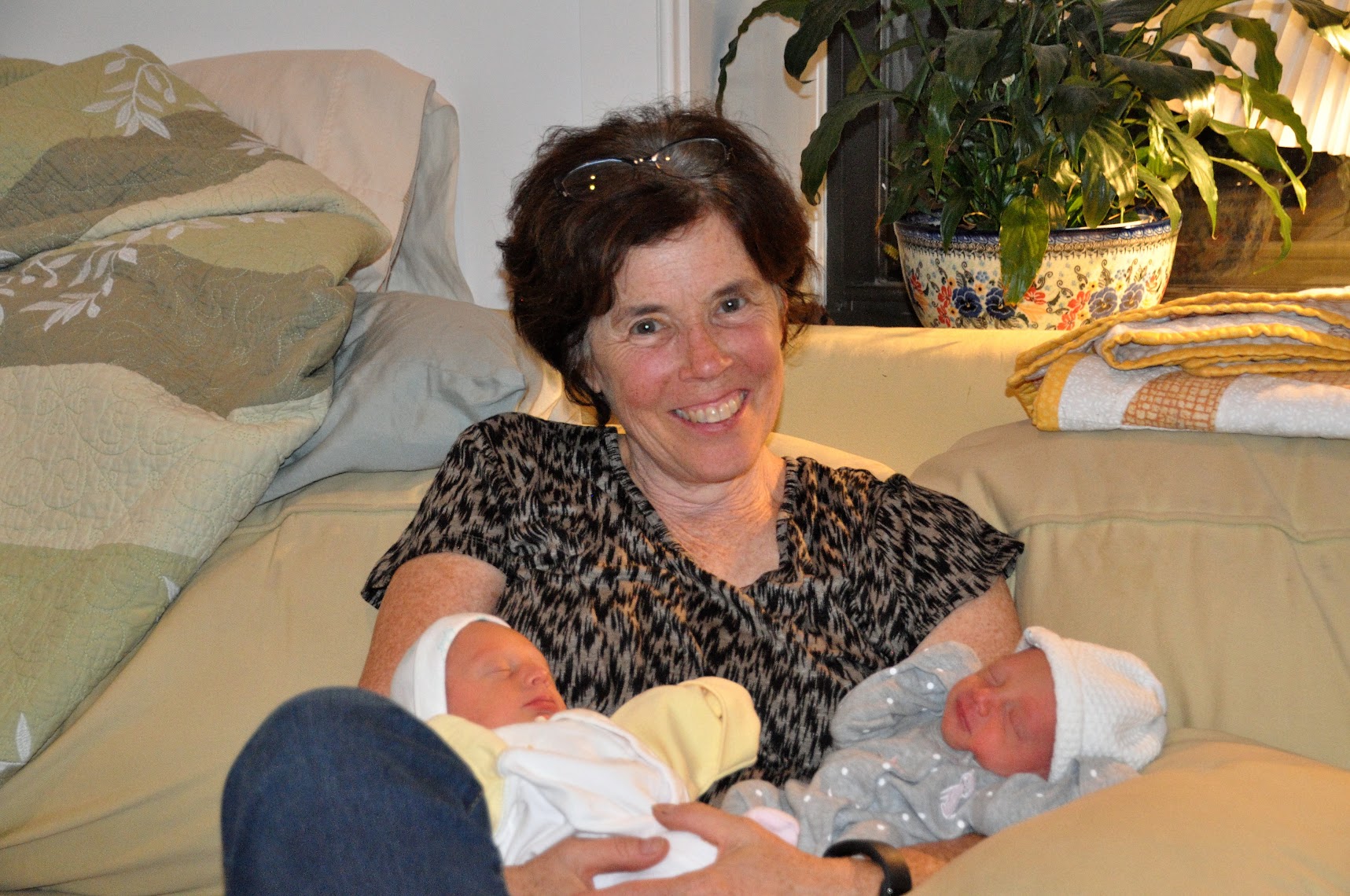
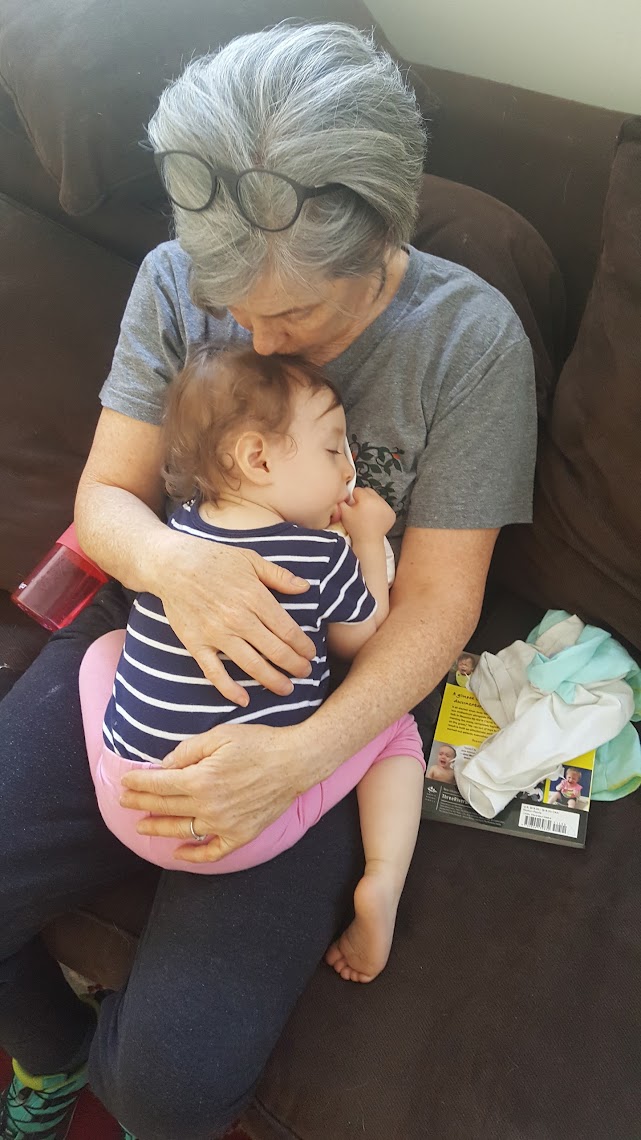
For me, it was actually a spiritual process. If you had a year to live, what choices would you make in your life? Even though at that point I did have a job that I liked a lot, I retired from that, and we moved to Harlem in New York City. [It was] never a place that we anticipated or desired to live, but they needed help.
We wanted to be close. We wanted to have that kind of relationship with all of them. We lived there for 2 years, helping take care of these 3 babies. Then even after we came back, every 6 or 8 weeks, we would fly back to give them a break. It’s a lot.


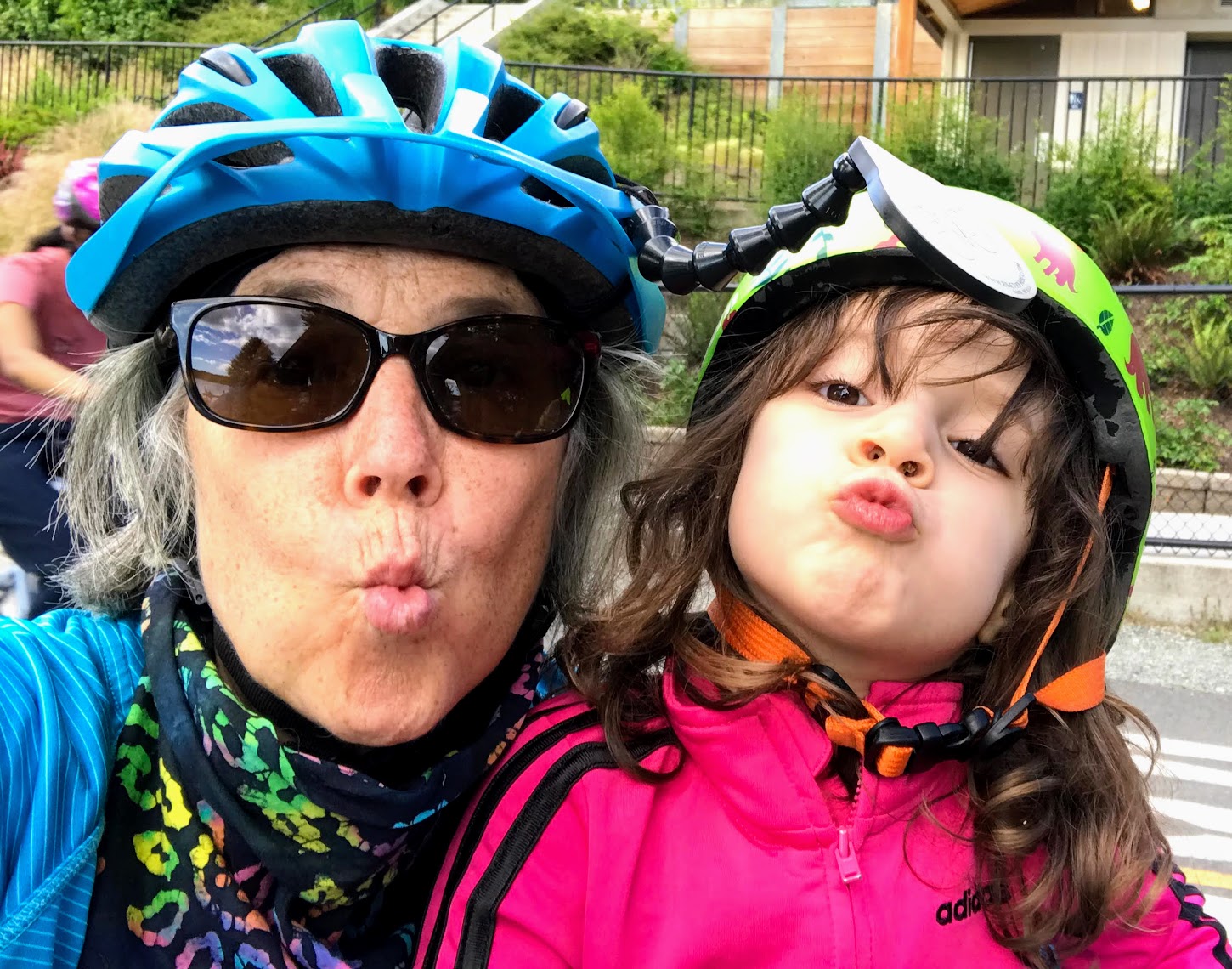
Esther, TPS: Now you’re still involved.
Shellie: We are super involved because the silver lining of the pandemic for us was they moved here to Bellevue. They live less than a mile from us. We see them regularly. We are able to not only help schlep and drive and help with whatever is needed, but to play with them.
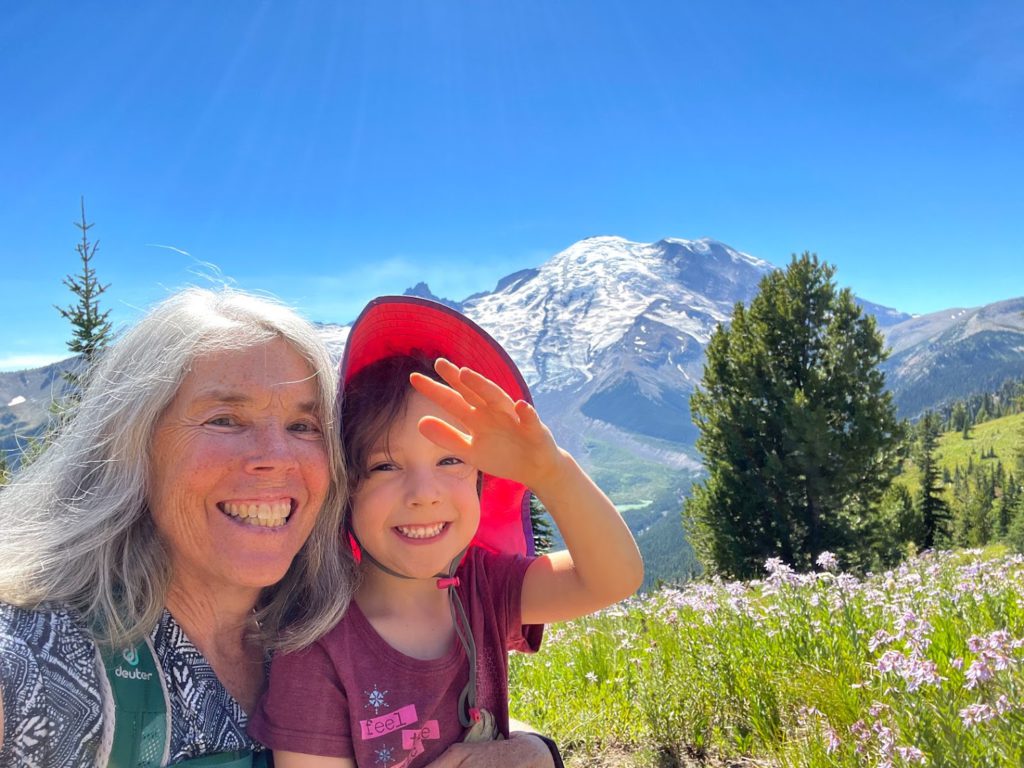
What do we want to make today be? Some days it won’t be a lot, and that’s okay, too.
The beautiful thing about Washington is the easy access to the outdoors. I have woods to hike in a mile and a half from my house and a lake about the same distance to put a kayak in. I can take them out kayaking, which I do, and hiking. We call it walks. They are New York City kids. They haven’t fully embraced the hiking thing.
Esther, TPS: They’ll get there.
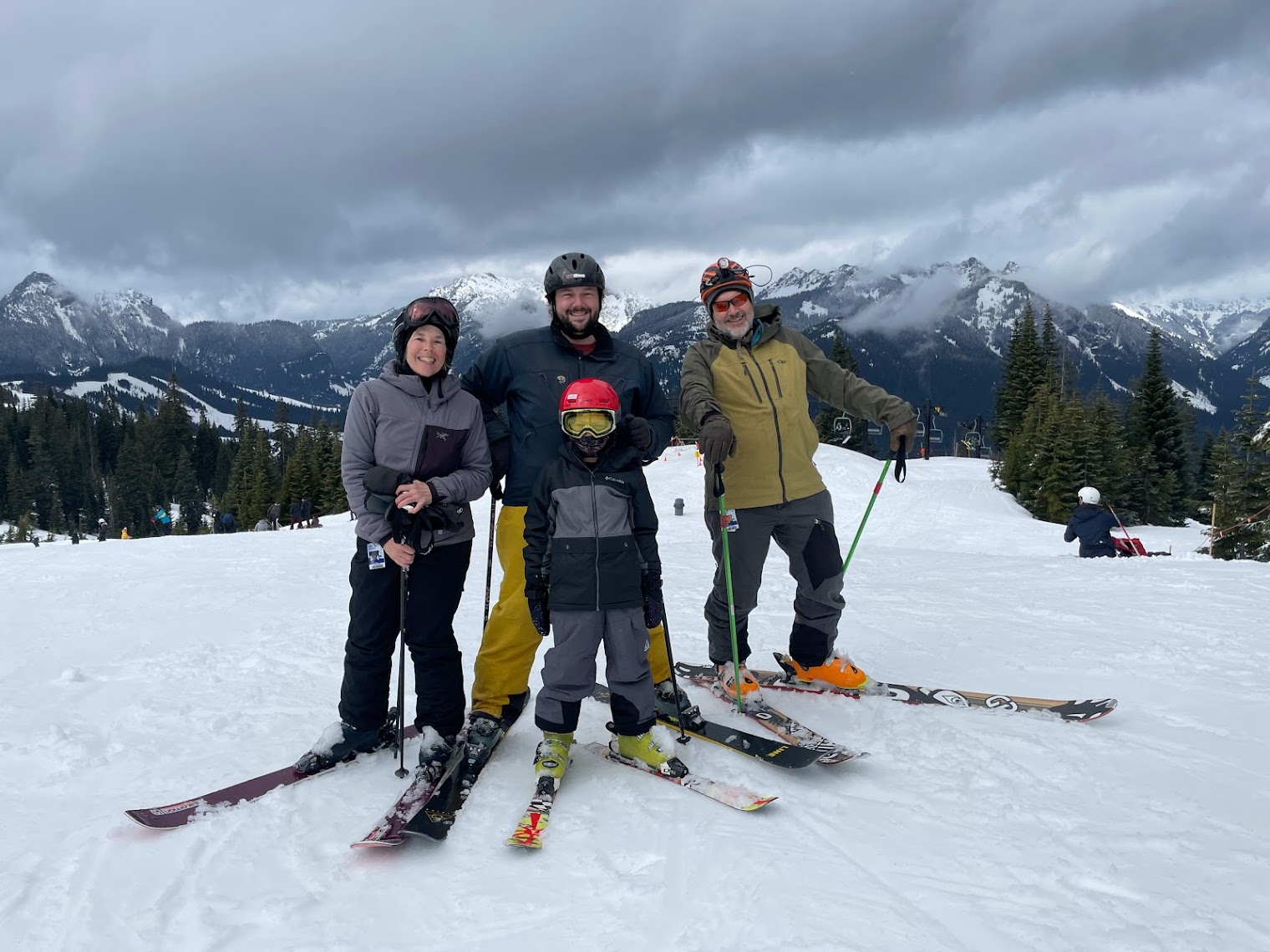
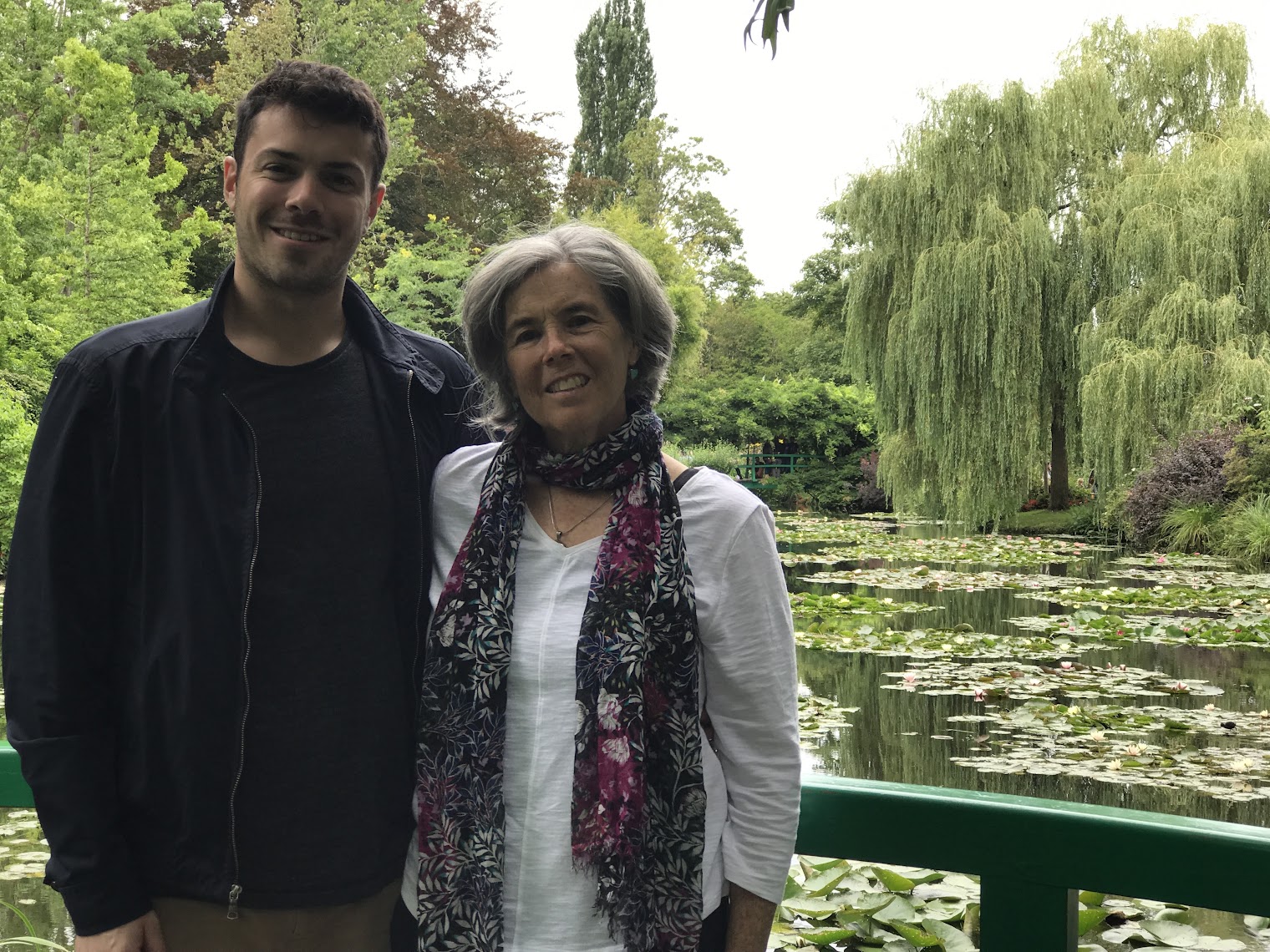
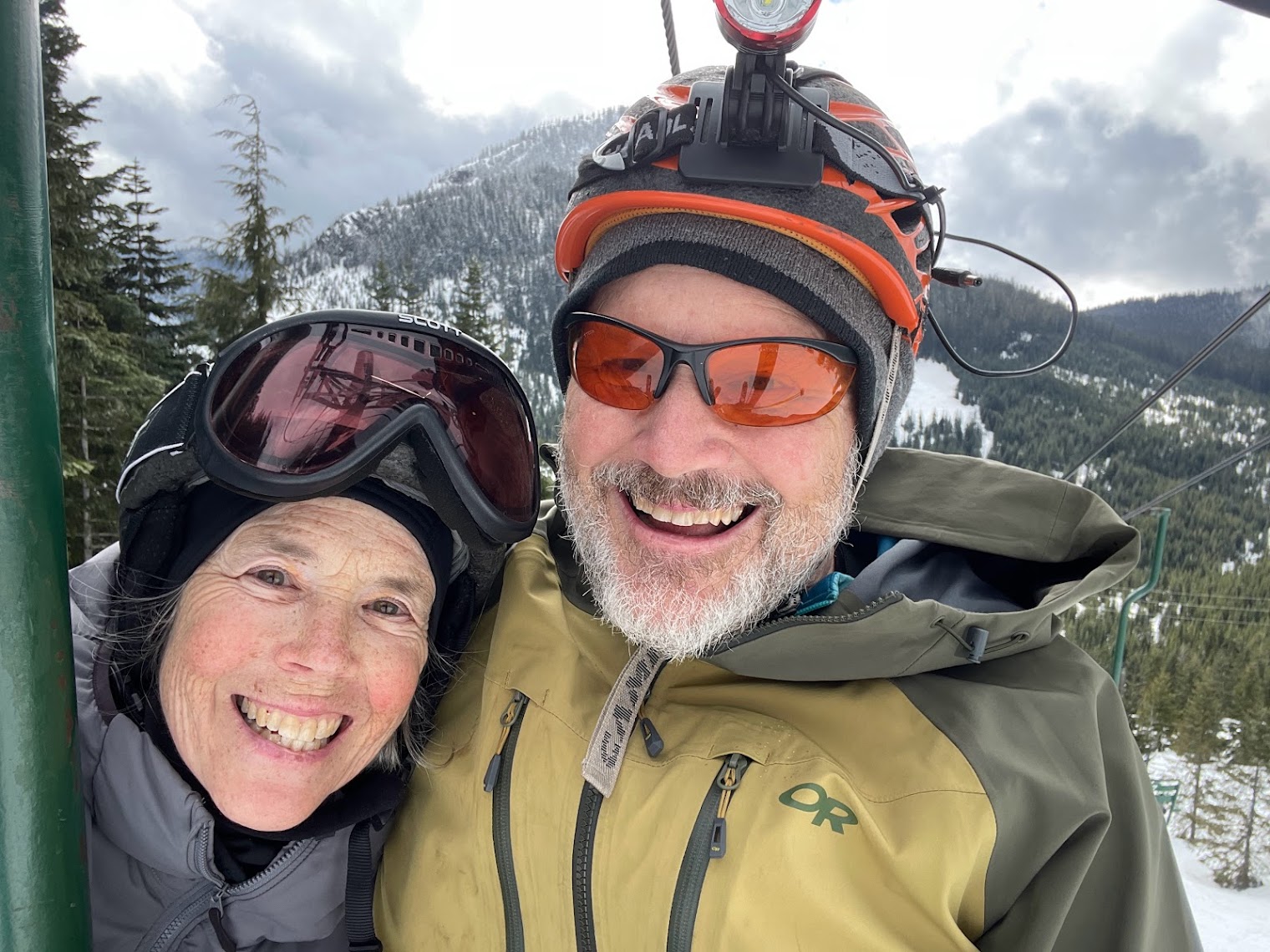
Shellie: We did a bicycle camping trip with Micah one of the years before they had actually even moved here. [We] toured with him [and] went over to one of the islands. We did stuff with our kids, but it’s a different joy with grandkids. We’re very involved. We’re happy to be very involved and really happy that we get to share what we love with them.
Esther, TPS: My guess is that you and Randy are going to be the grandparents that those grandchildren will actually still talk to when they’re teenagers.
Shellie: We hope so. We’re here, and hopefully we haven’t become too much associated with day-to-day parenting. So far, there are those moments to be able to be that extra adult and take them up on a lap and just listen and talk. It’s pretty precious.
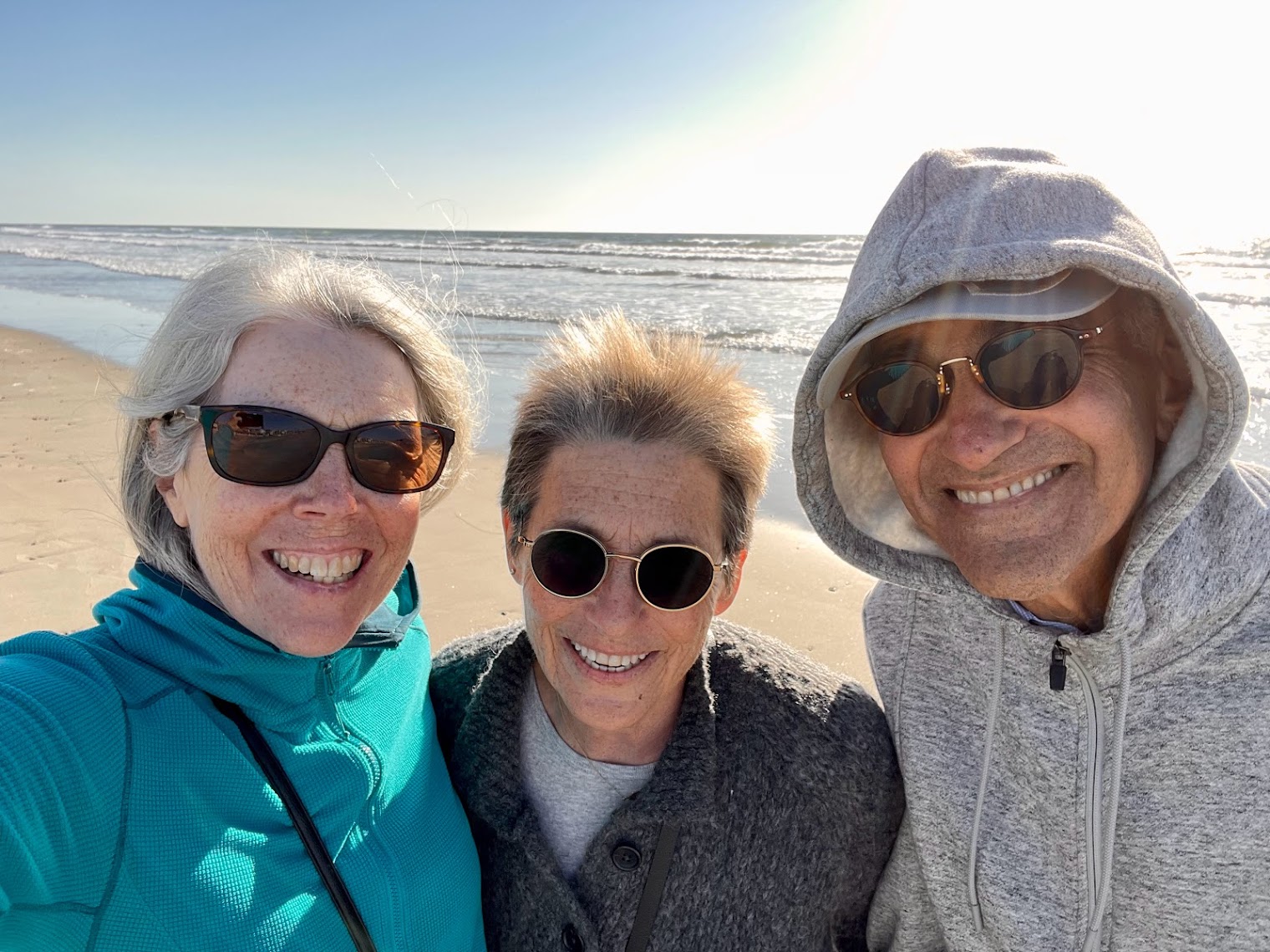
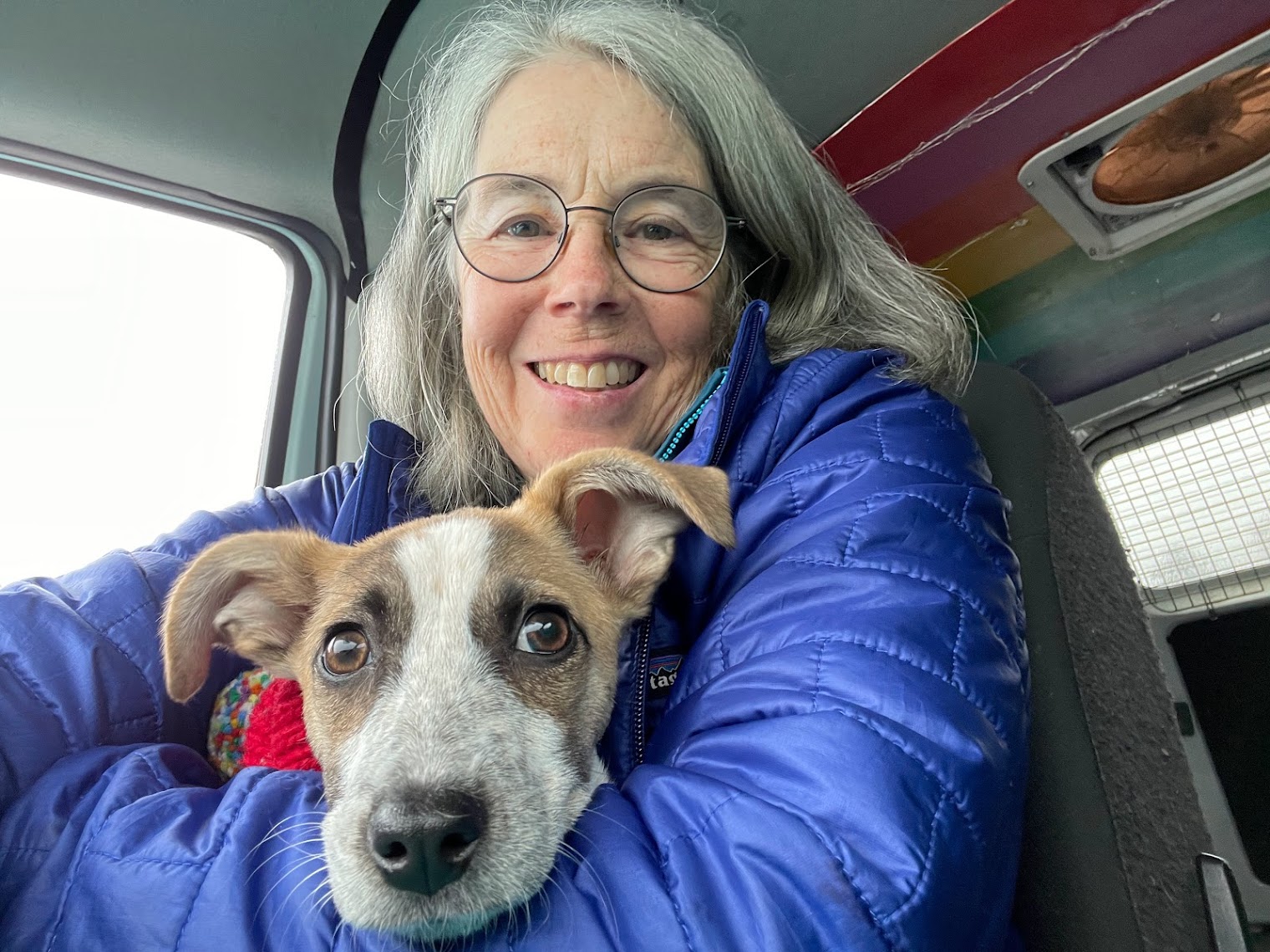
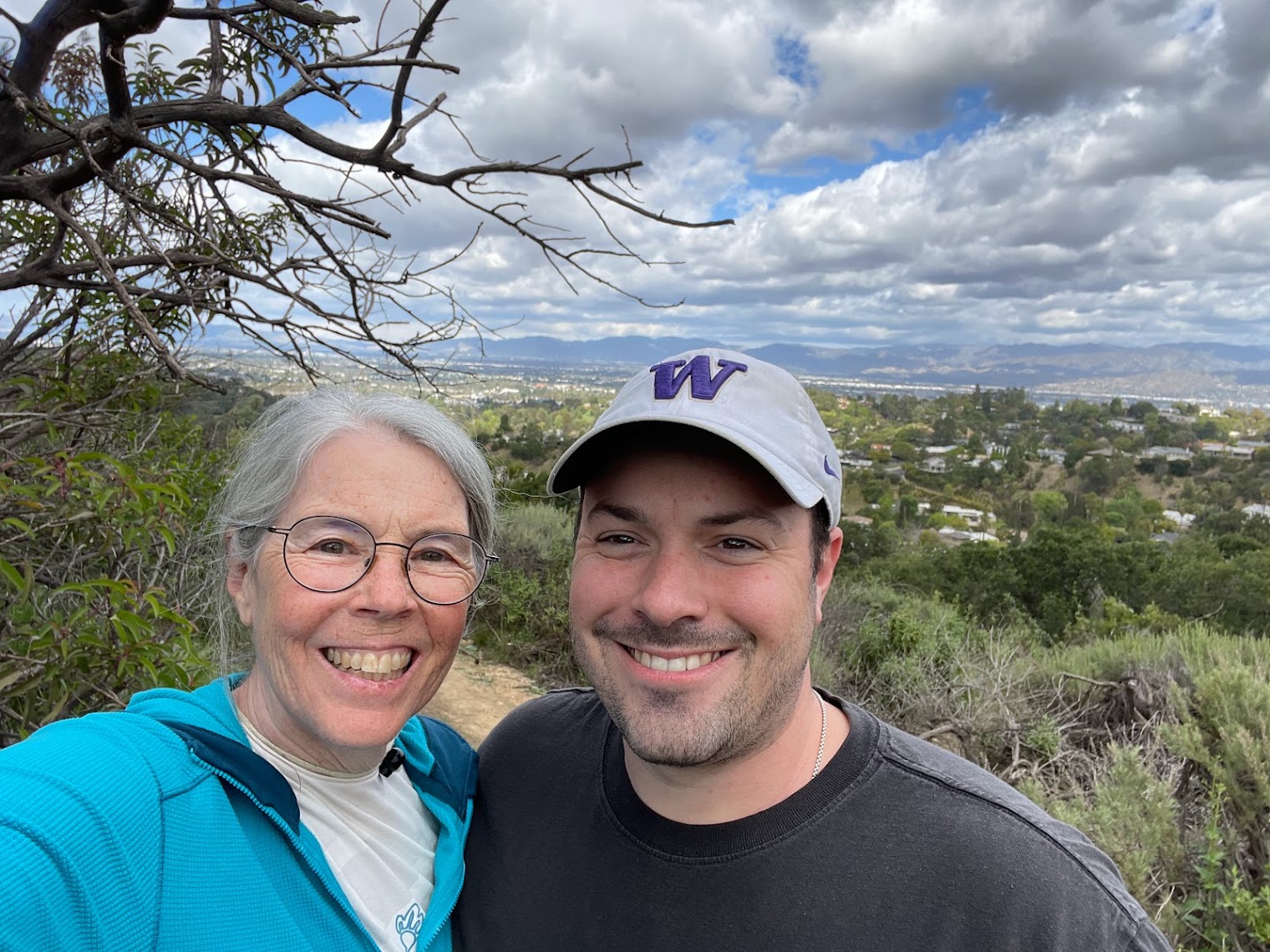



Advice for recapturing life and passions
Esther, TPS: What advice would you give to other patients, [as well as] their care partners, who are trying to recapture their own zest for life, their own passions? Fortunately, as you said, for you [it] was up and down. It didn’t destroy your spirit.
You figured out how to move on and do the things you love. How would you advise people who are just starting on that journey of trying to get back to whatever it is that they love?
Shellie: First, there’s that level of acceptance. First, you have to really go through with what is. This is the journey you’re on, and it’s not what you hoped for or expected. Go through it, and when ready, be willing to take it slow. Maybe it’s not exactly how you did it before. Maybe it’s even better. Know what your passions are.
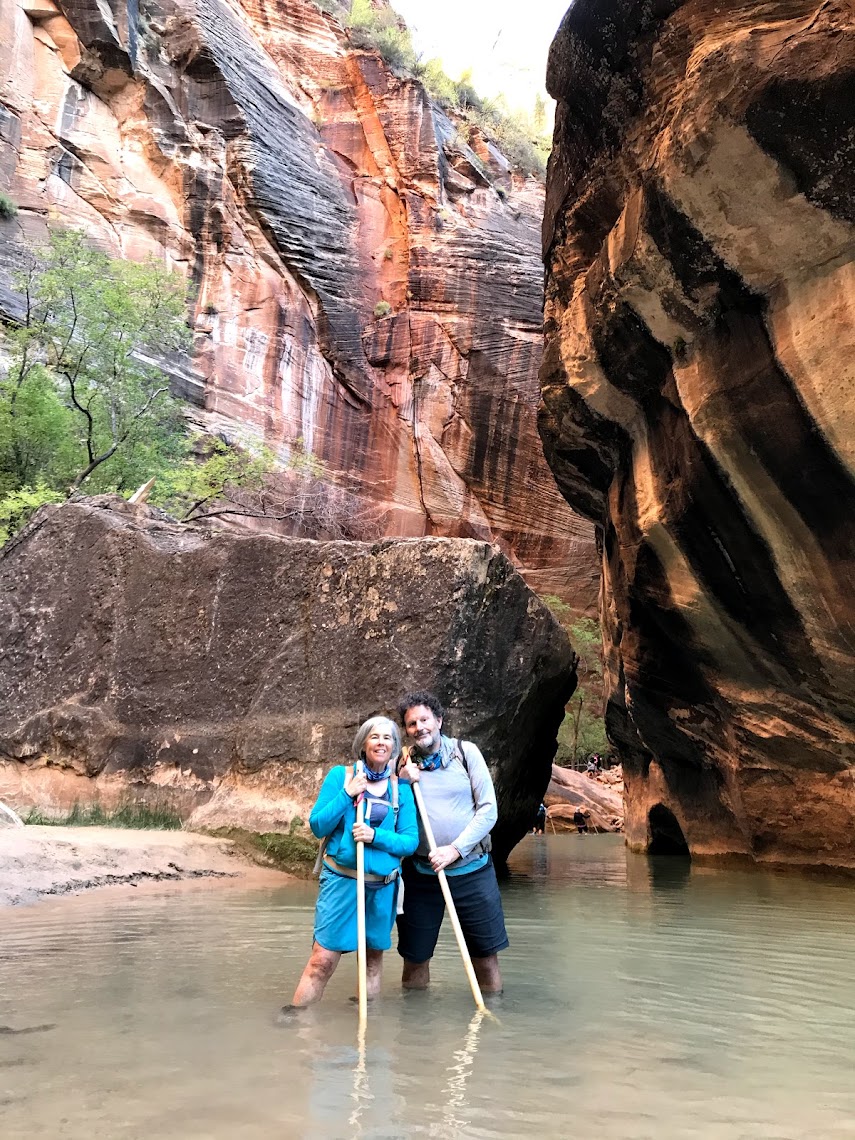
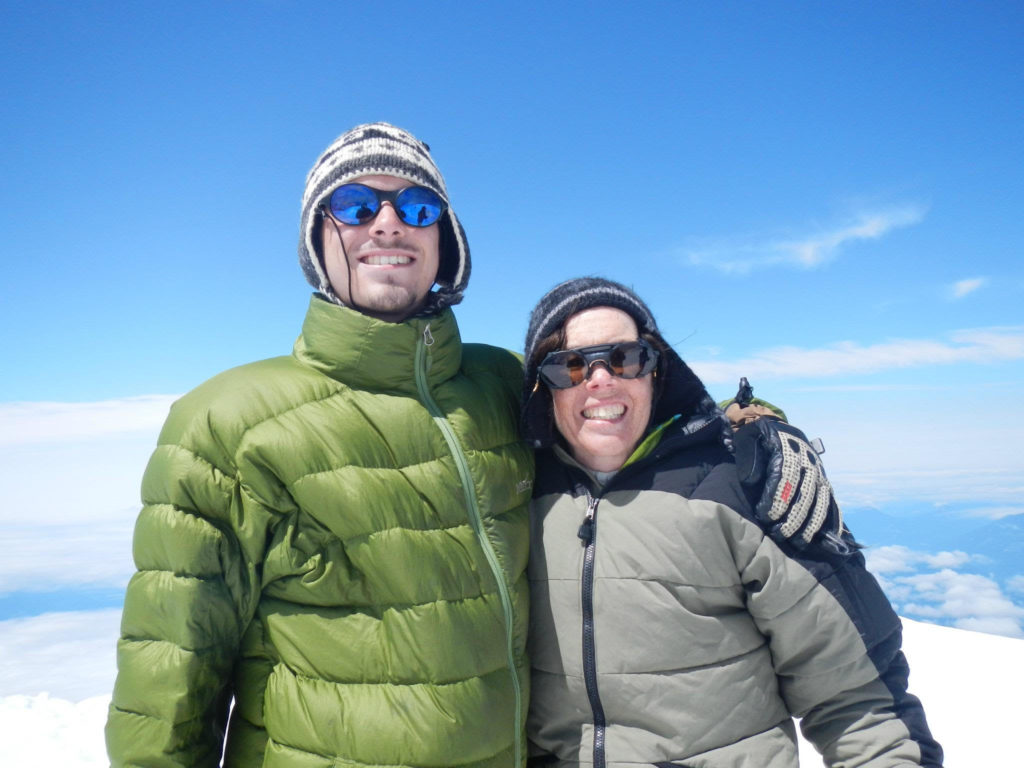

Maybe some of that has changed. Maybe what you thought you enjoyed doing, not so much anymore, and something else has taken its place. In general, kindness to oneself in going back and doing things, and just that little reminder of gratitude. What do we want to make today be? Some days it won’t be a lot, and that’s okay, too. I think that that’s a really important one.
Esther, TPS: Shellie, I really appreciate you sharing this story, not just with me, but with our other friends who are going to be hopefully listening and appreciating your story.
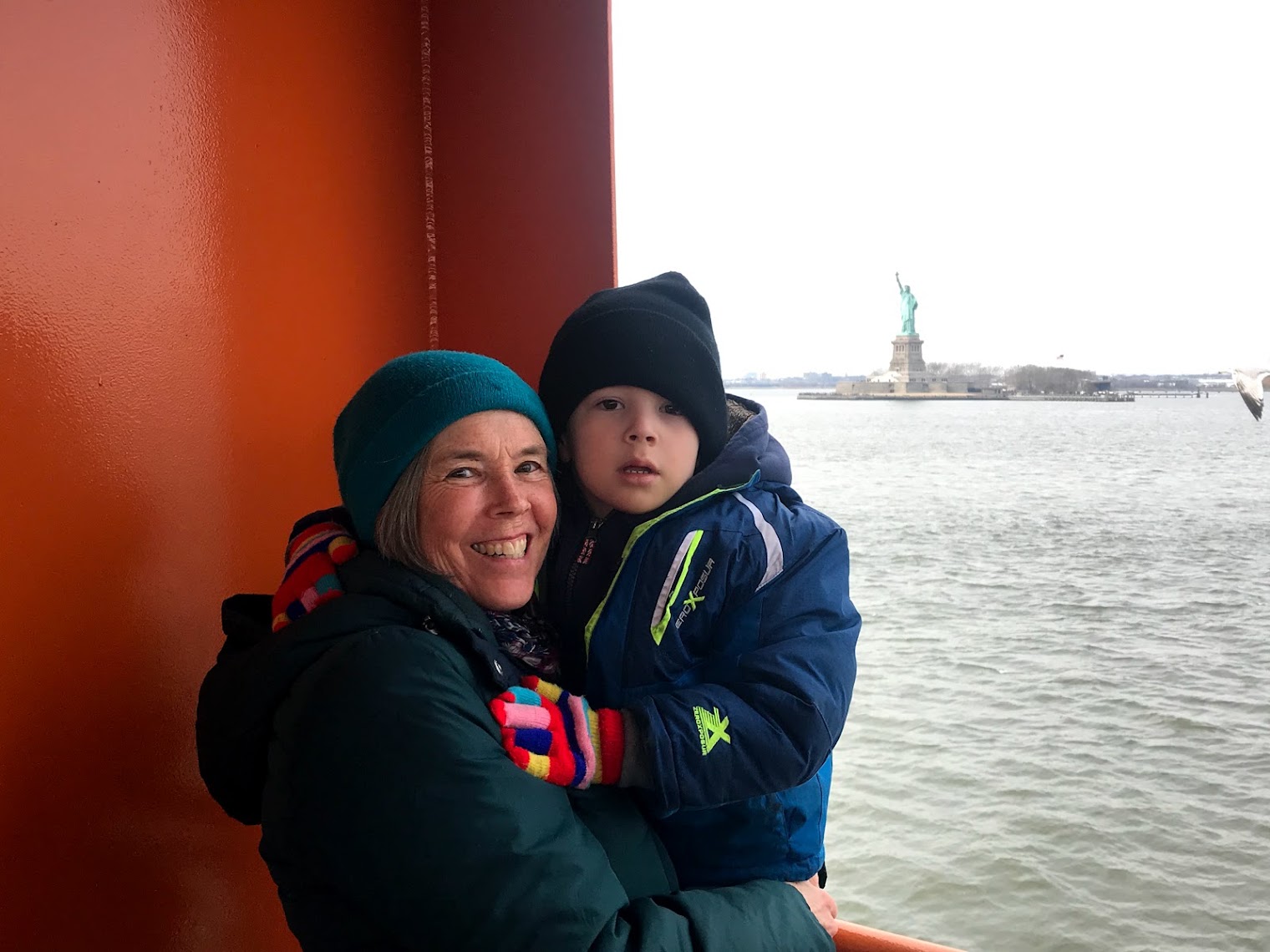
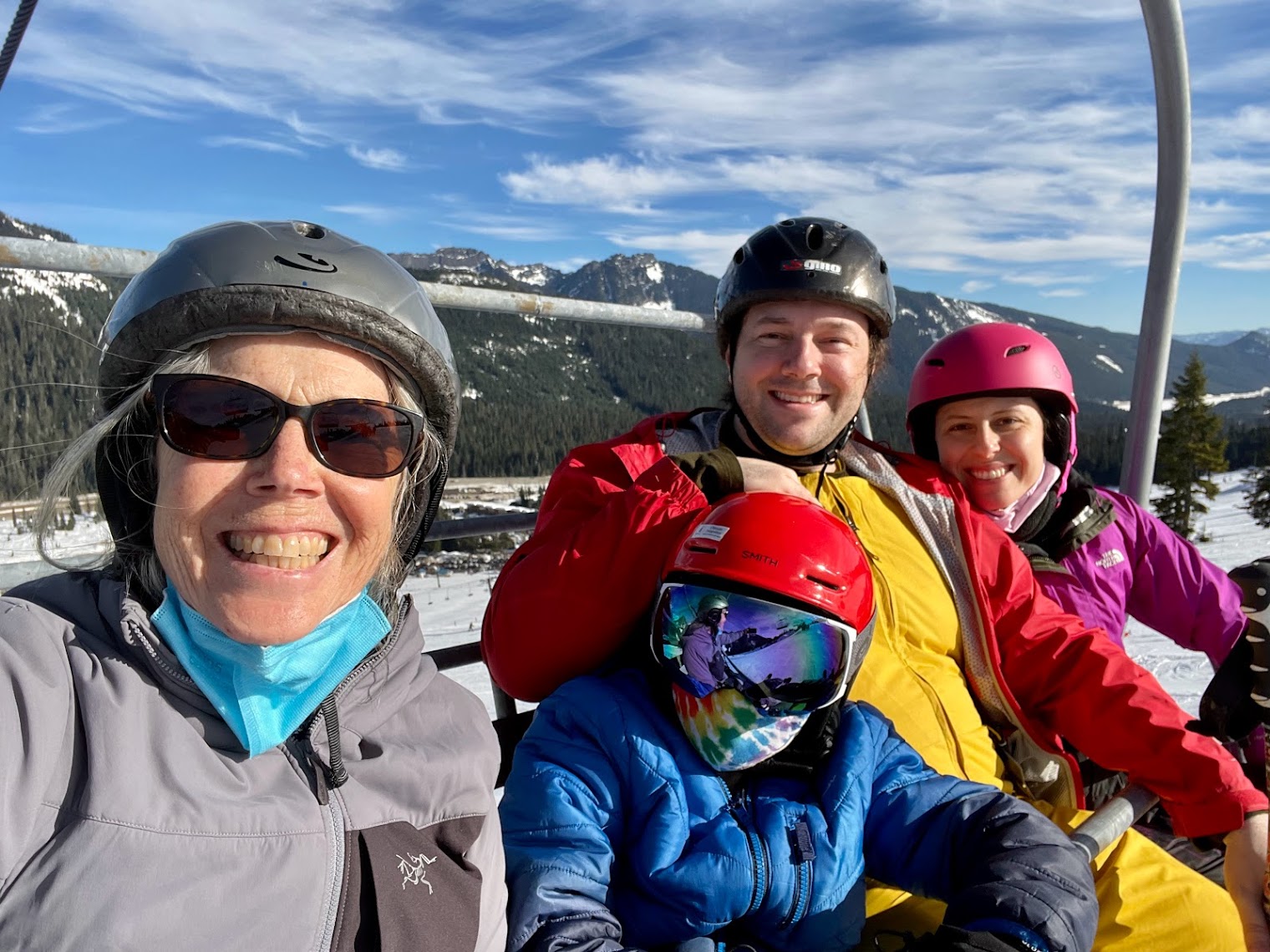
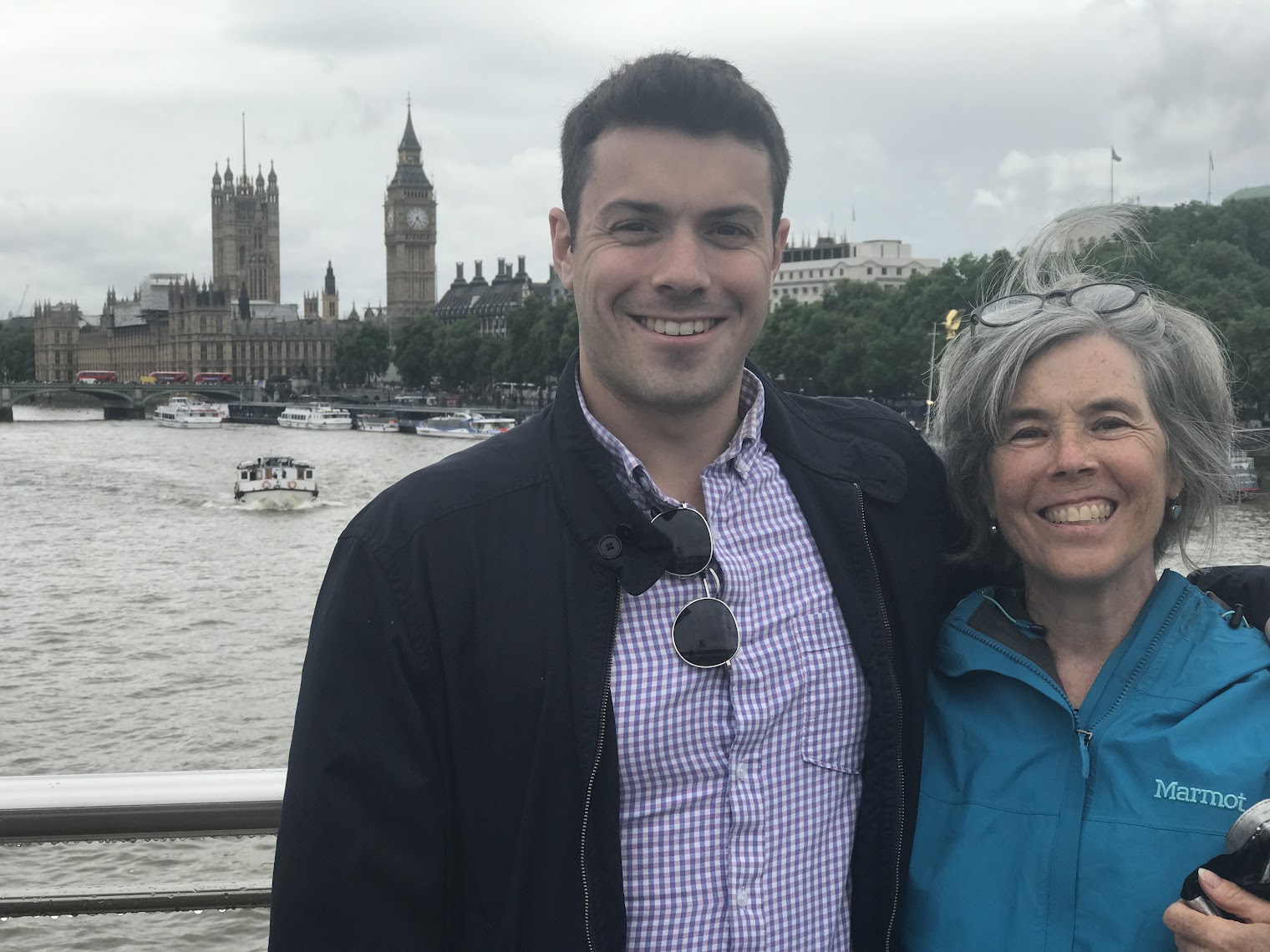
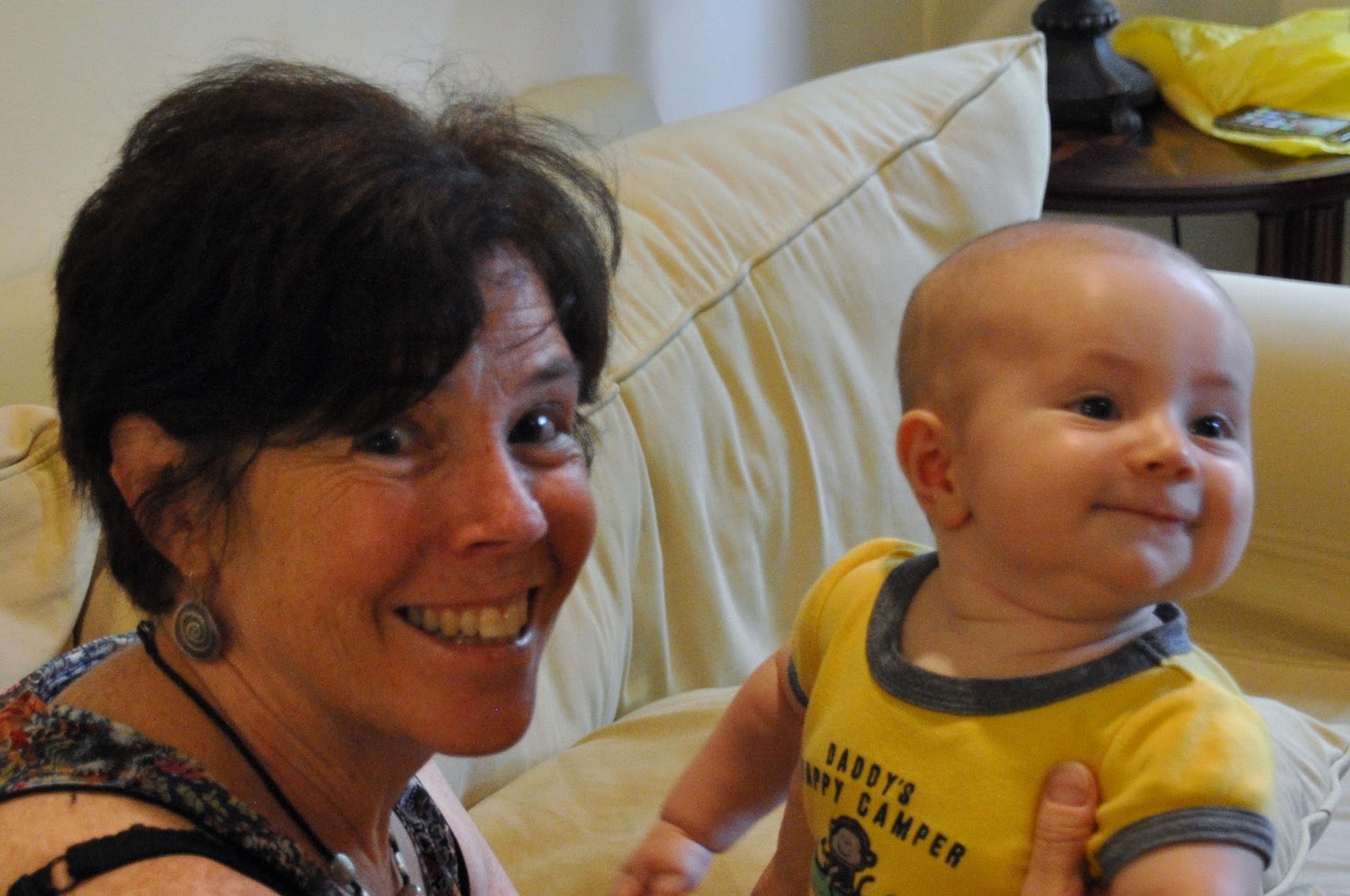
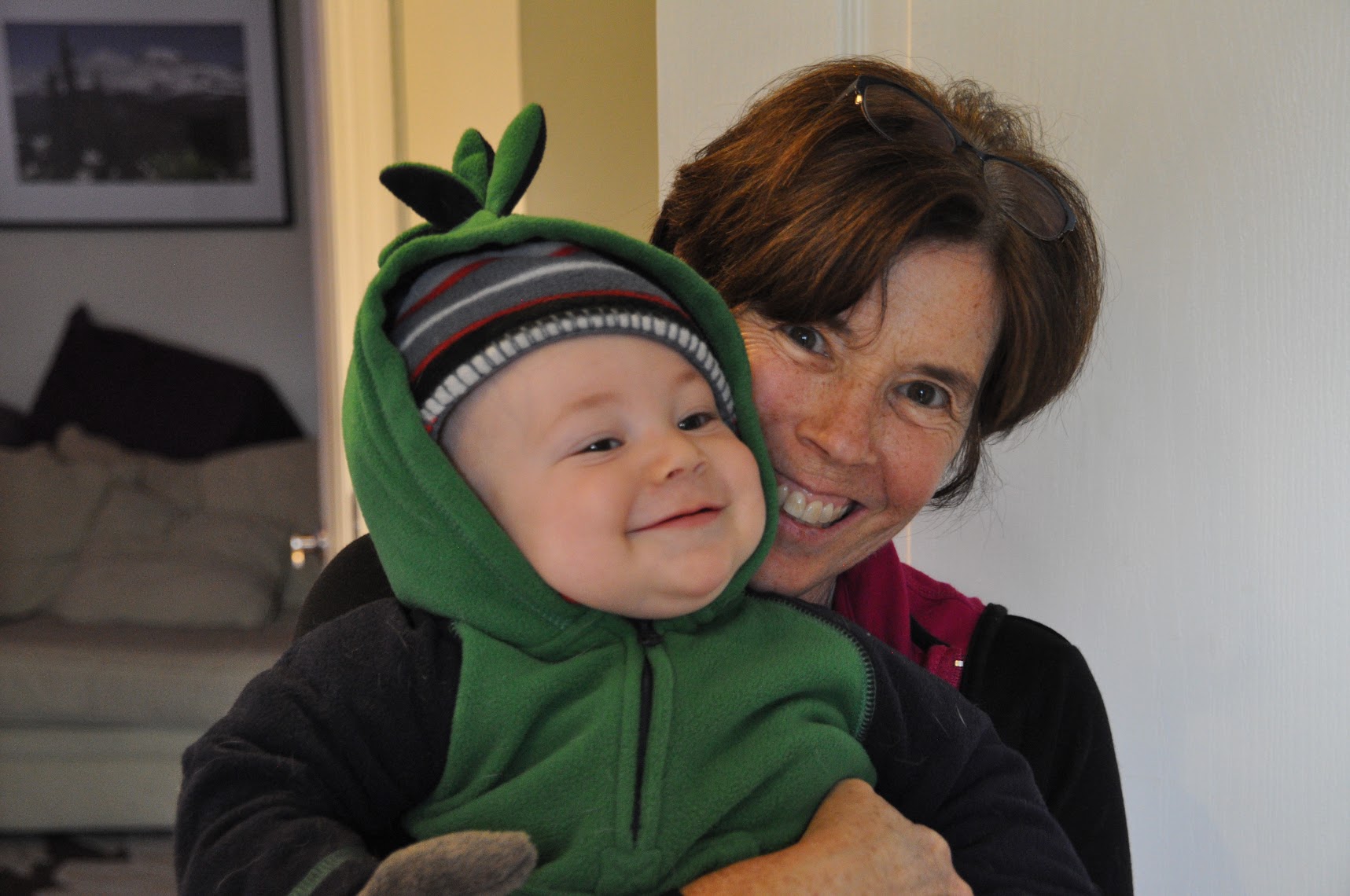
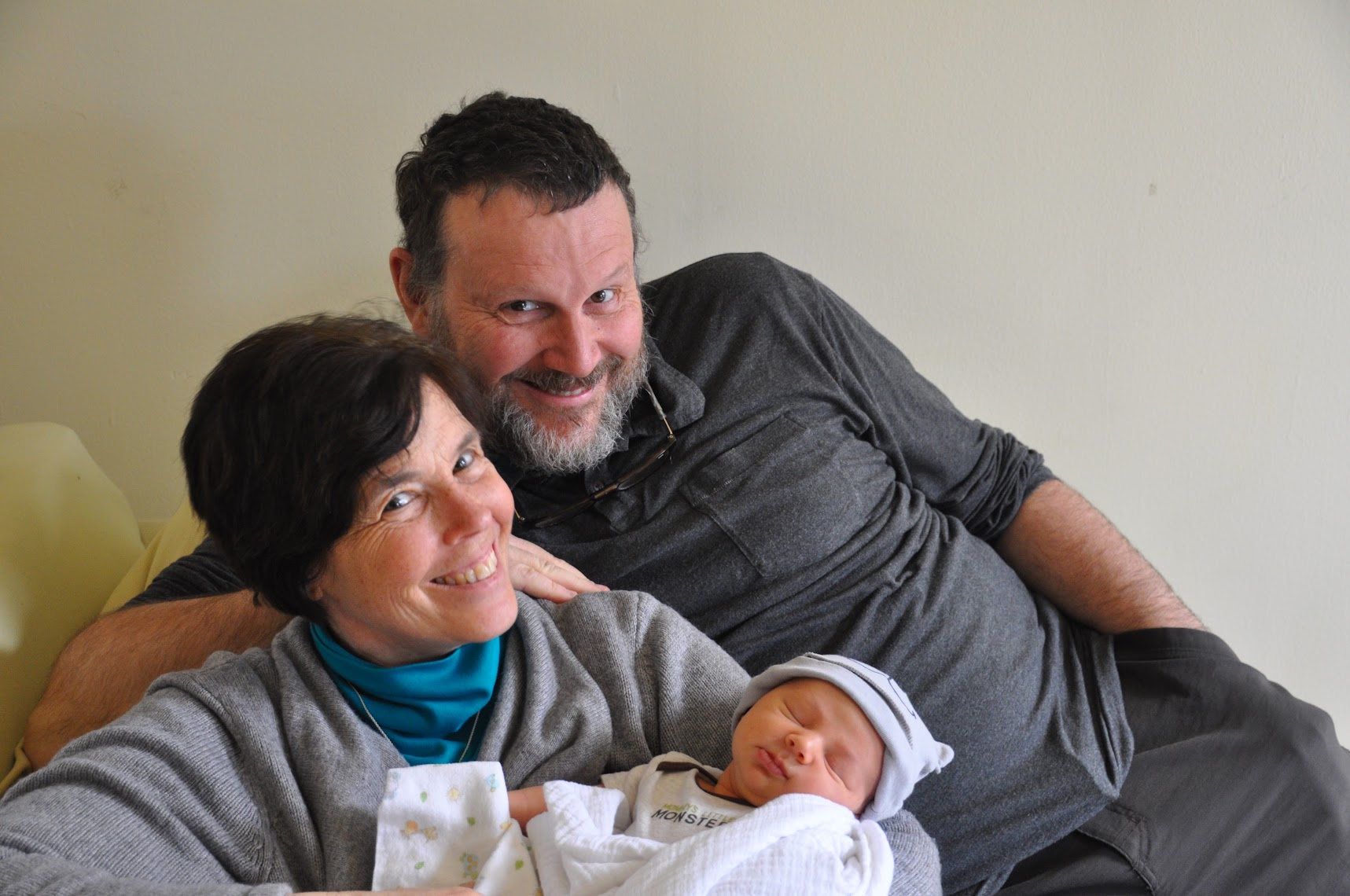
For those of you who are listening in, I hope that the stories that Andrew and I tell and that our friends like Shellie tell are helpful to you in navigating your own journey. We’ll look forward to having you join us for other stories with our Cancer Friends.
»MORE: Read more breast cancer stories
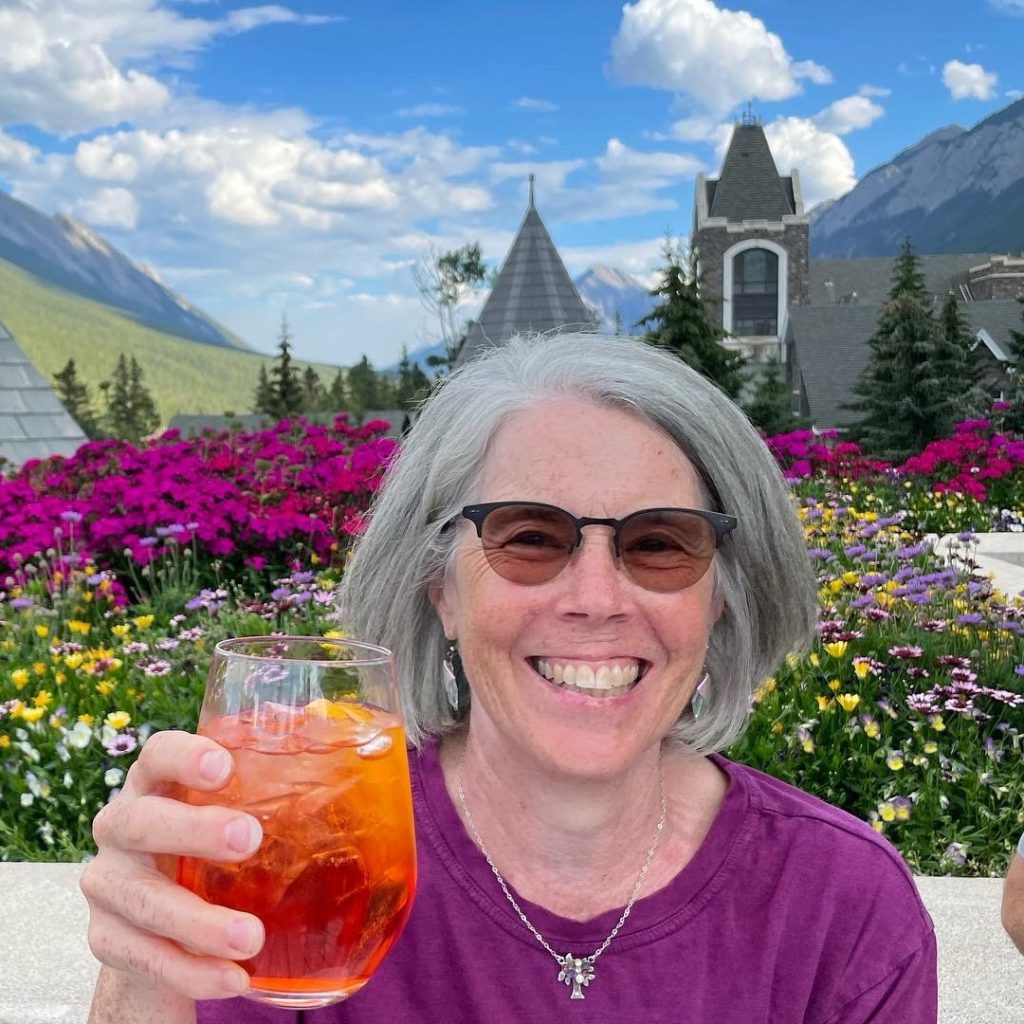
Inspired by Shellie's story?
Share your story, too!
